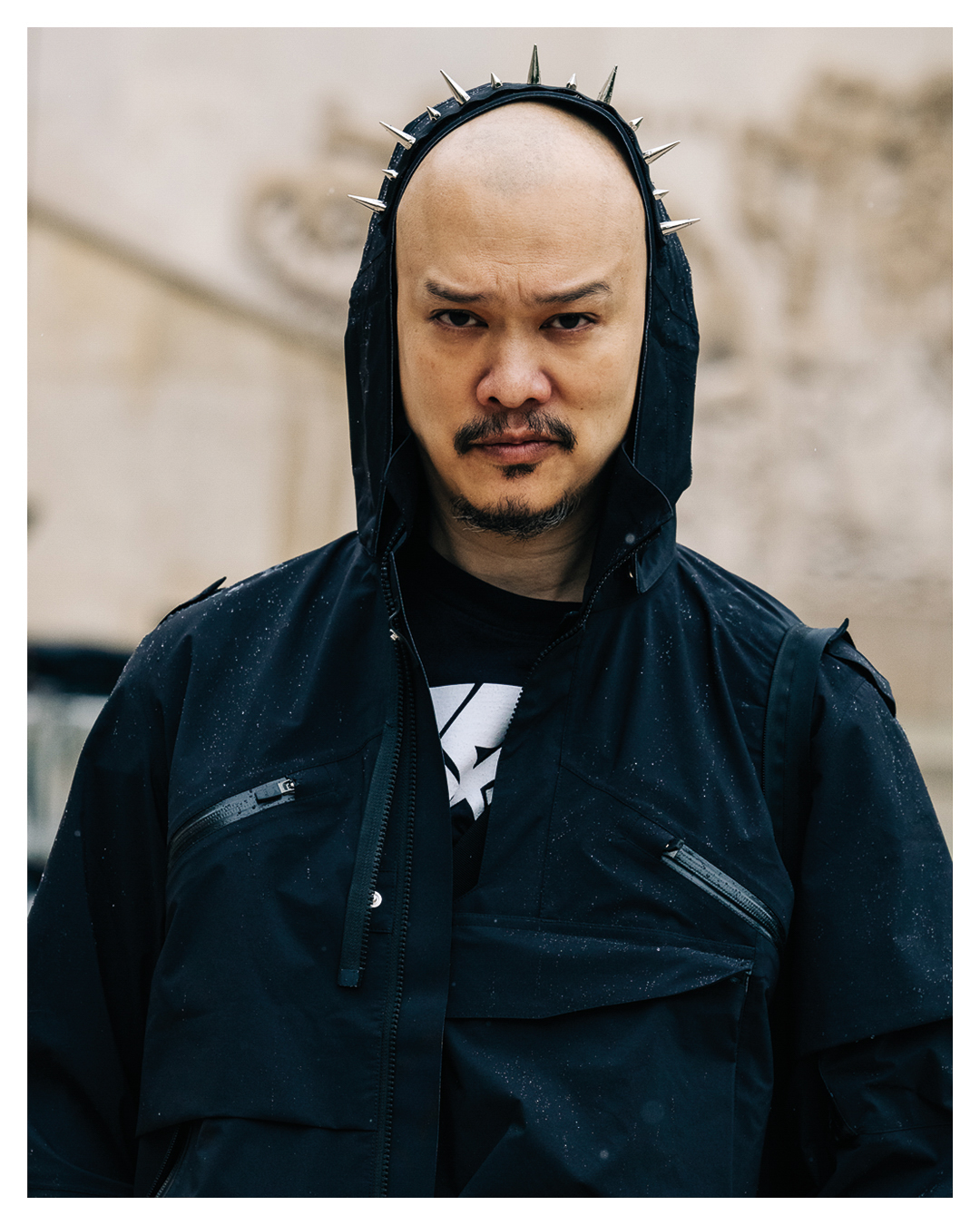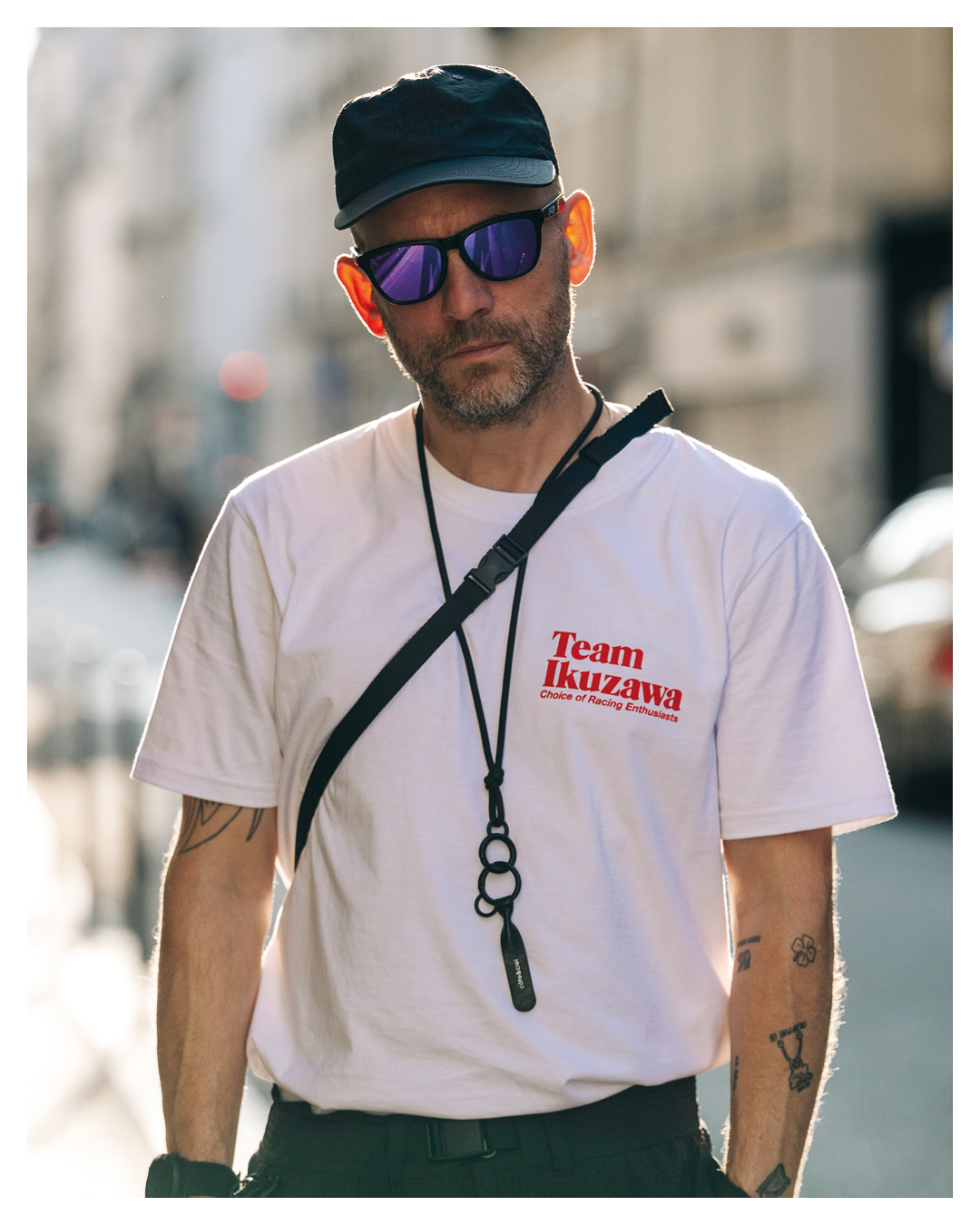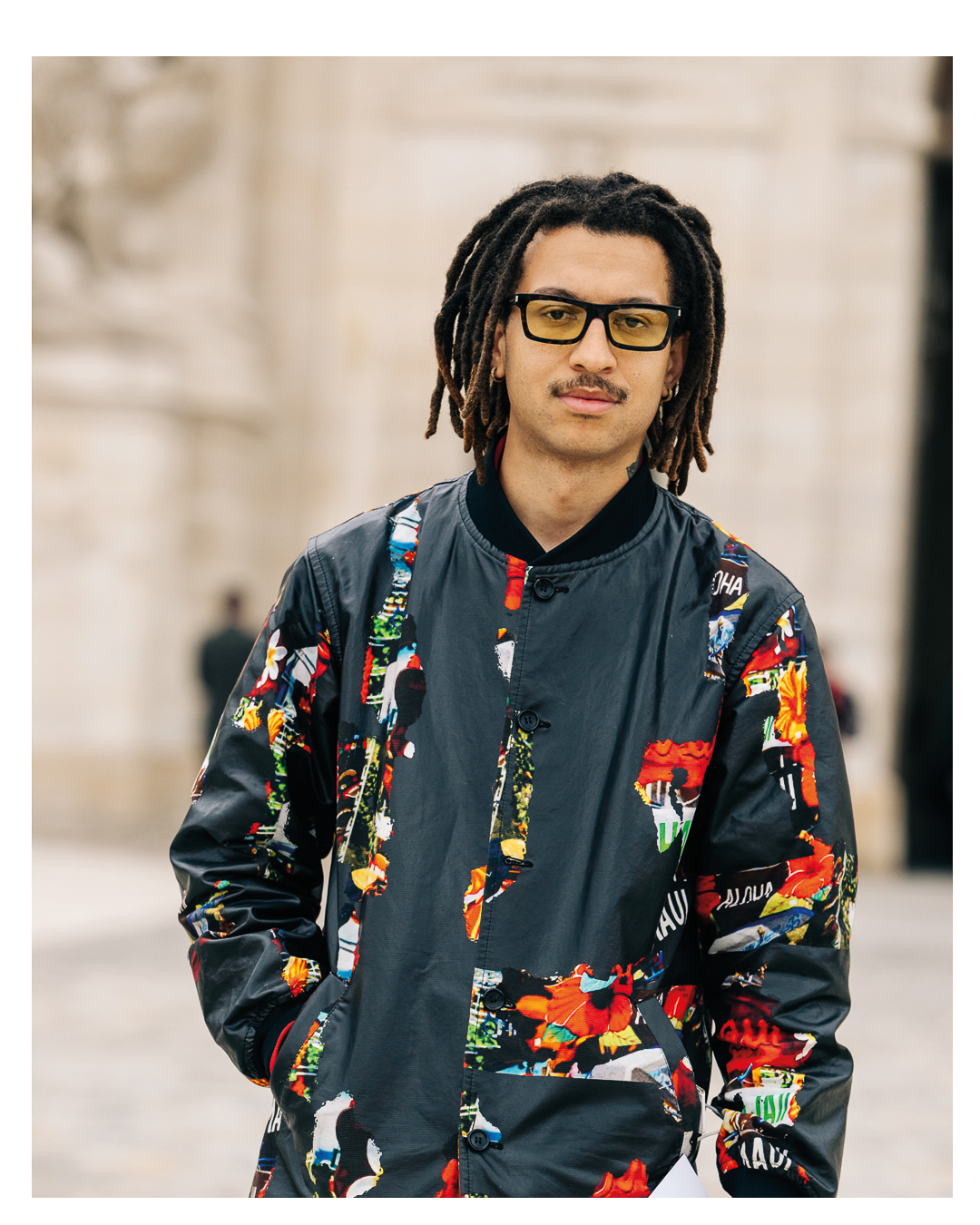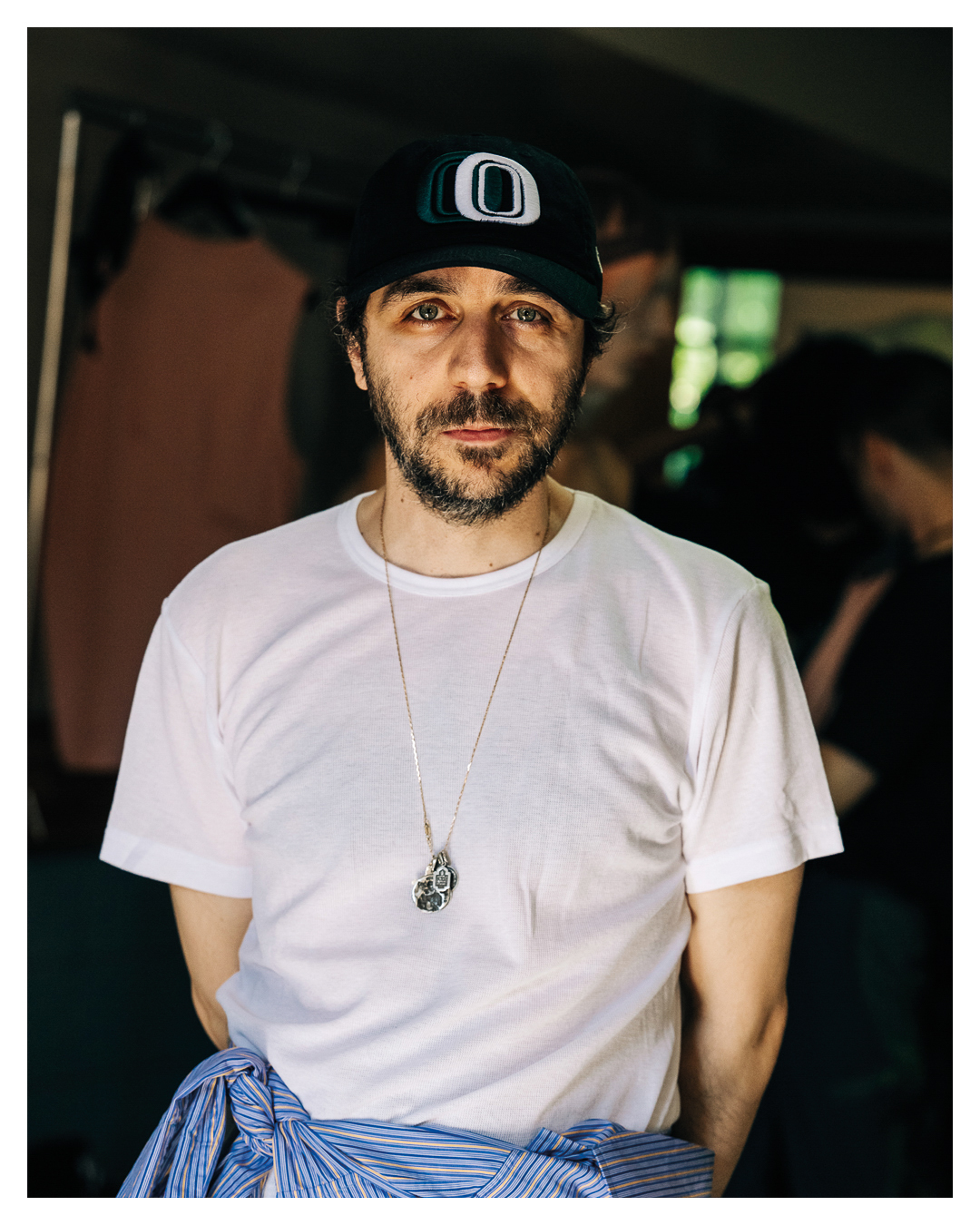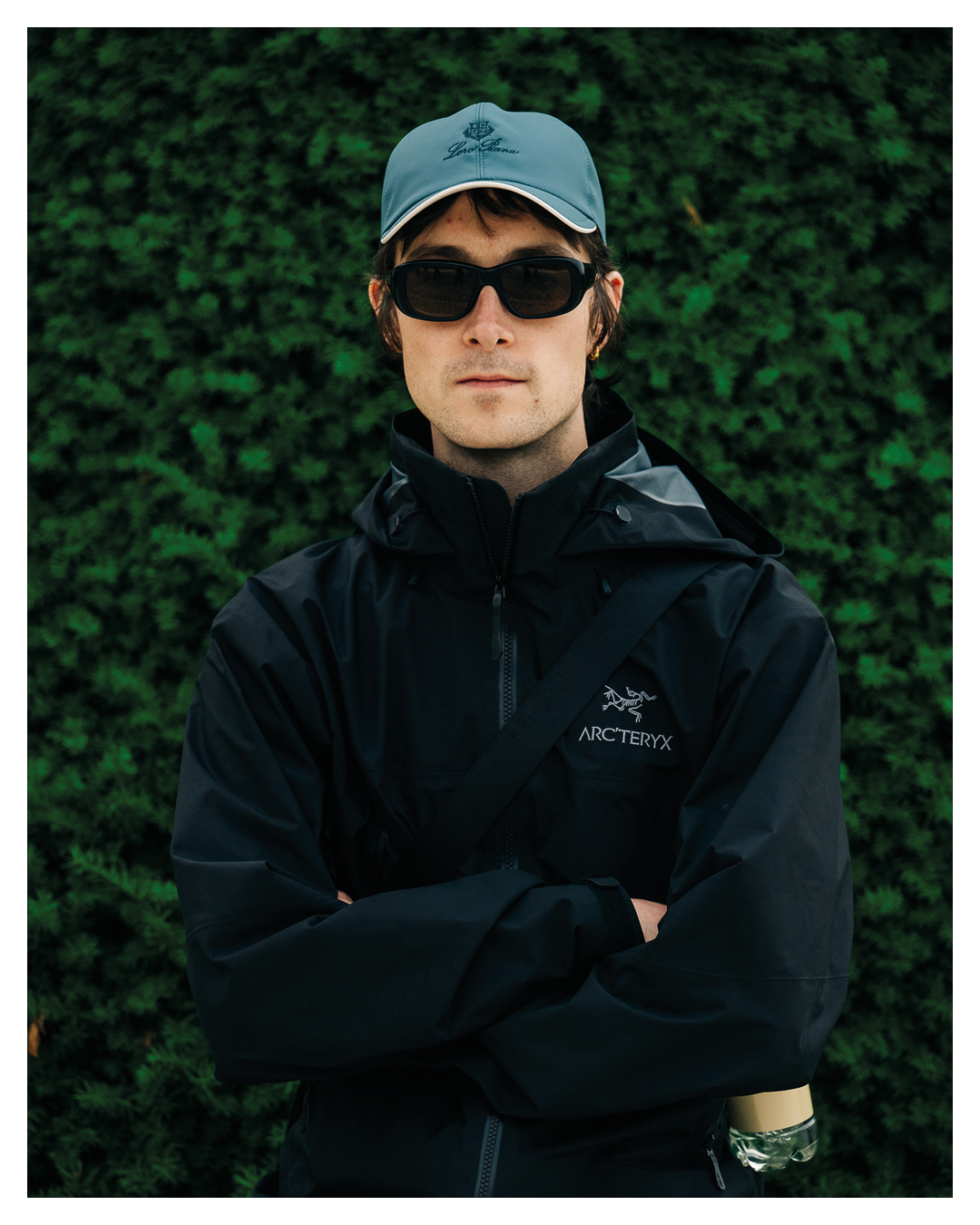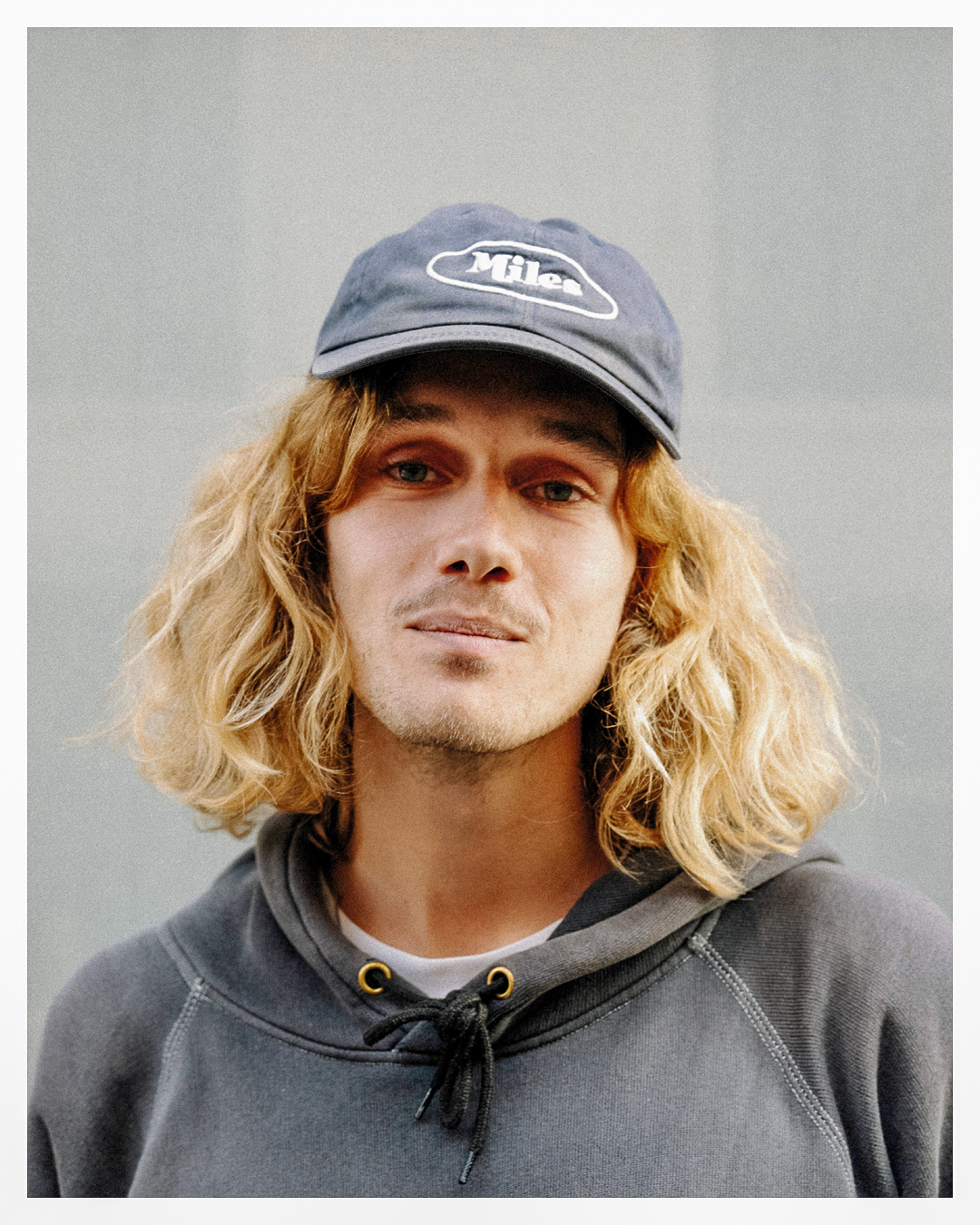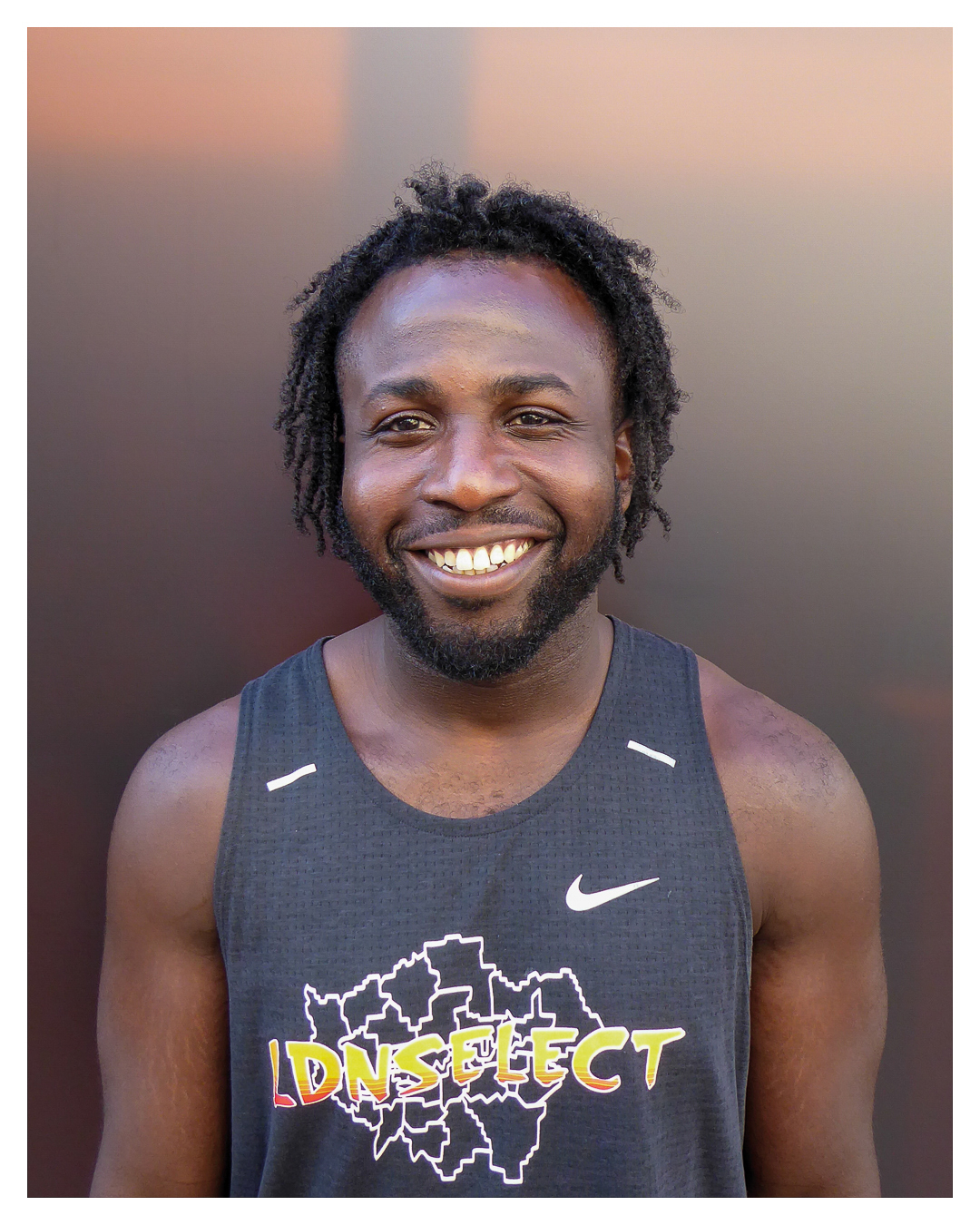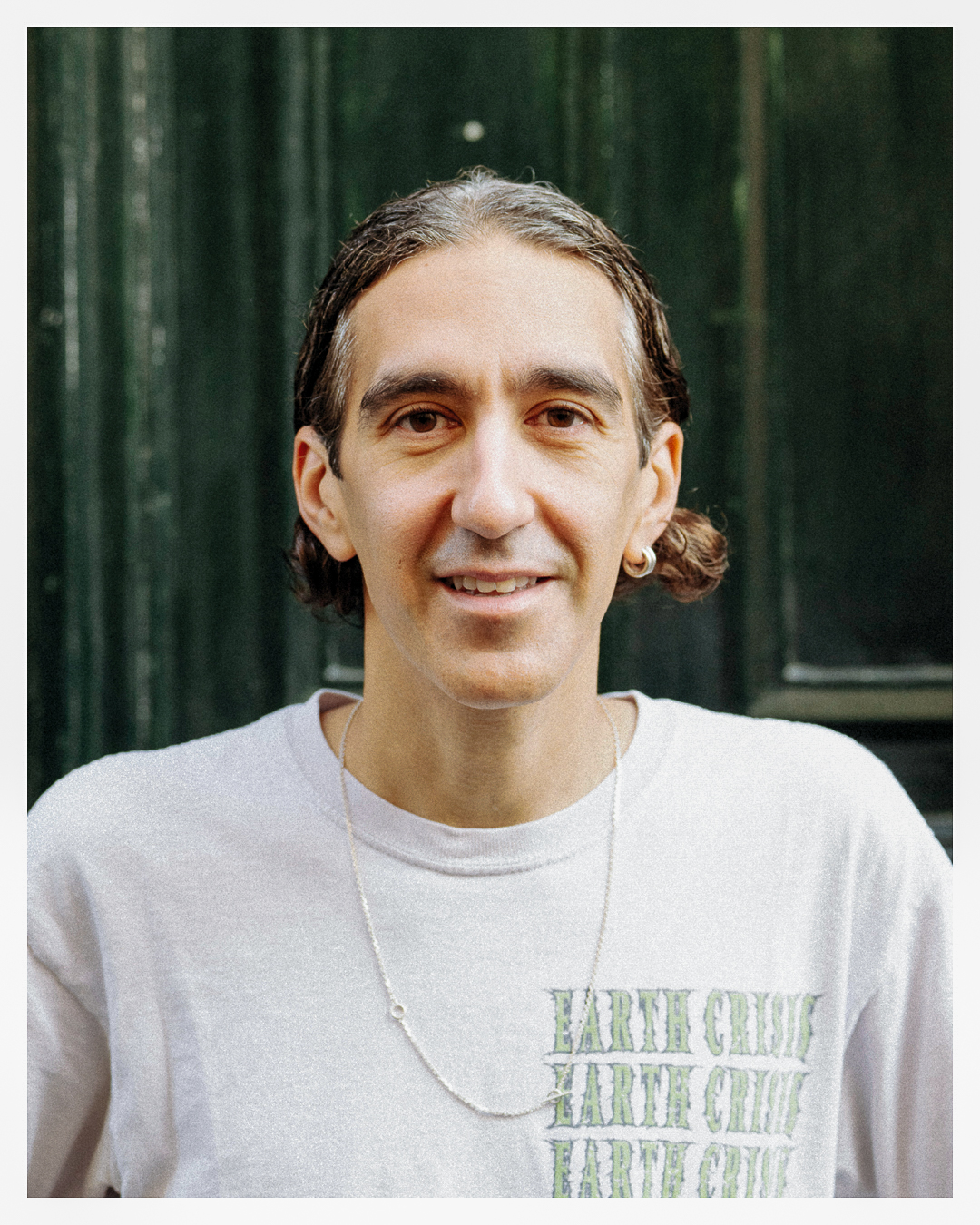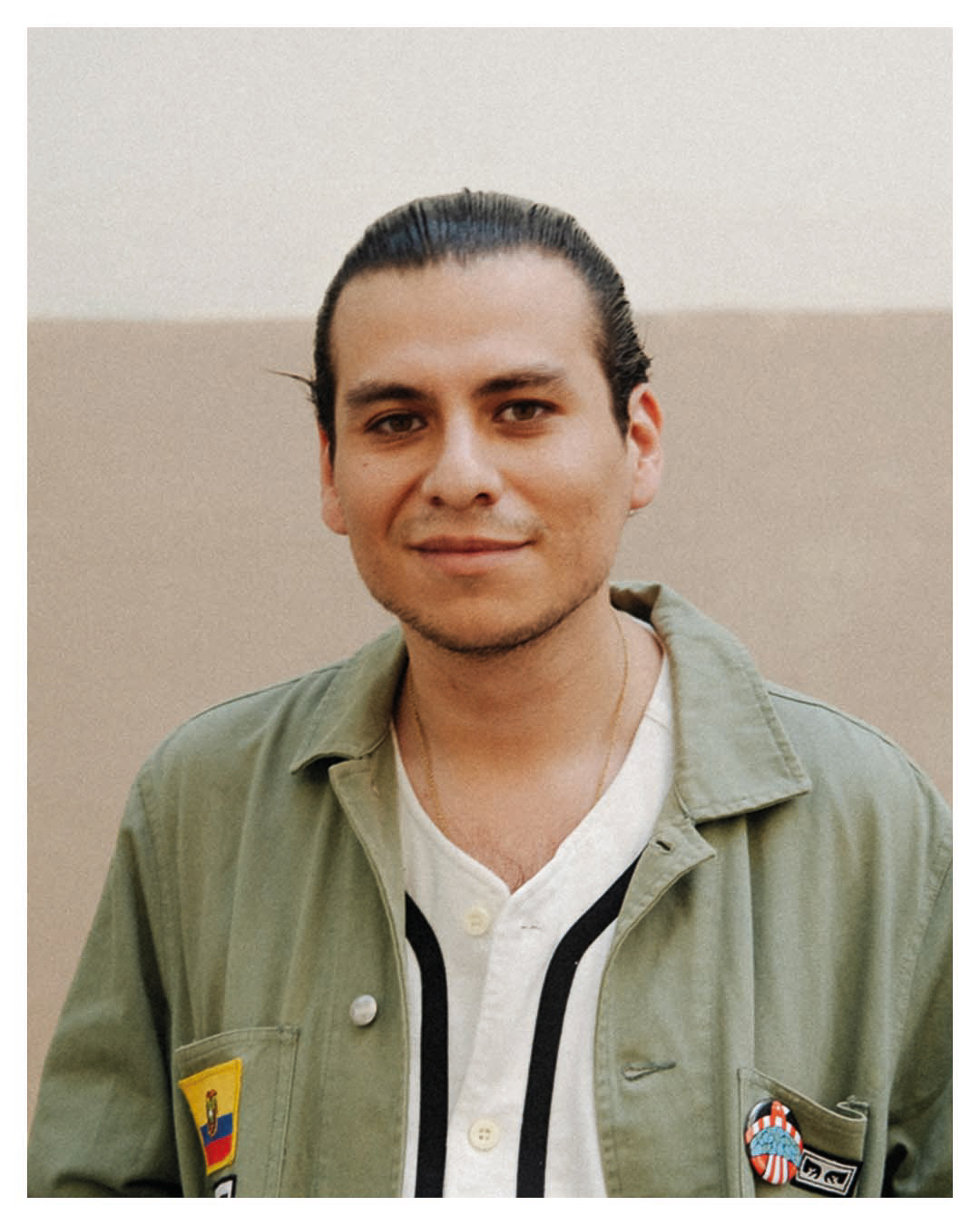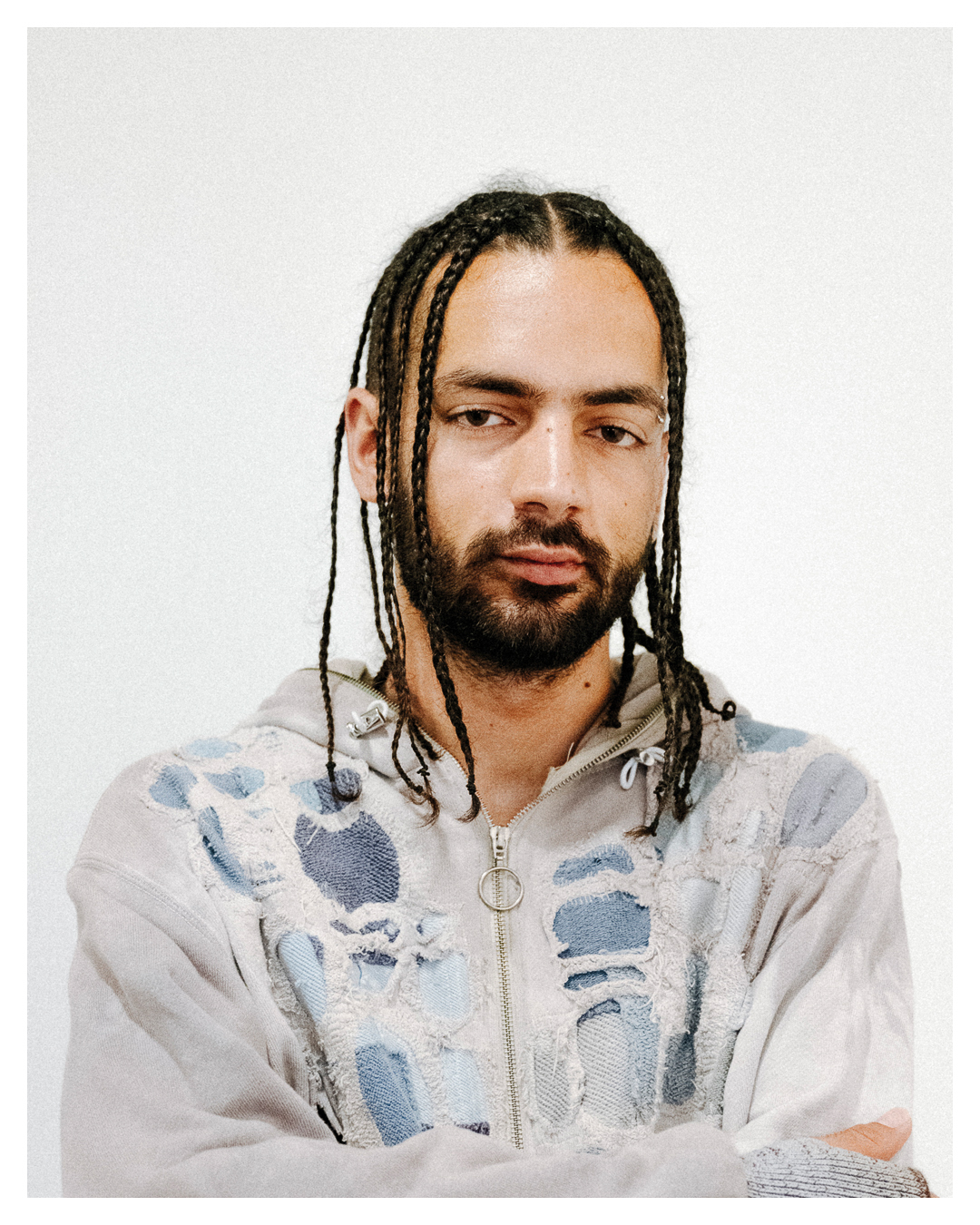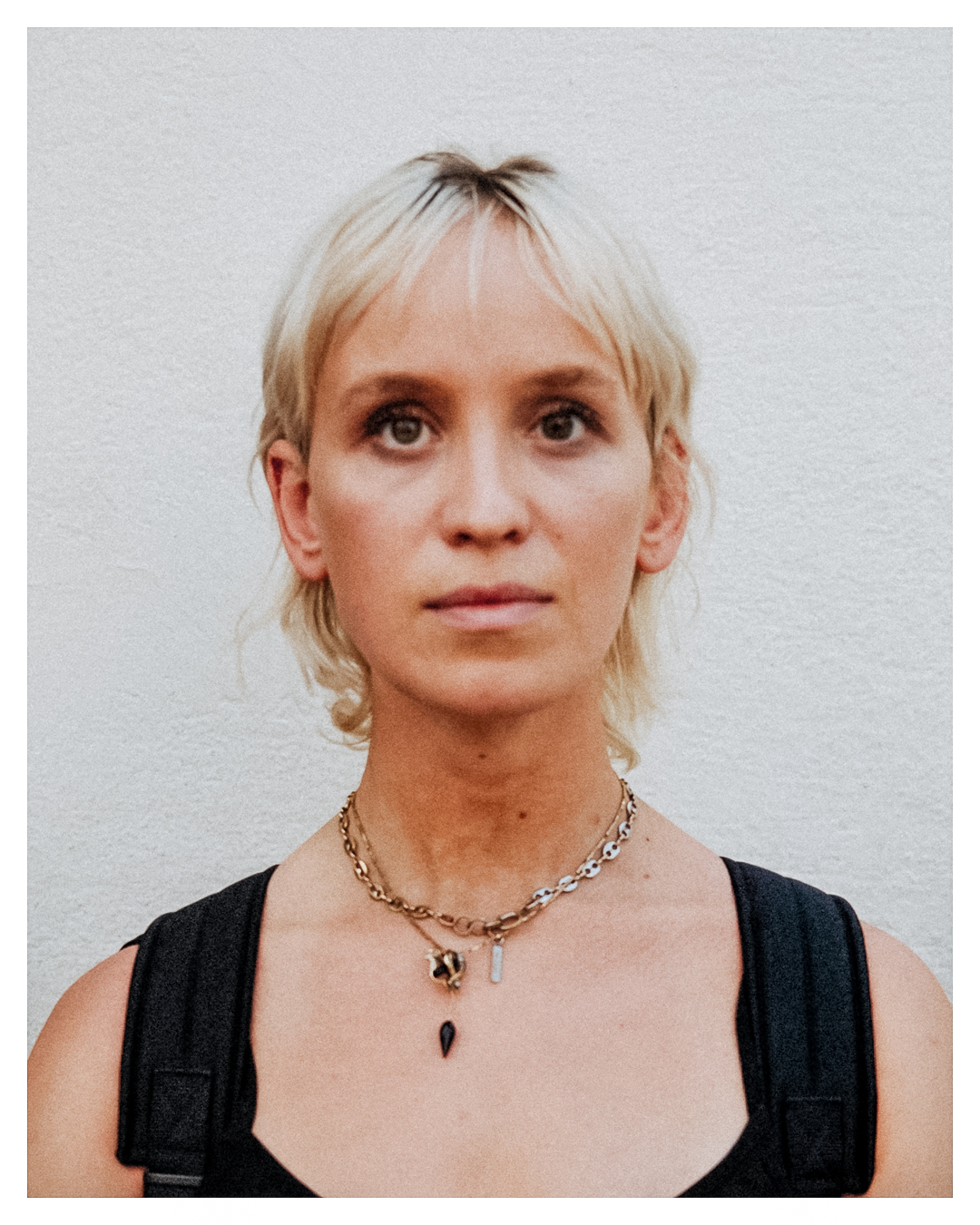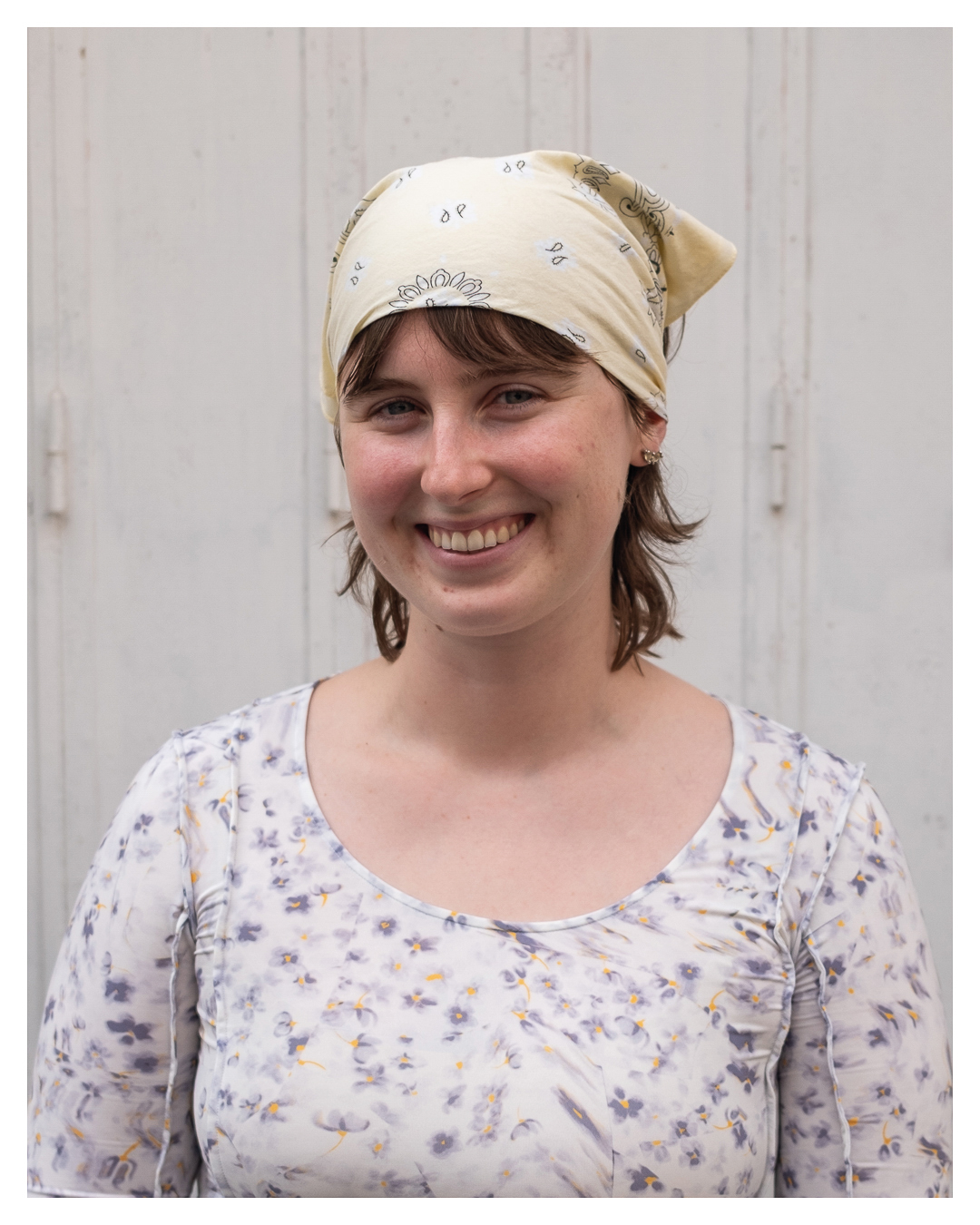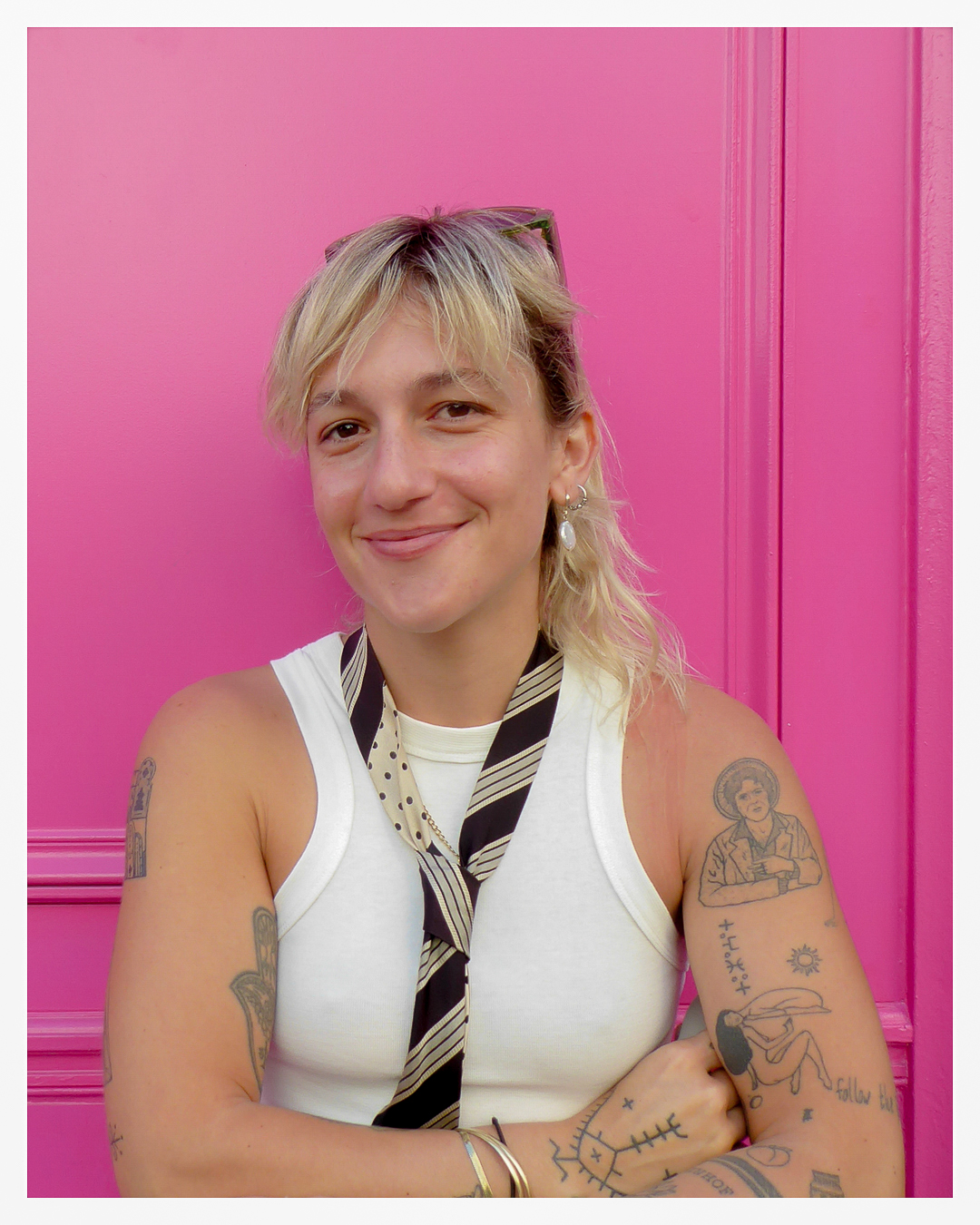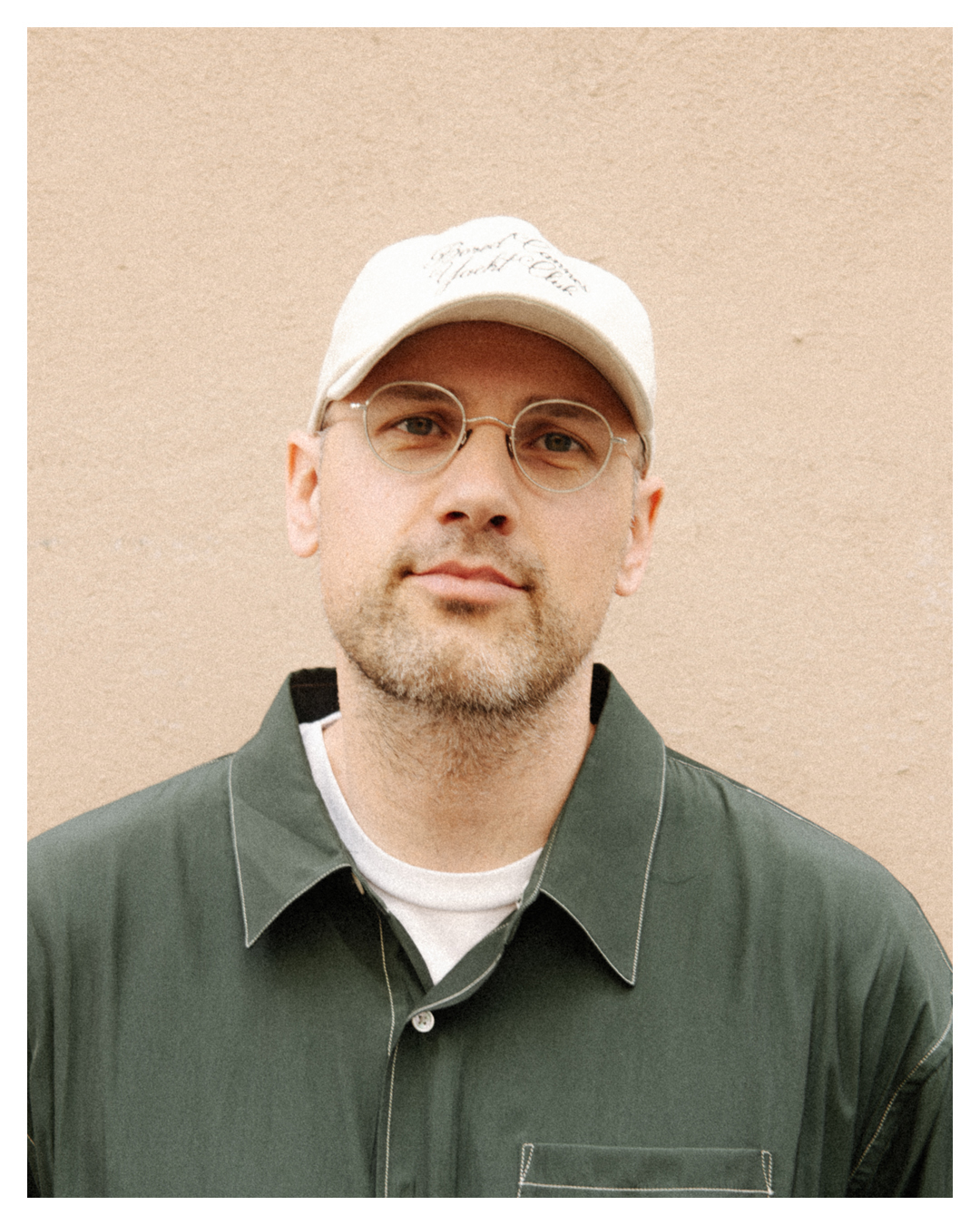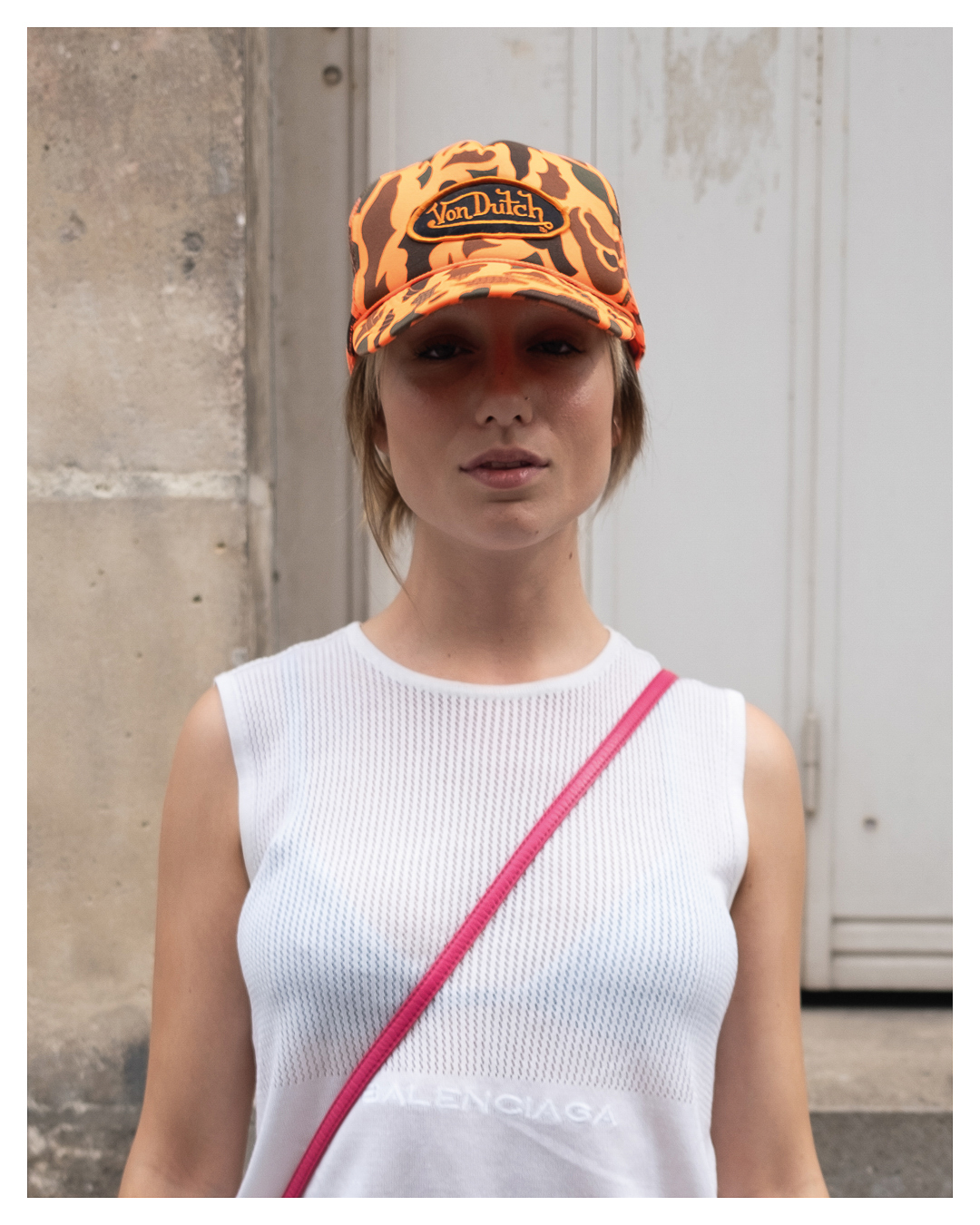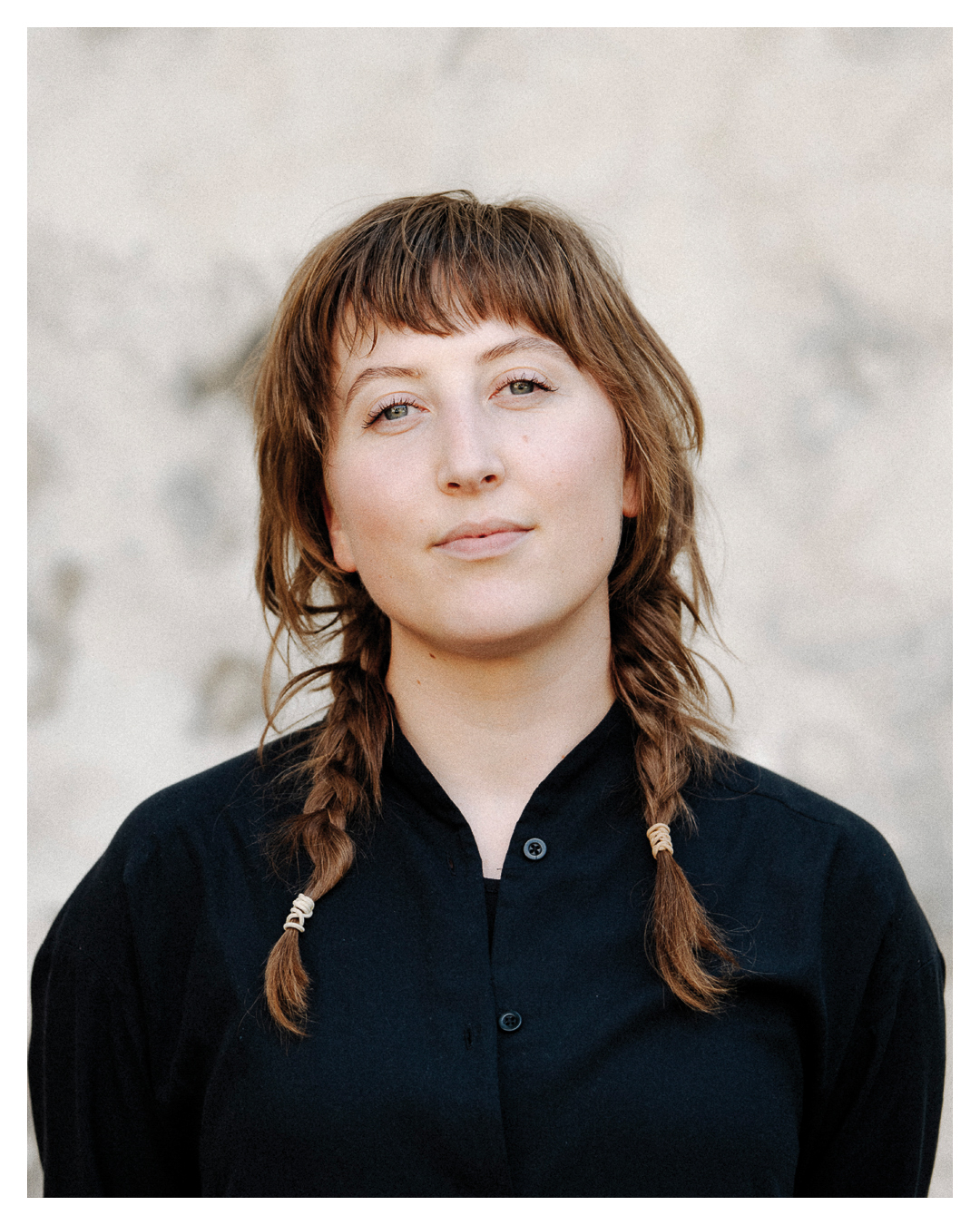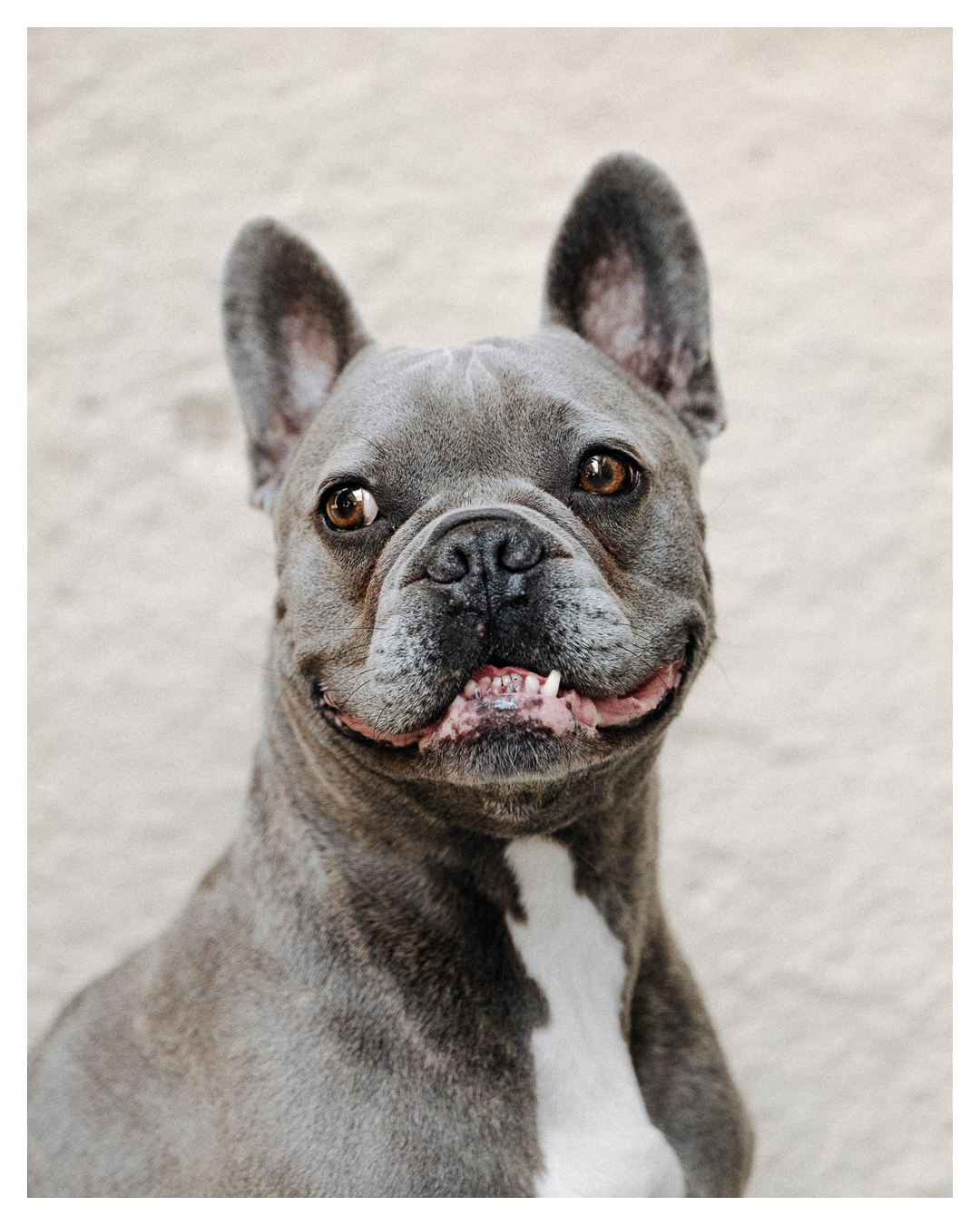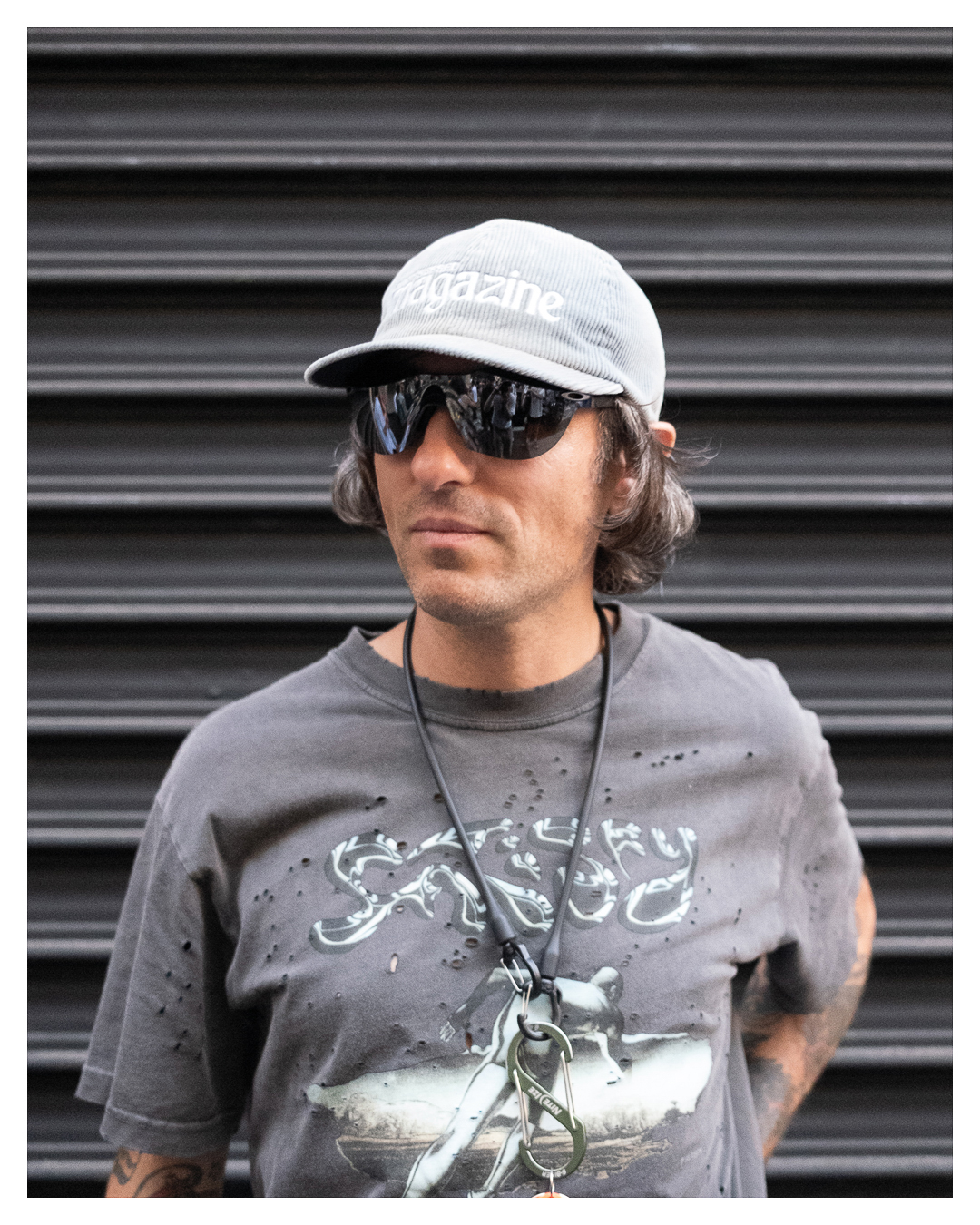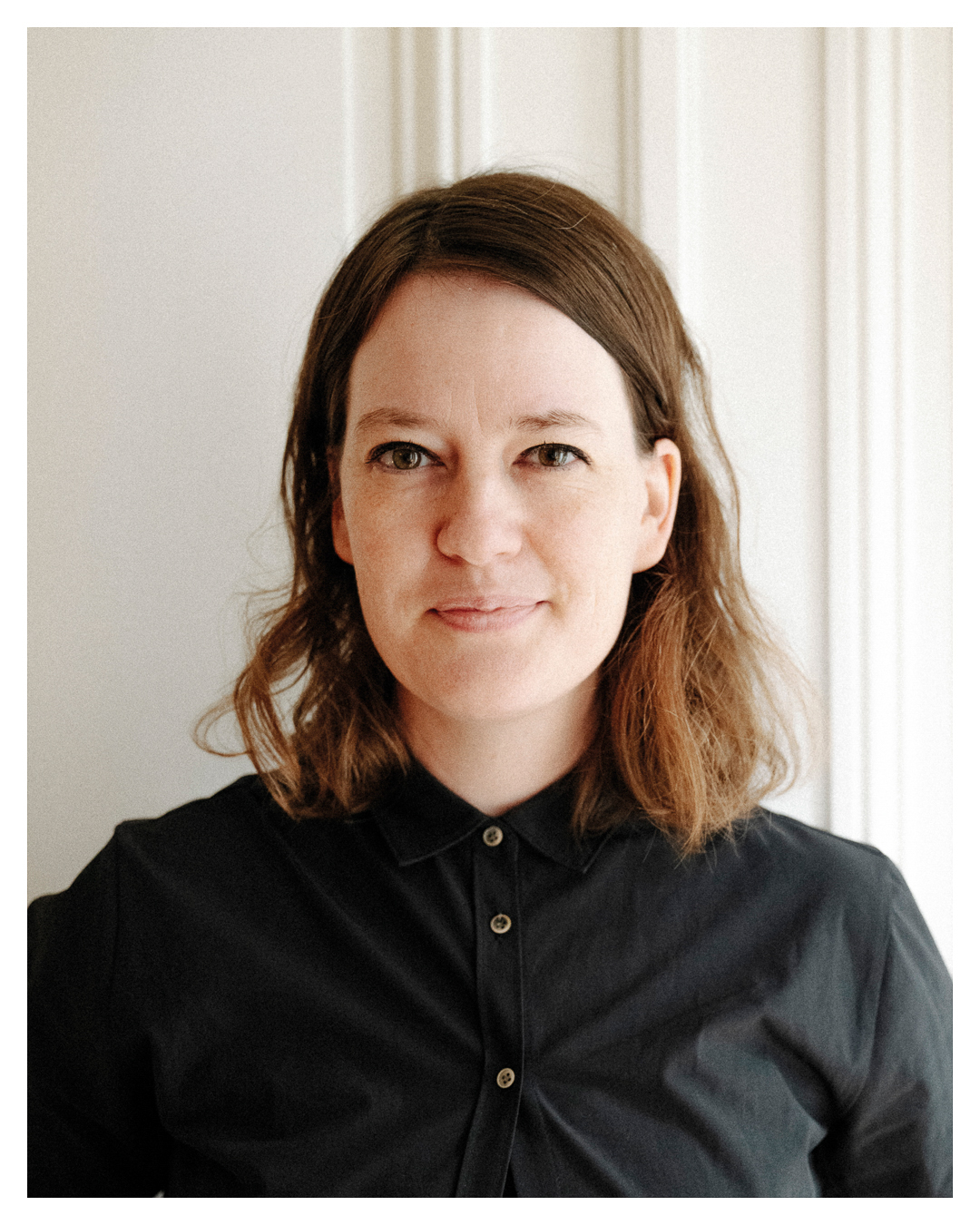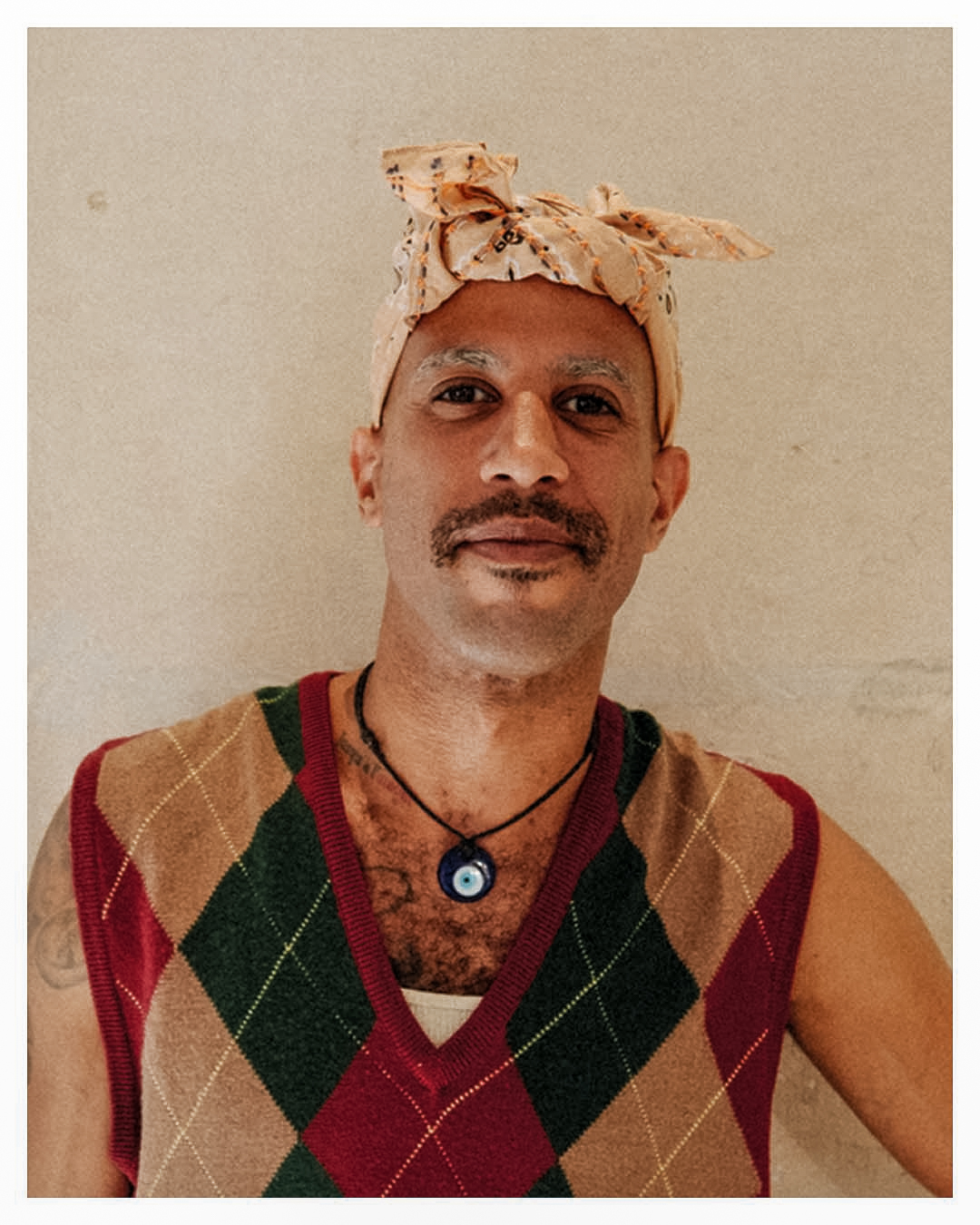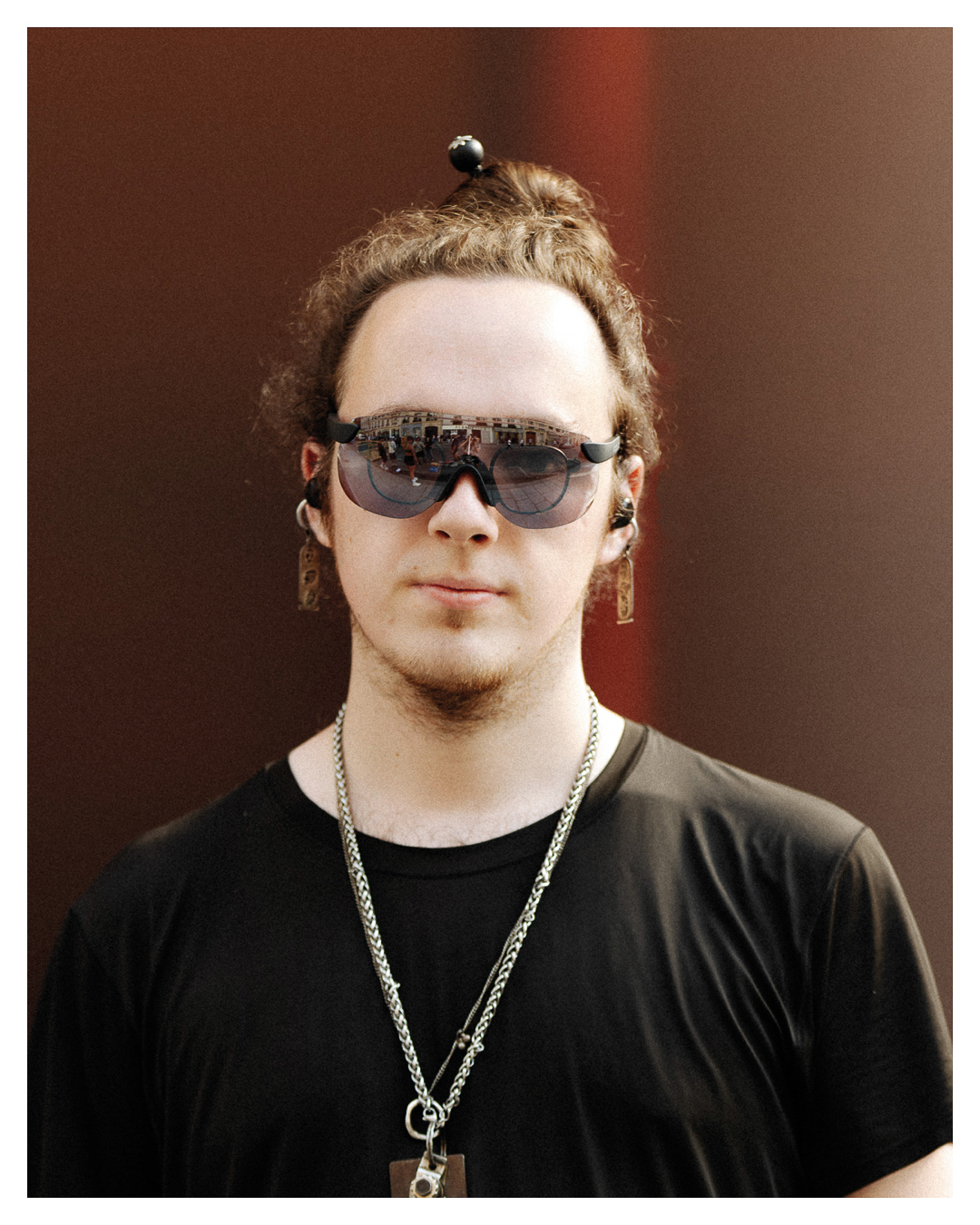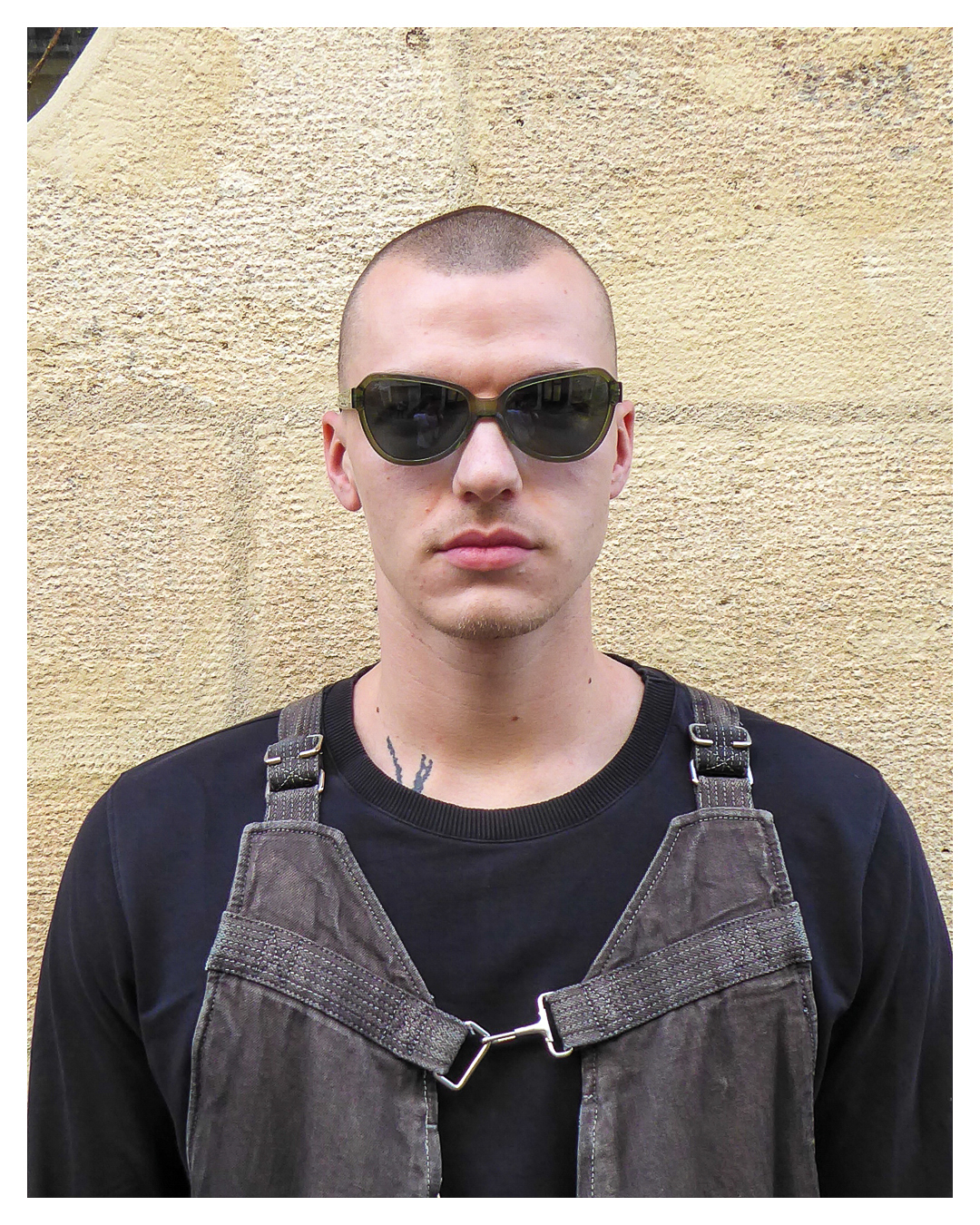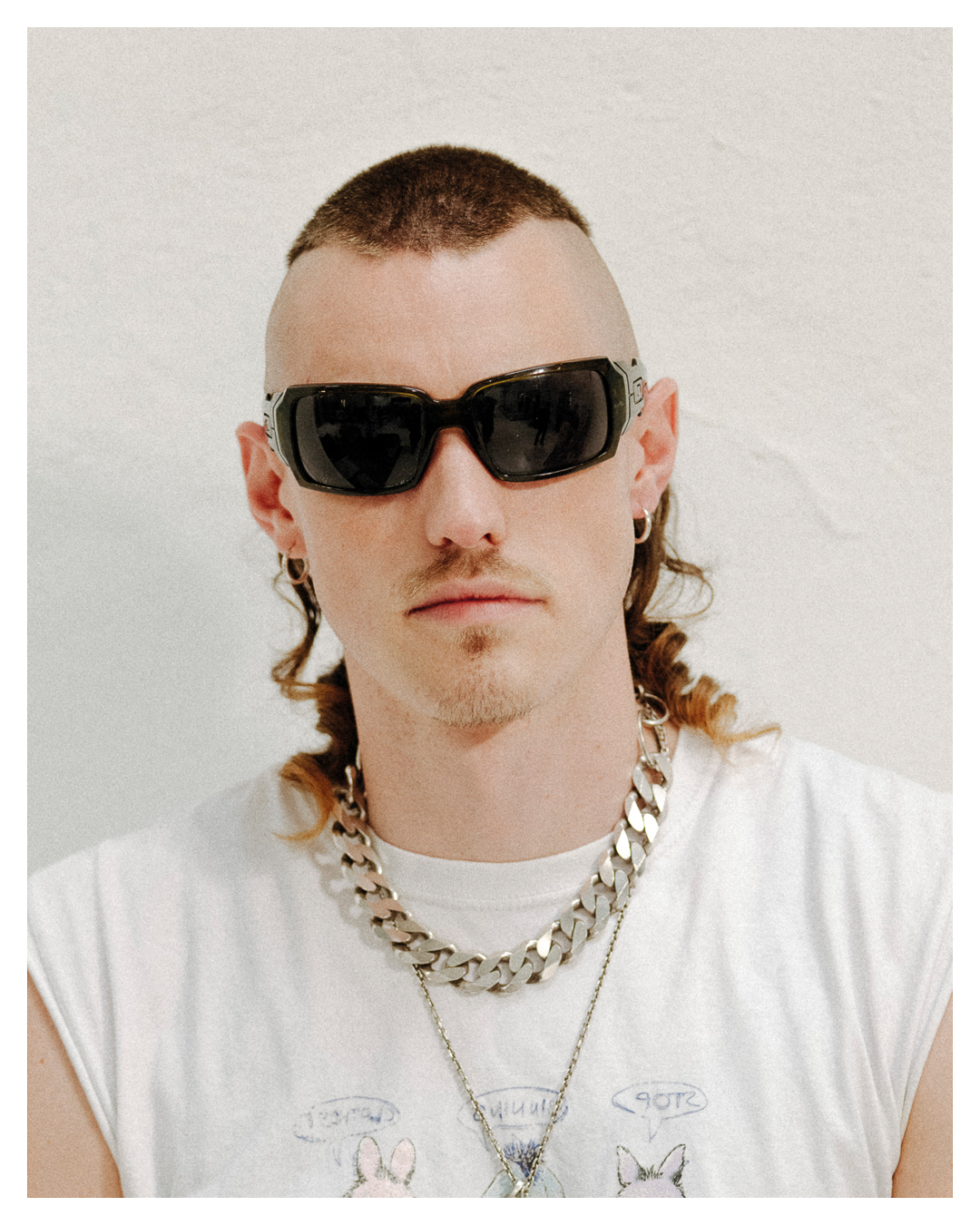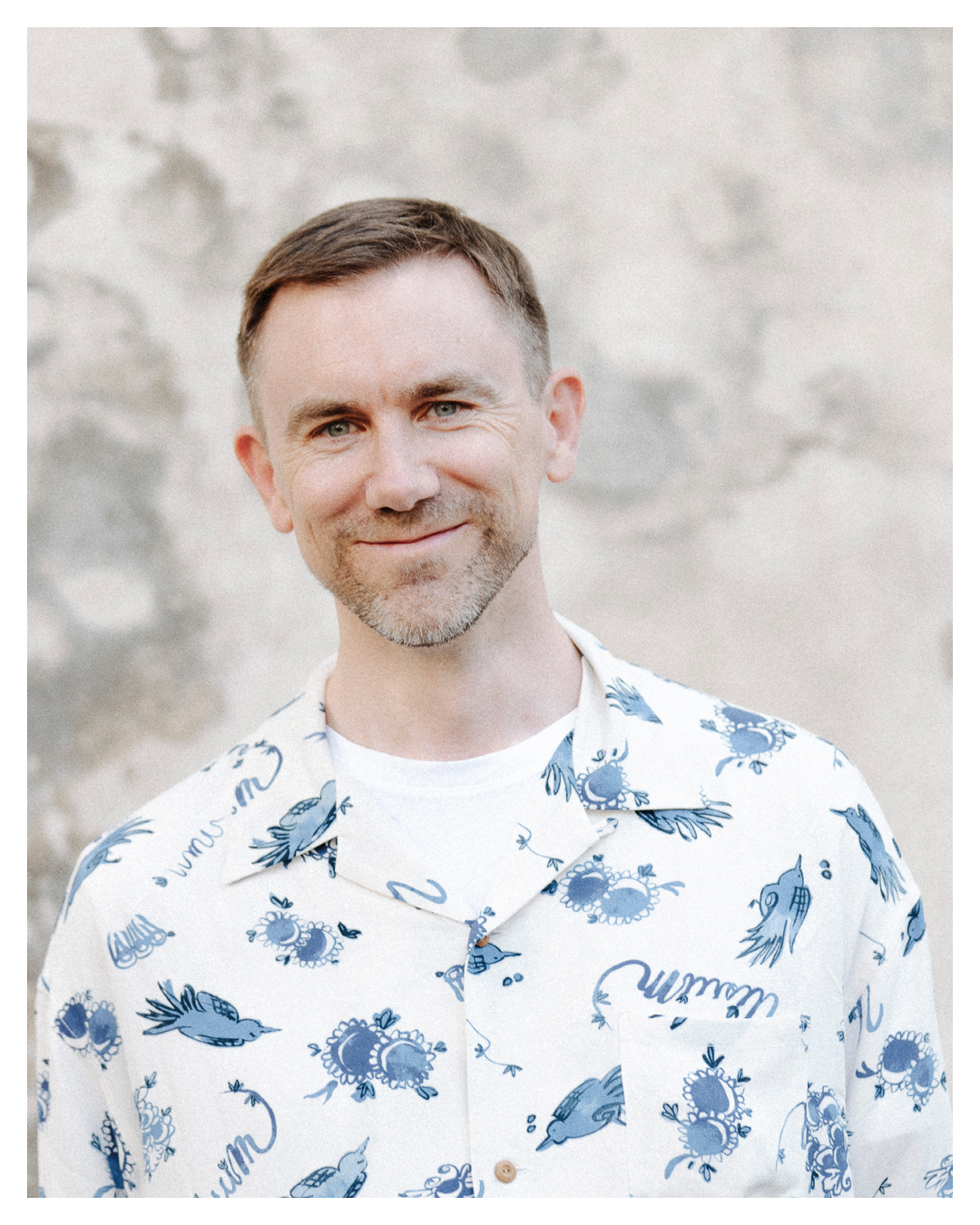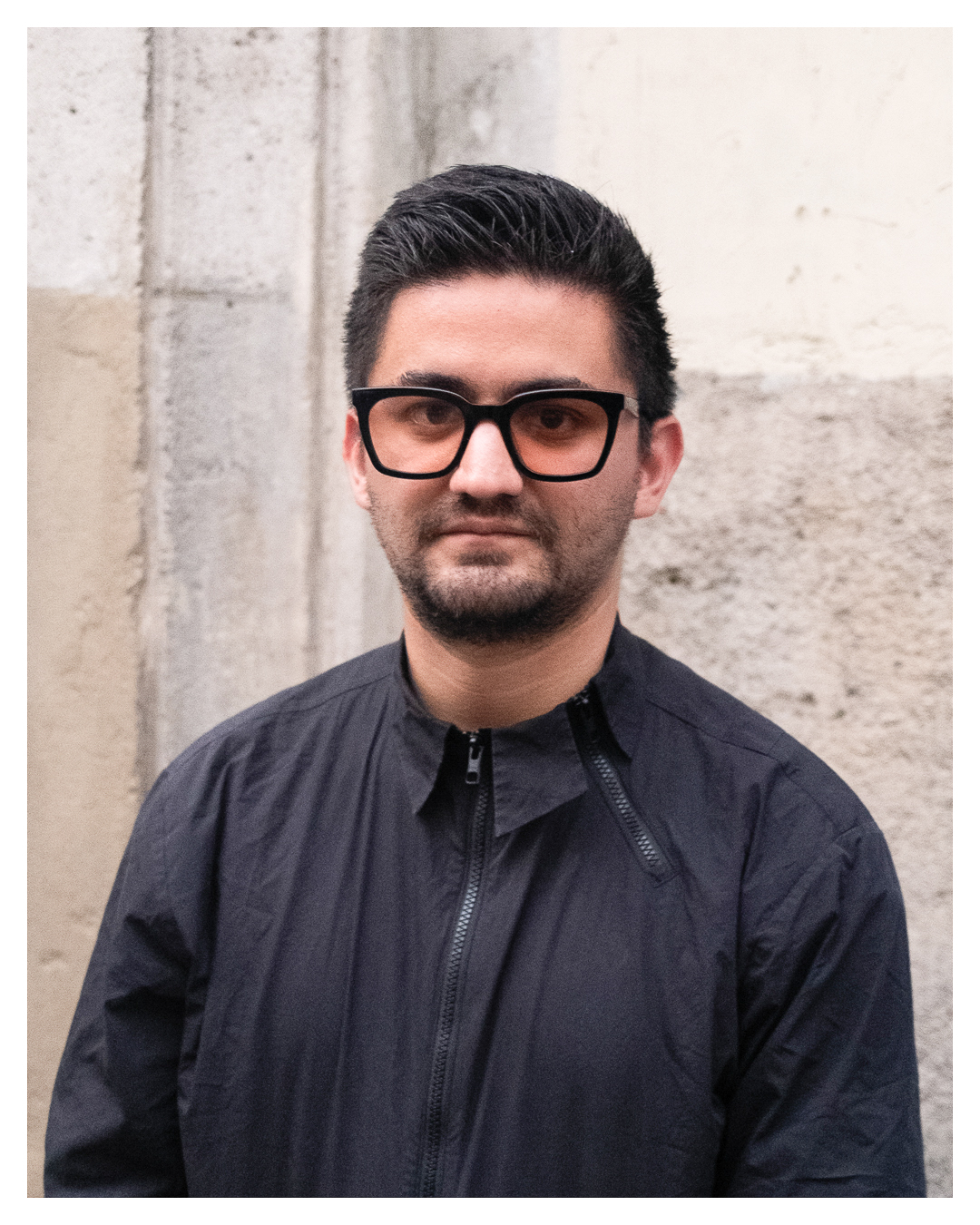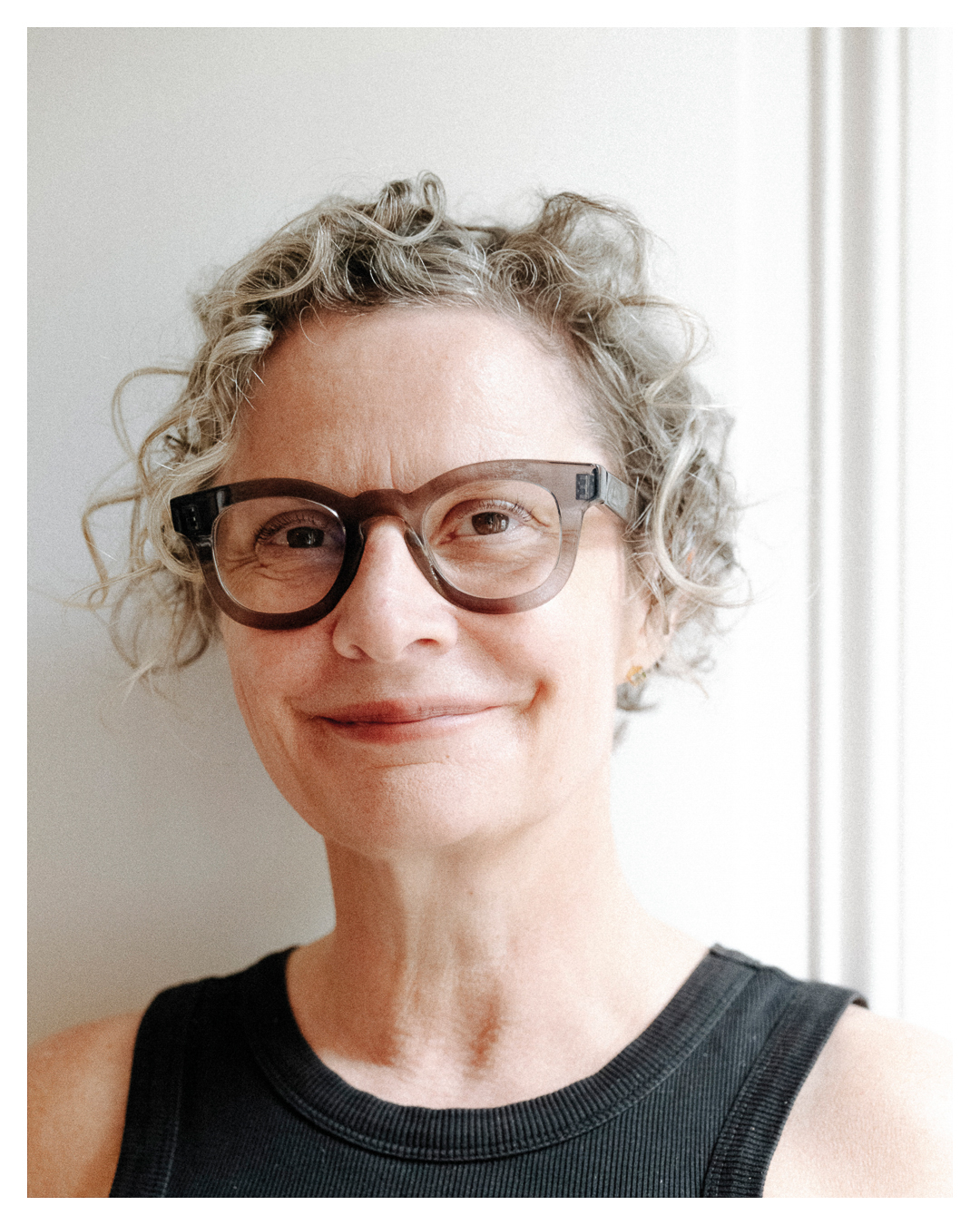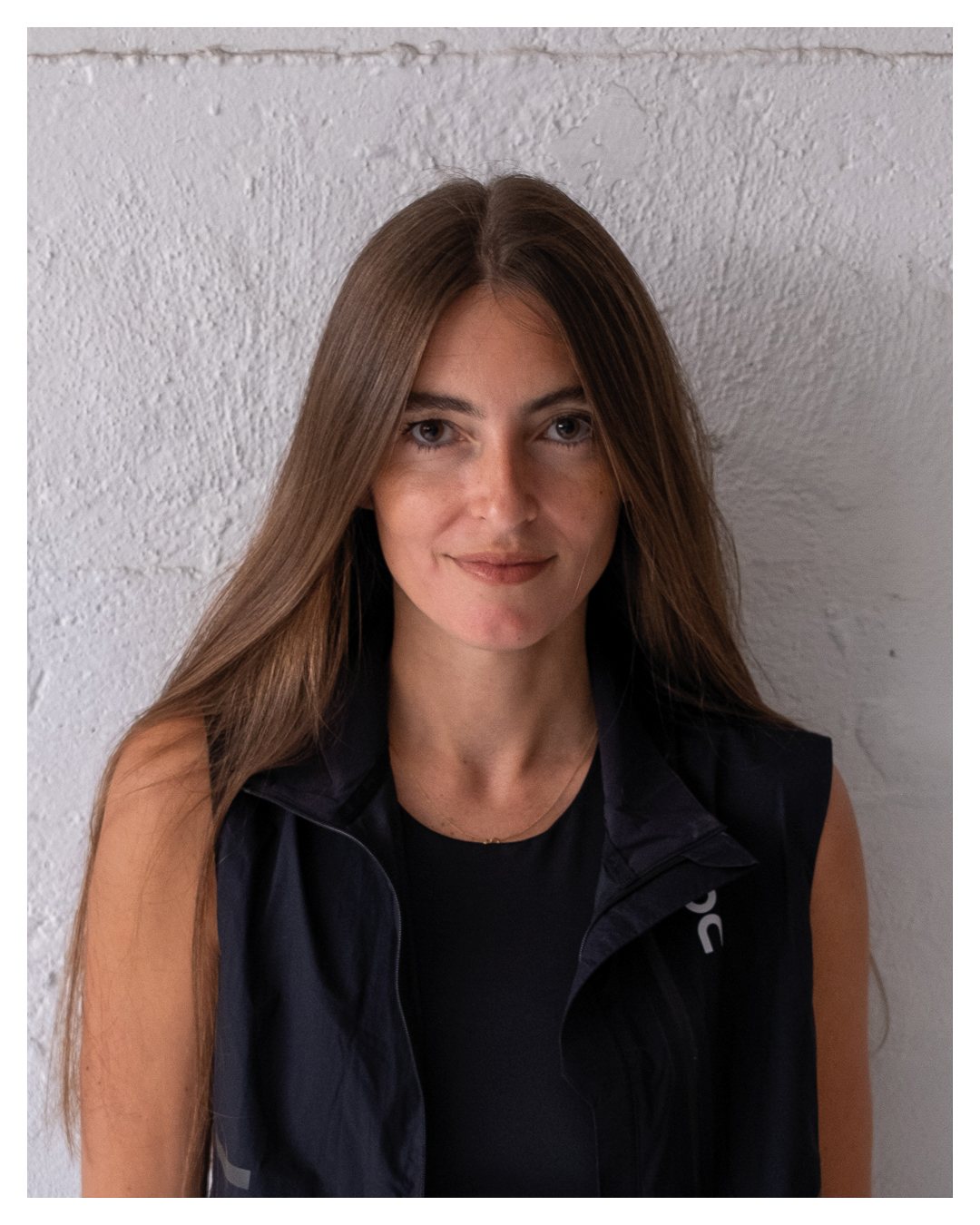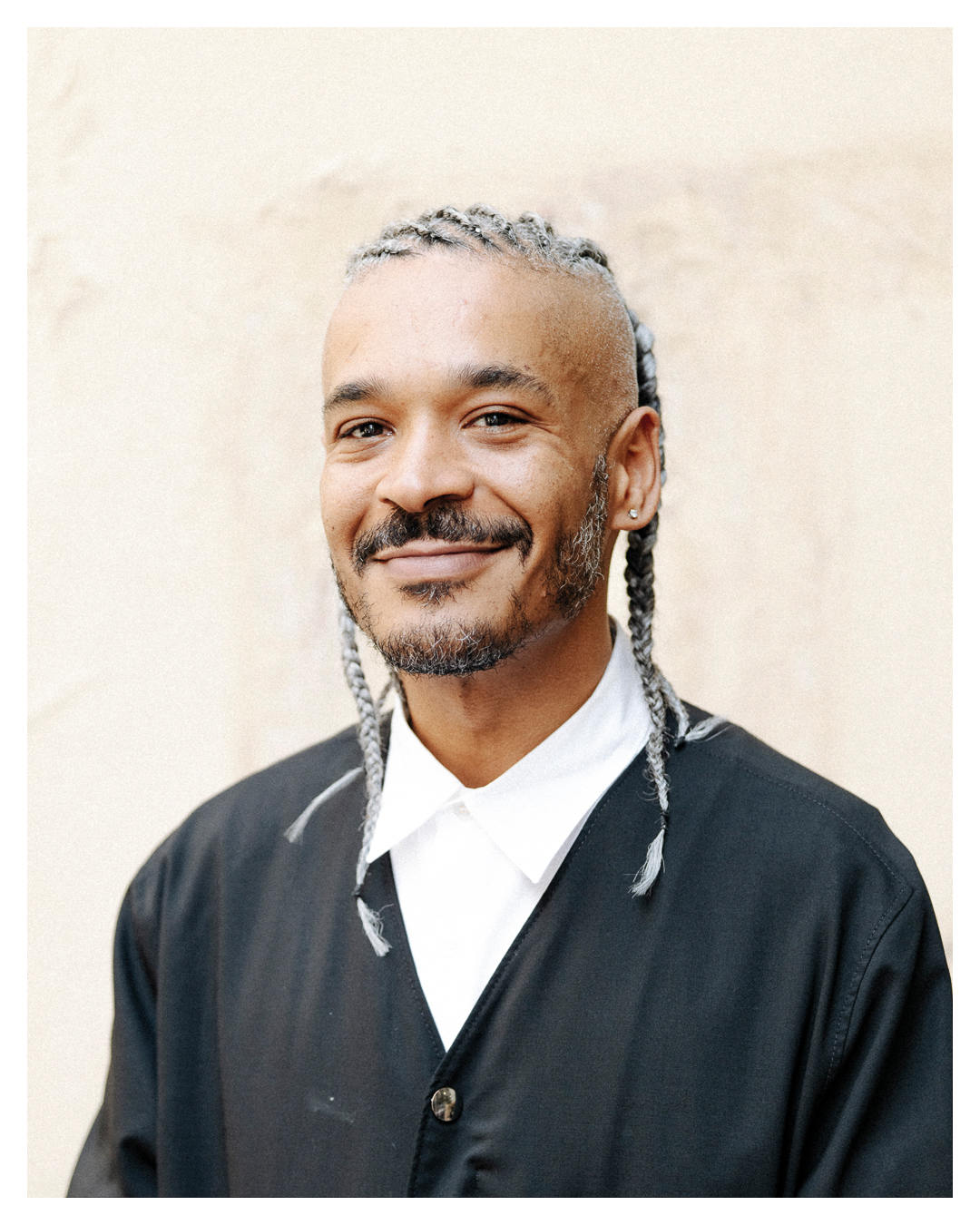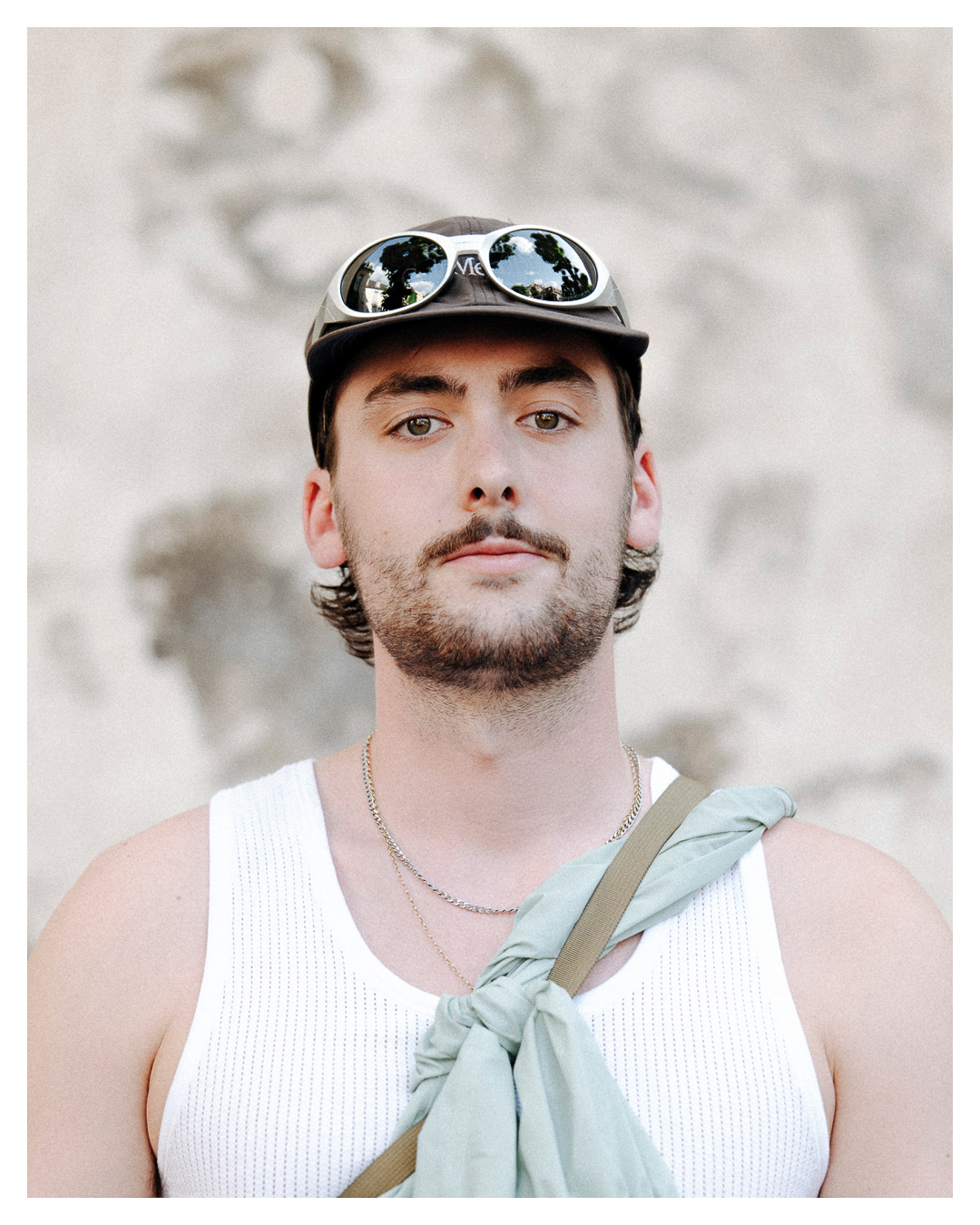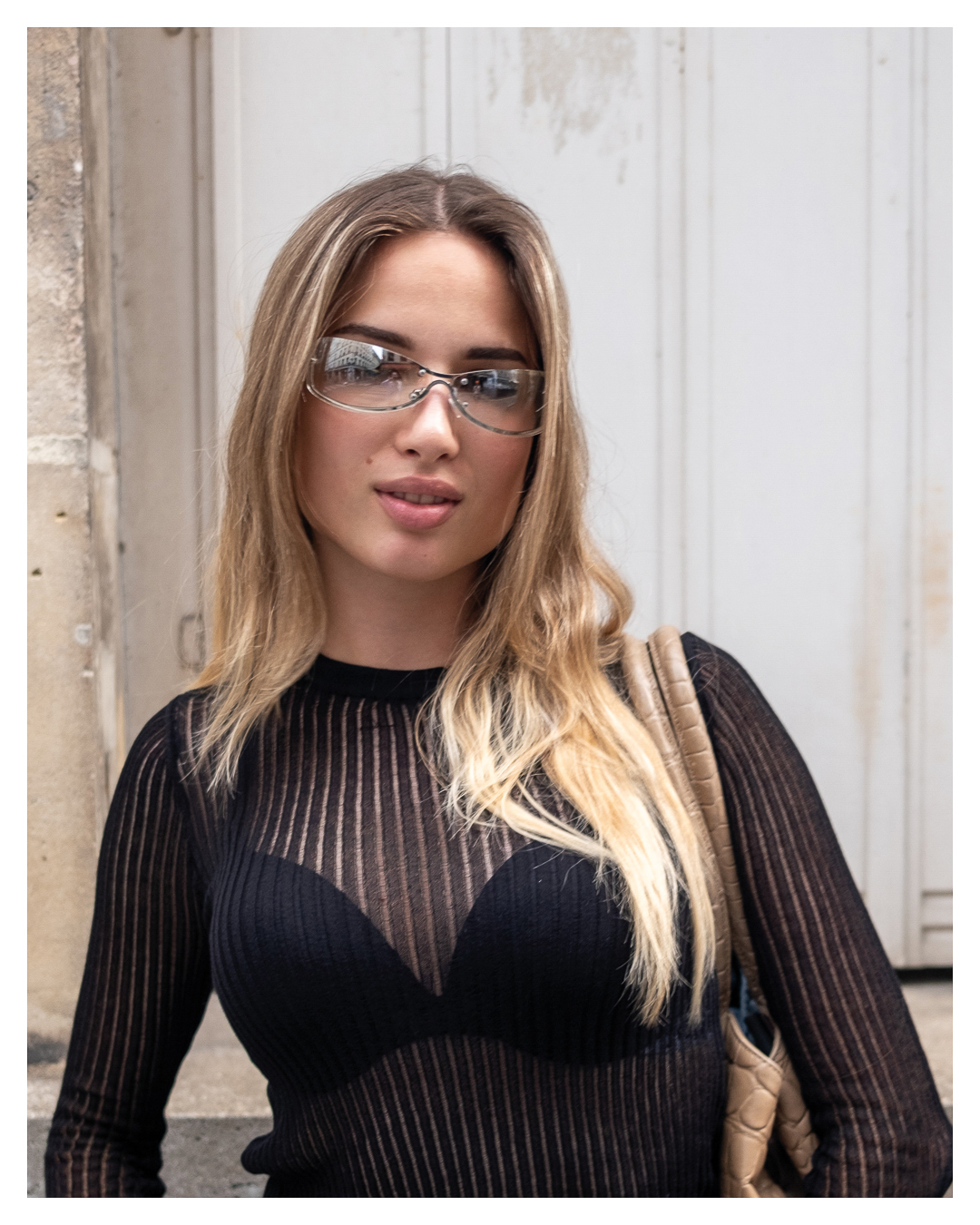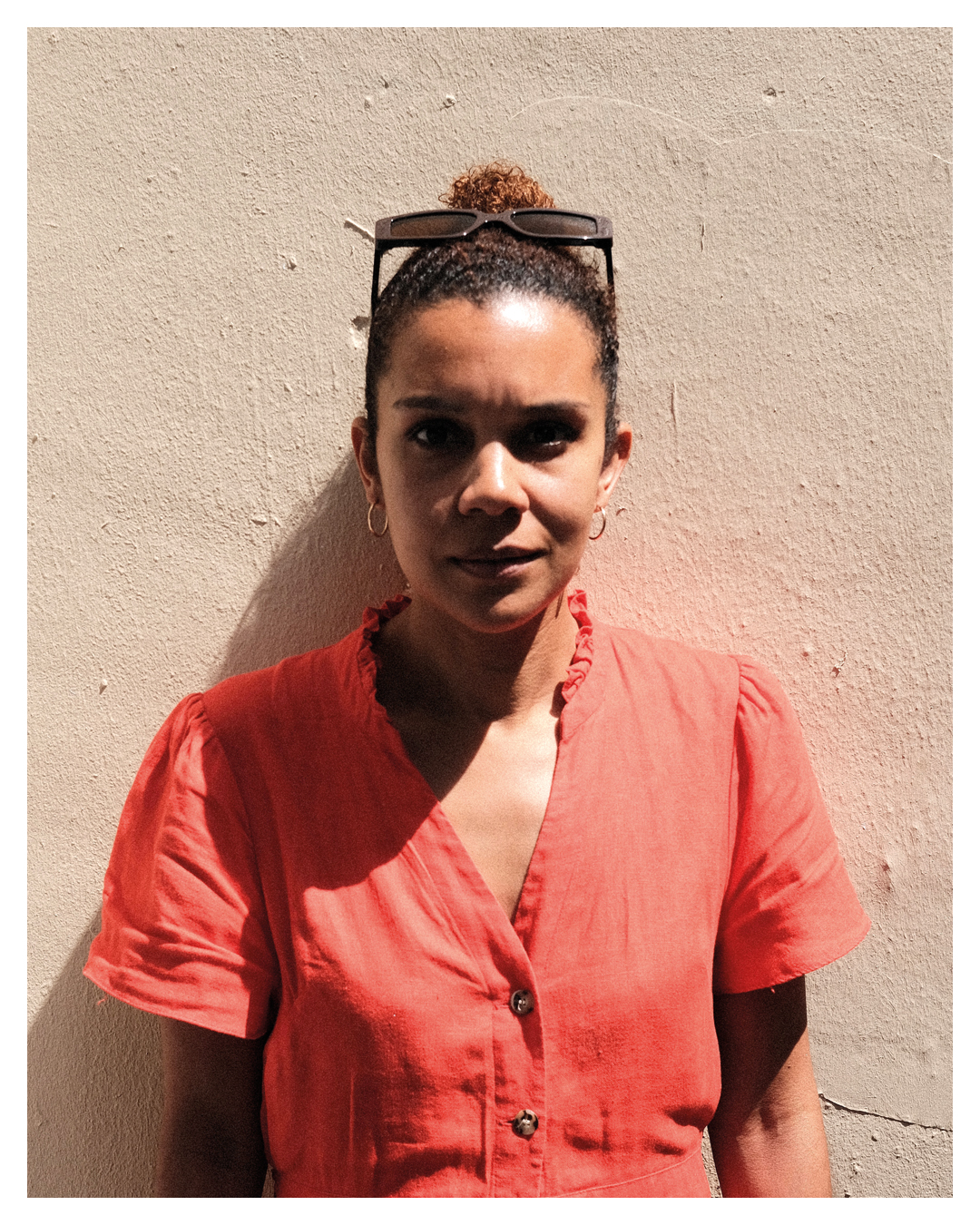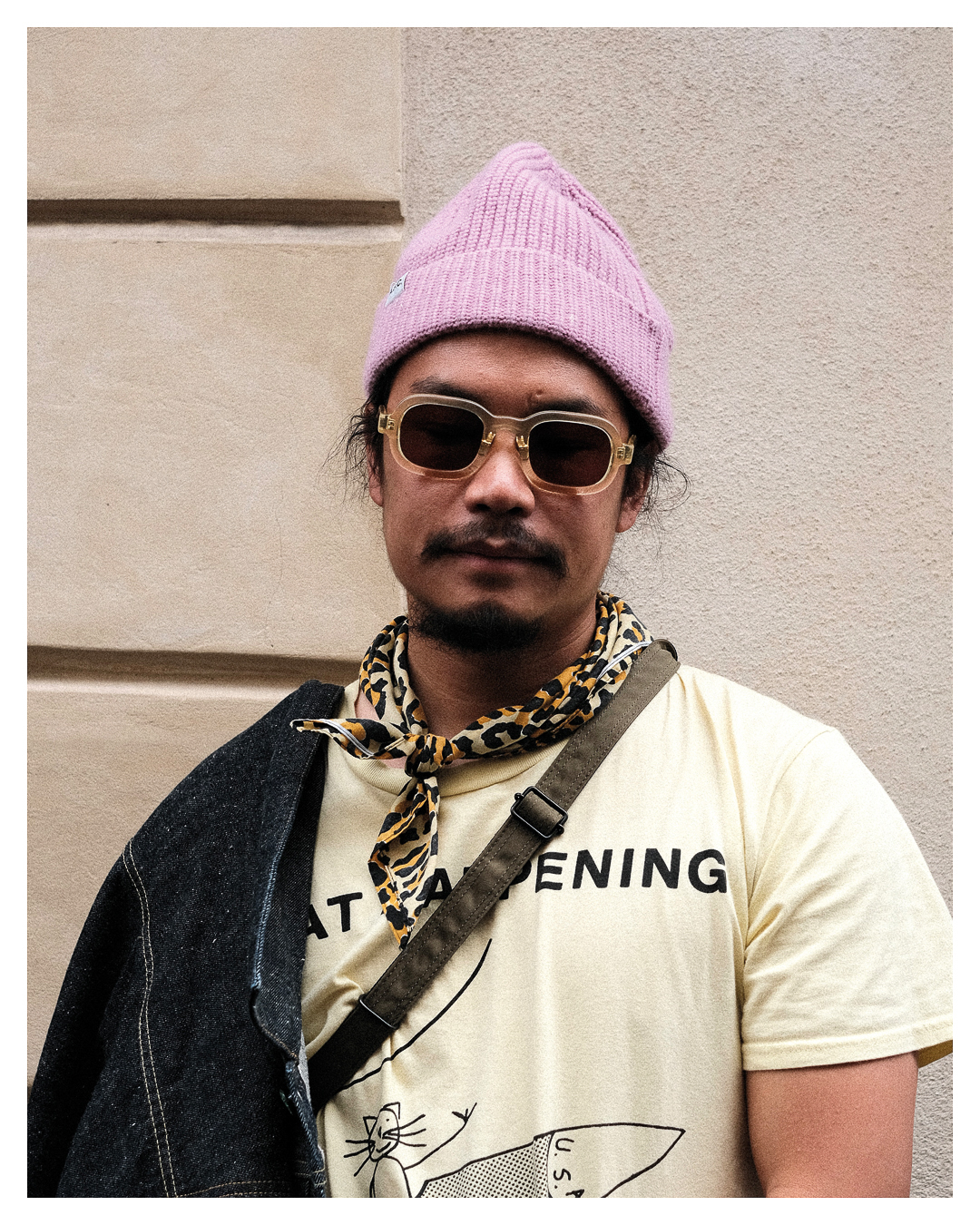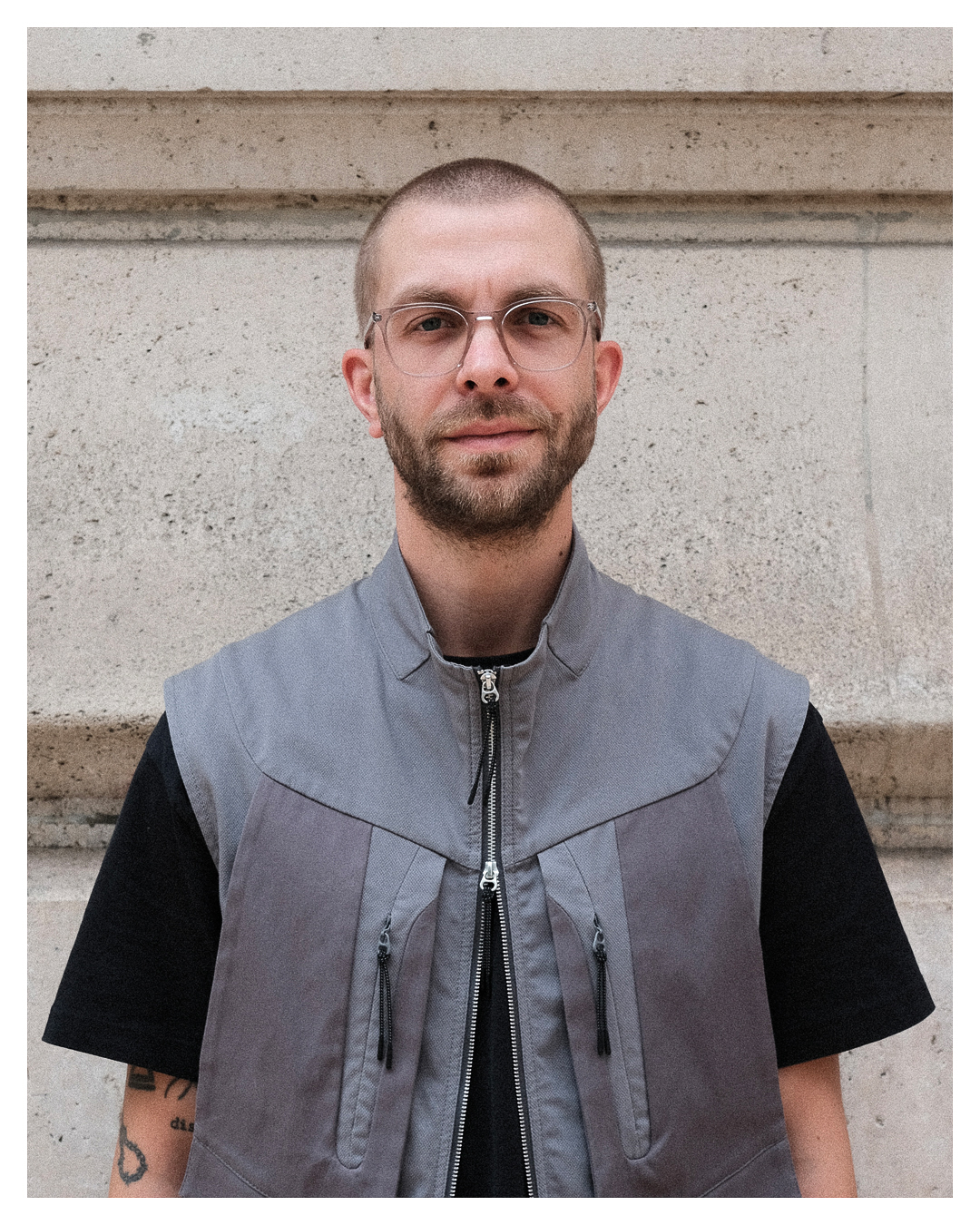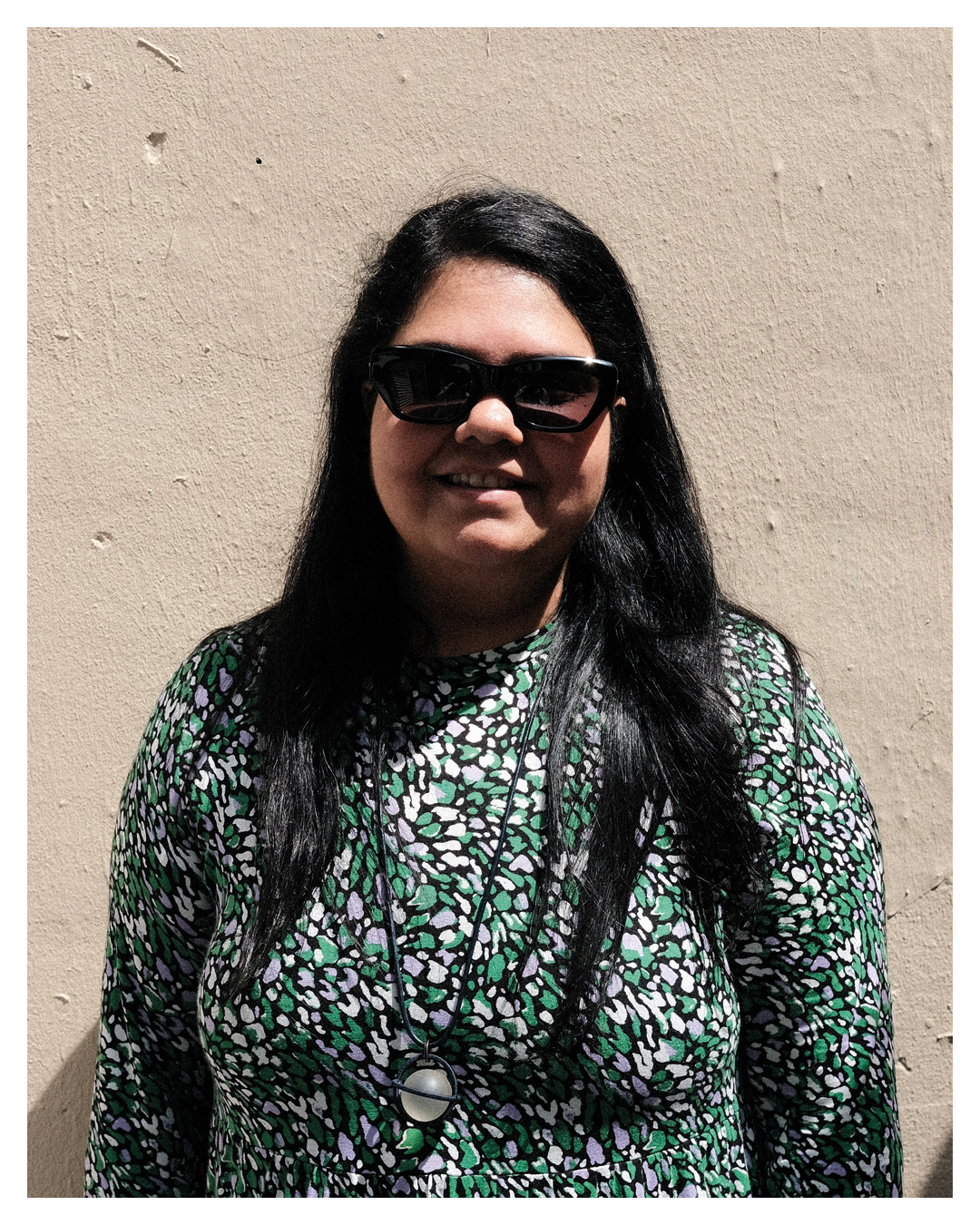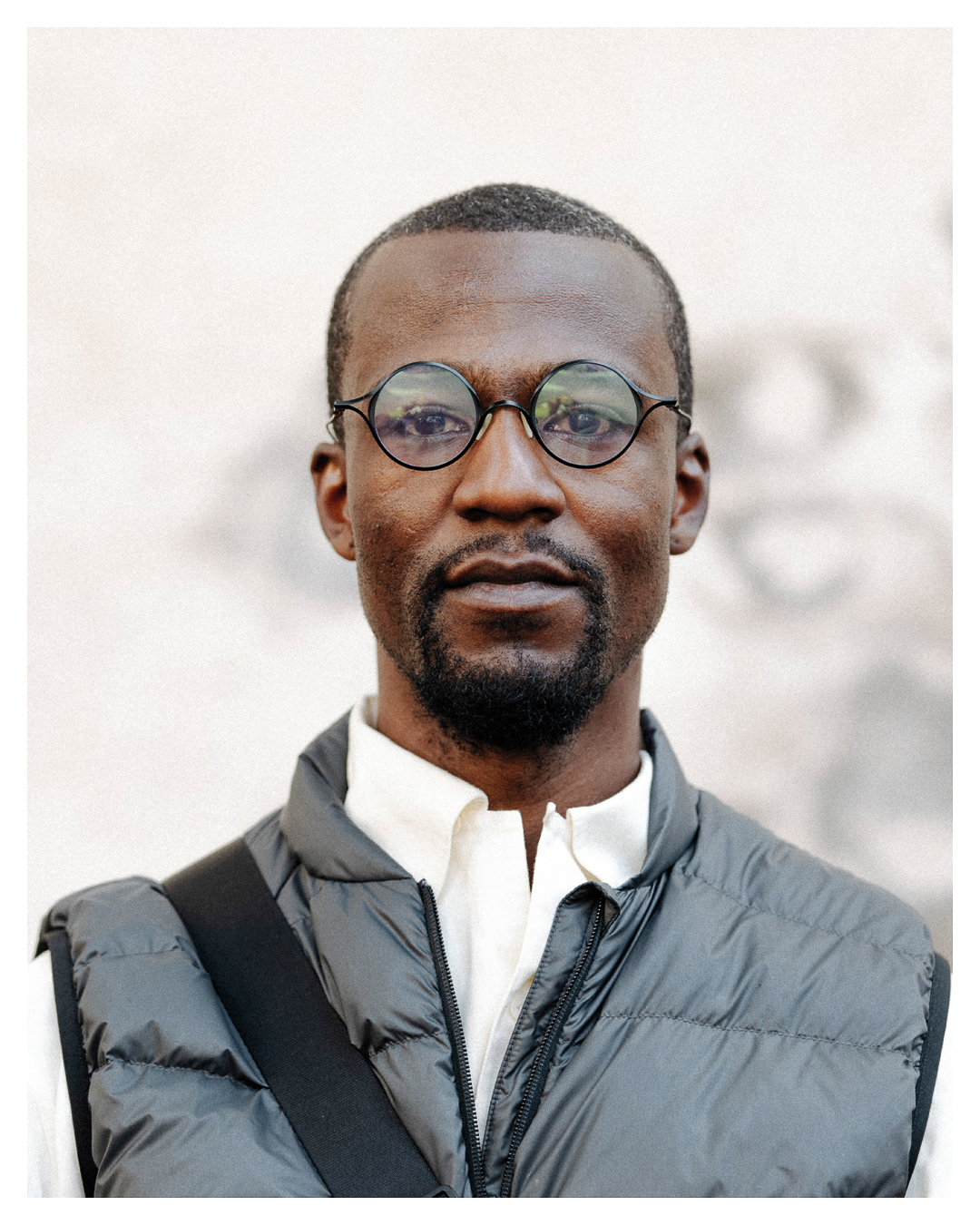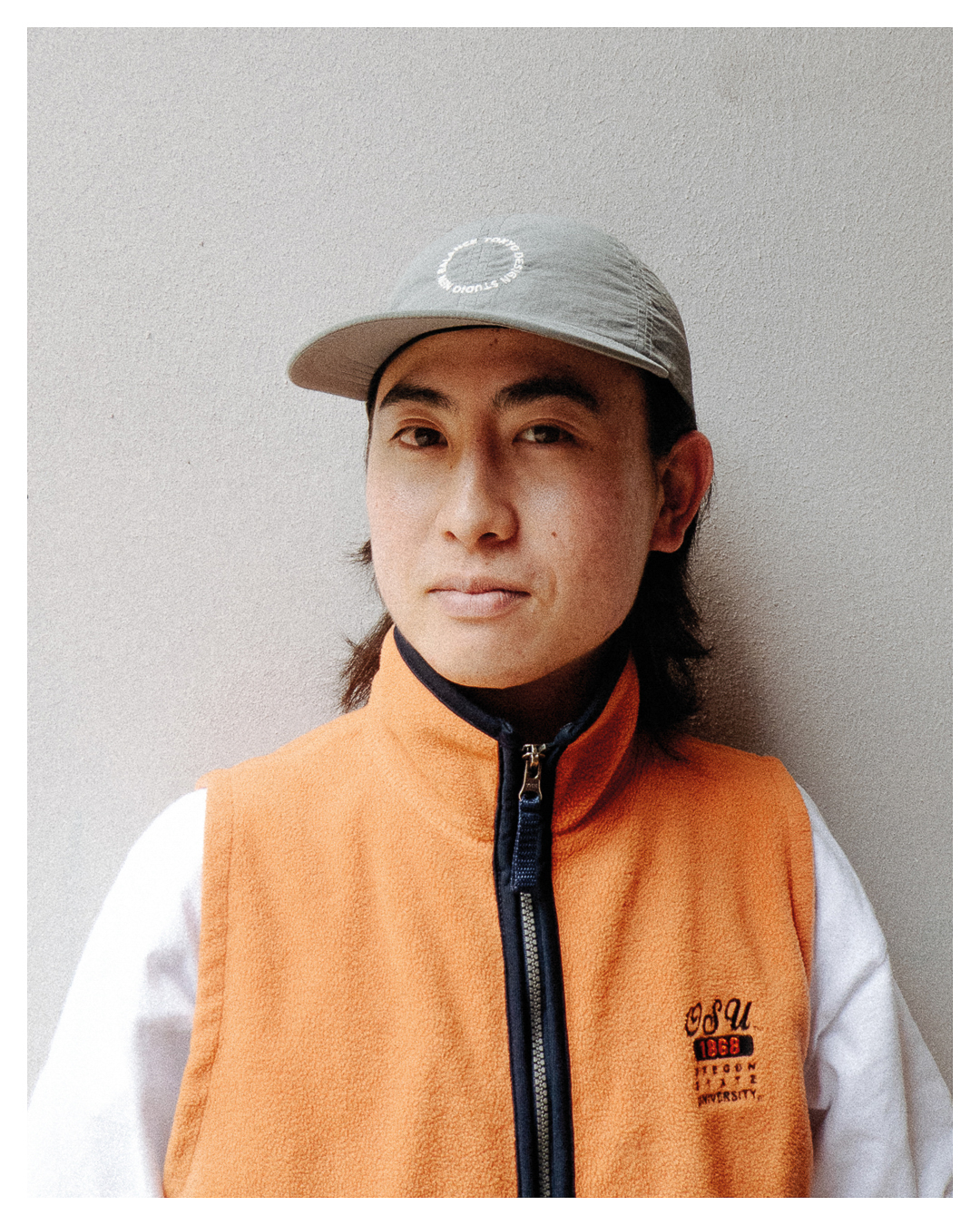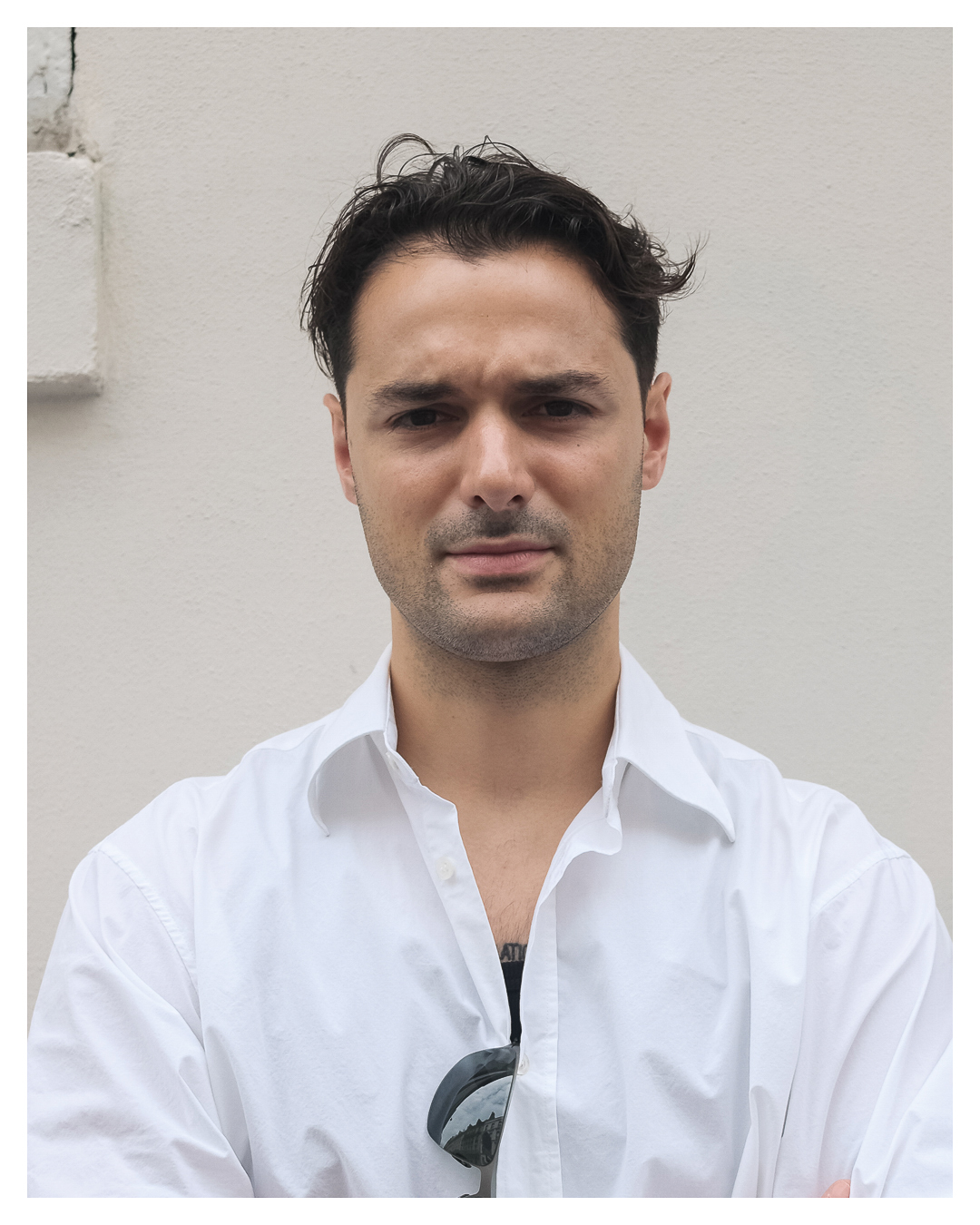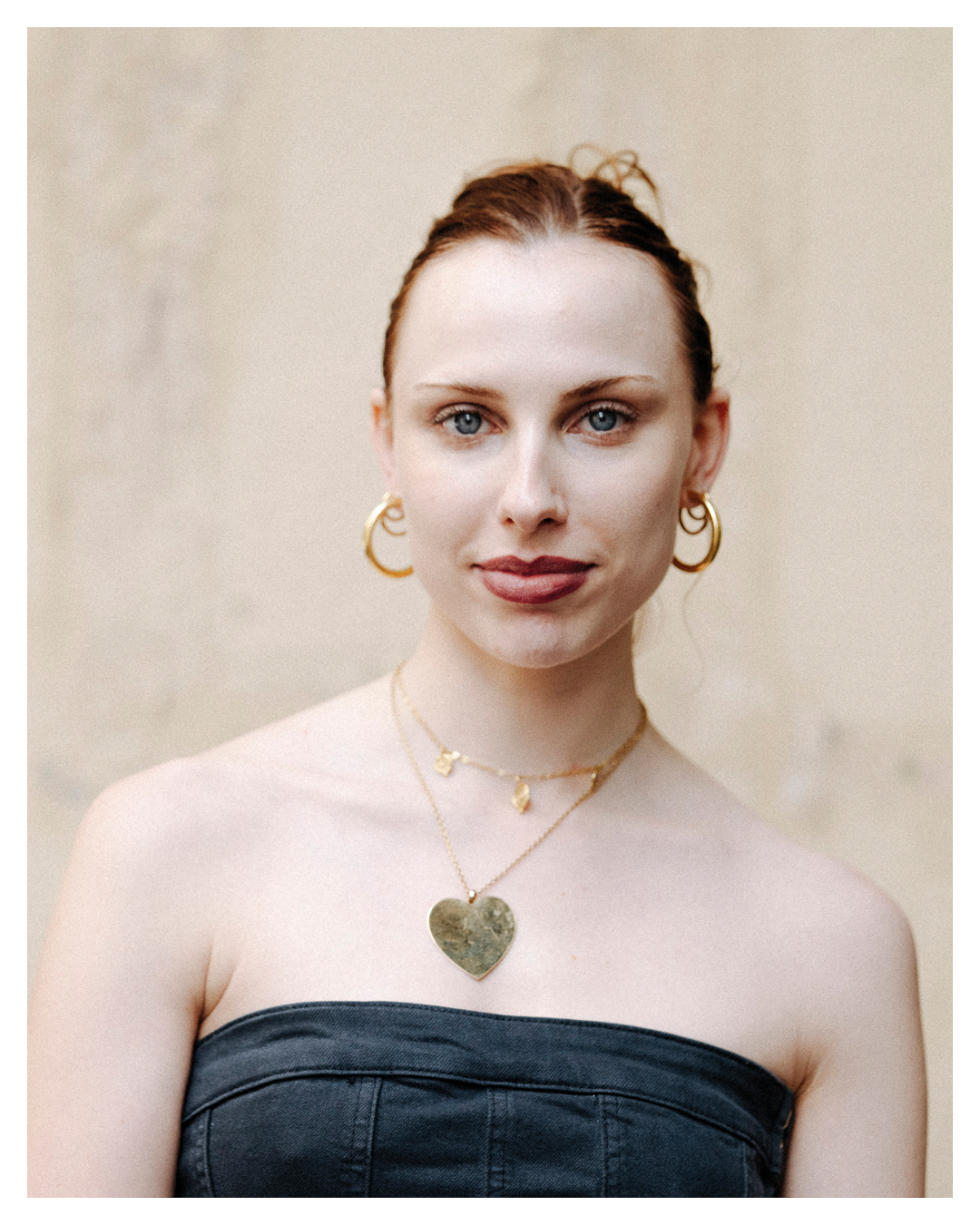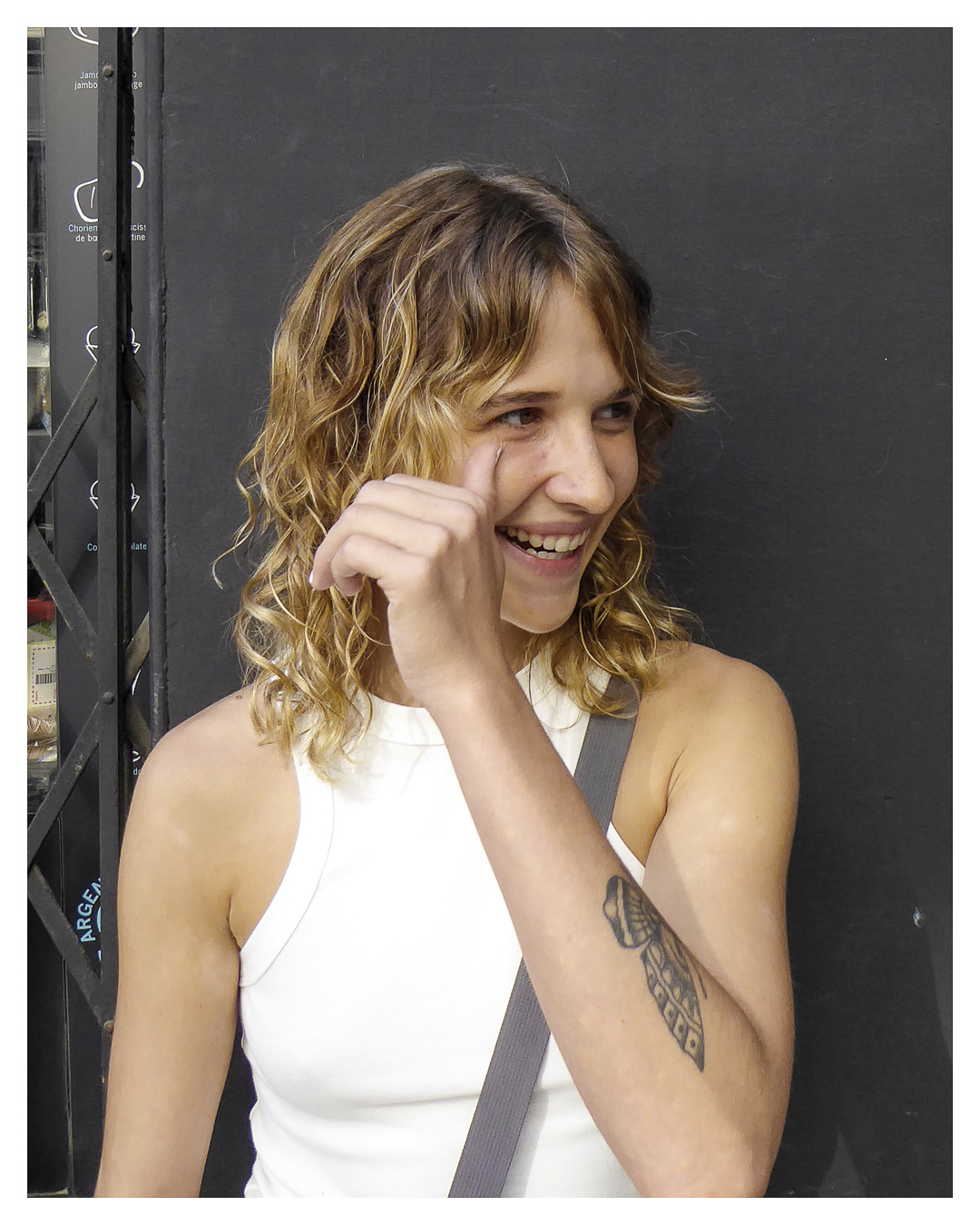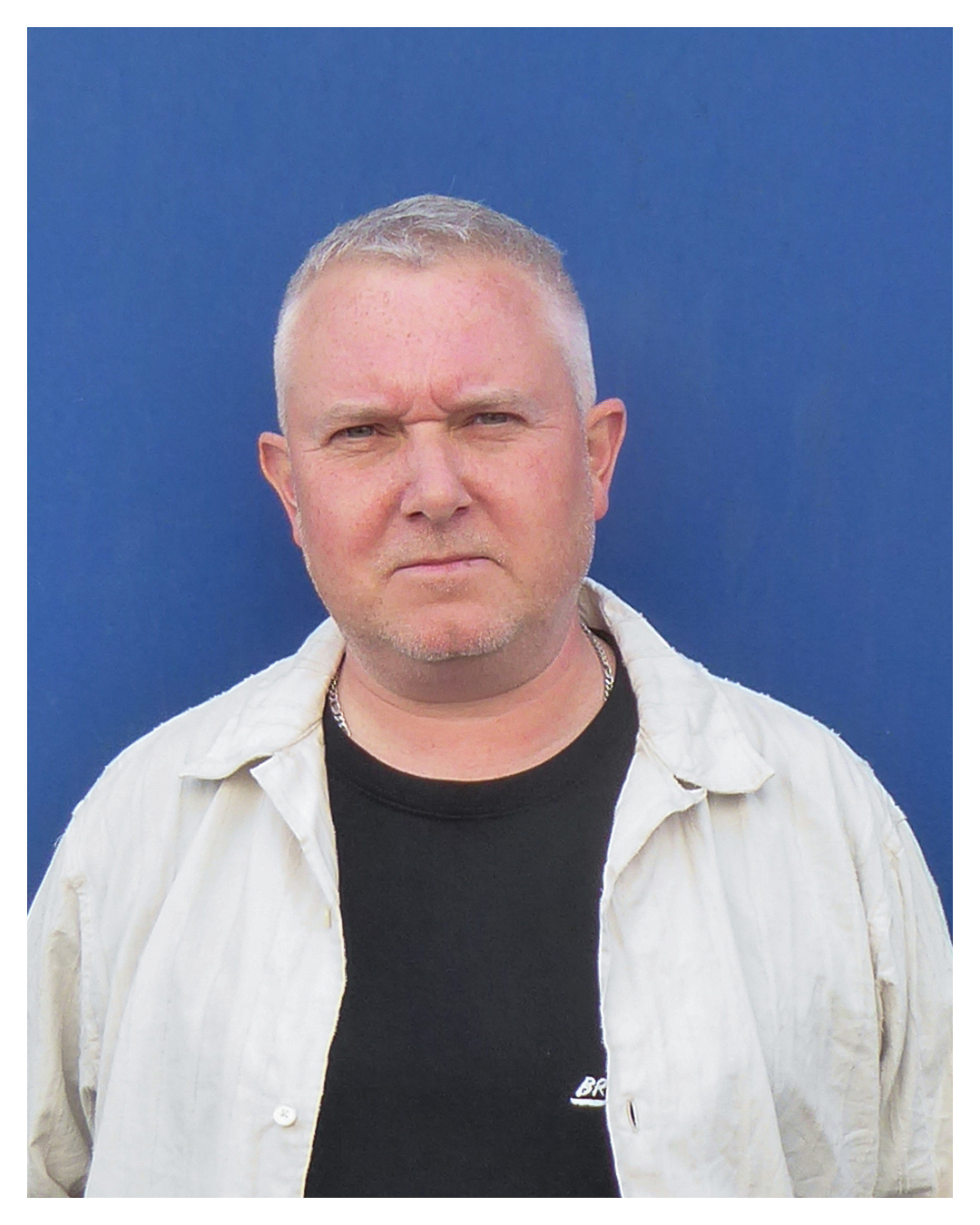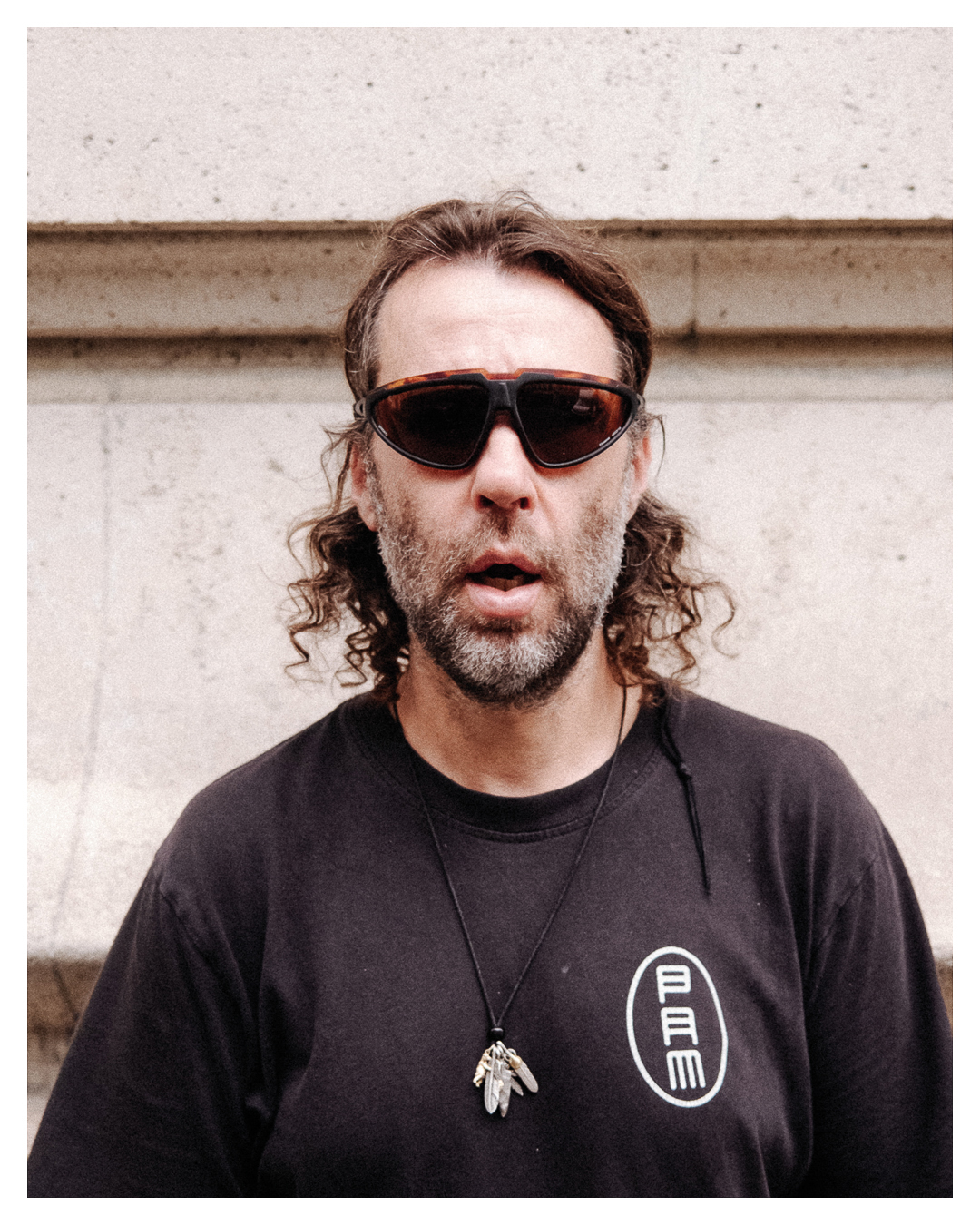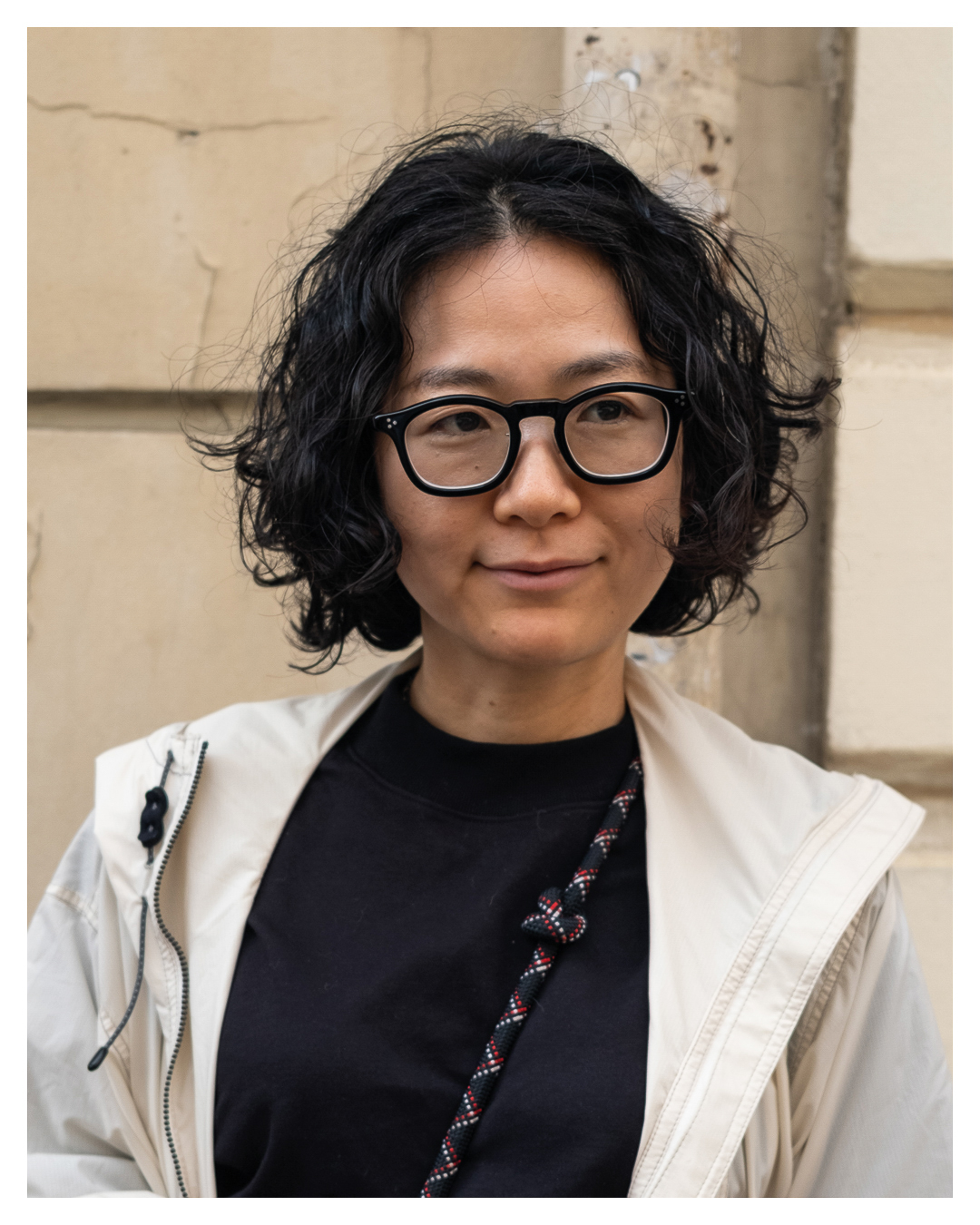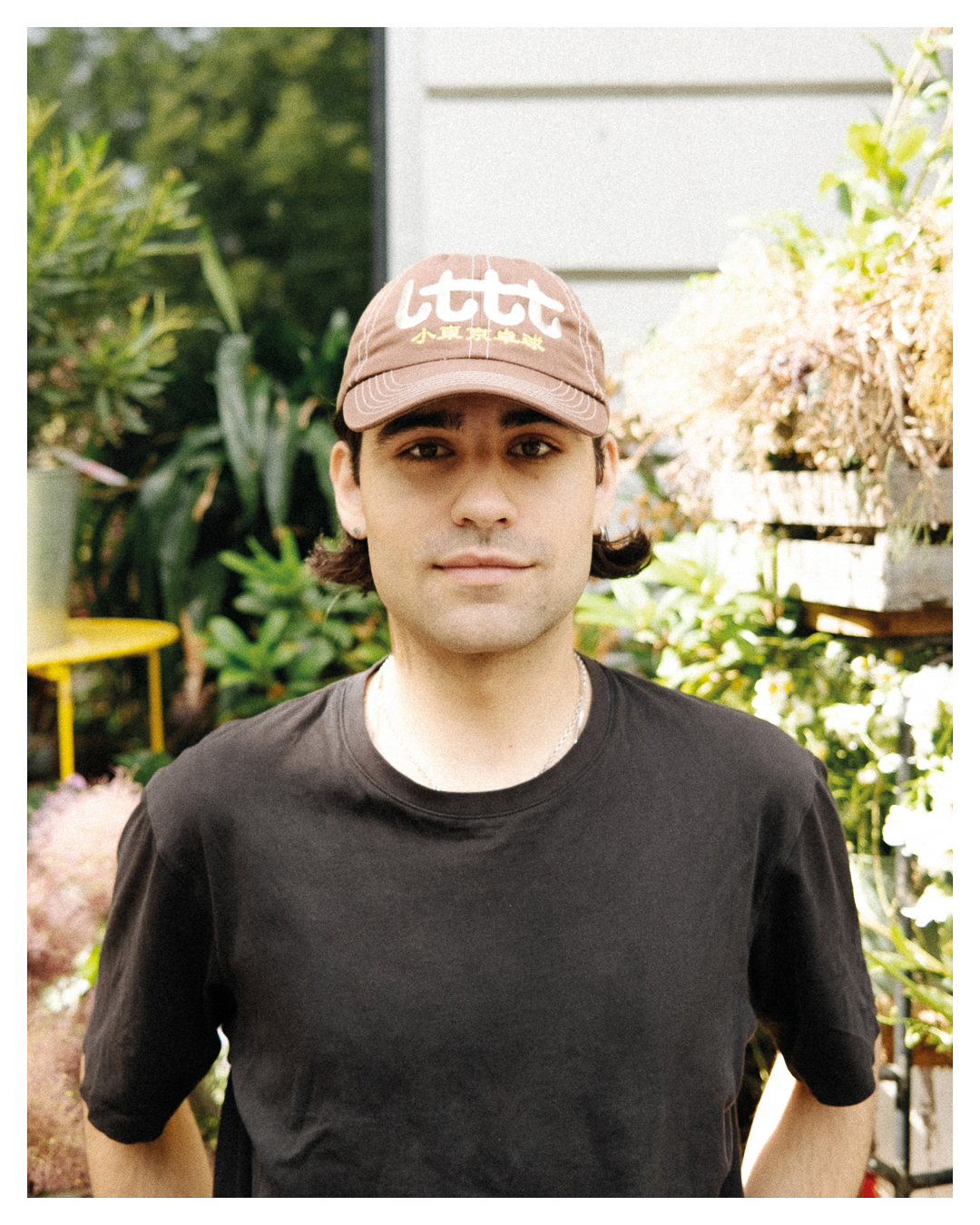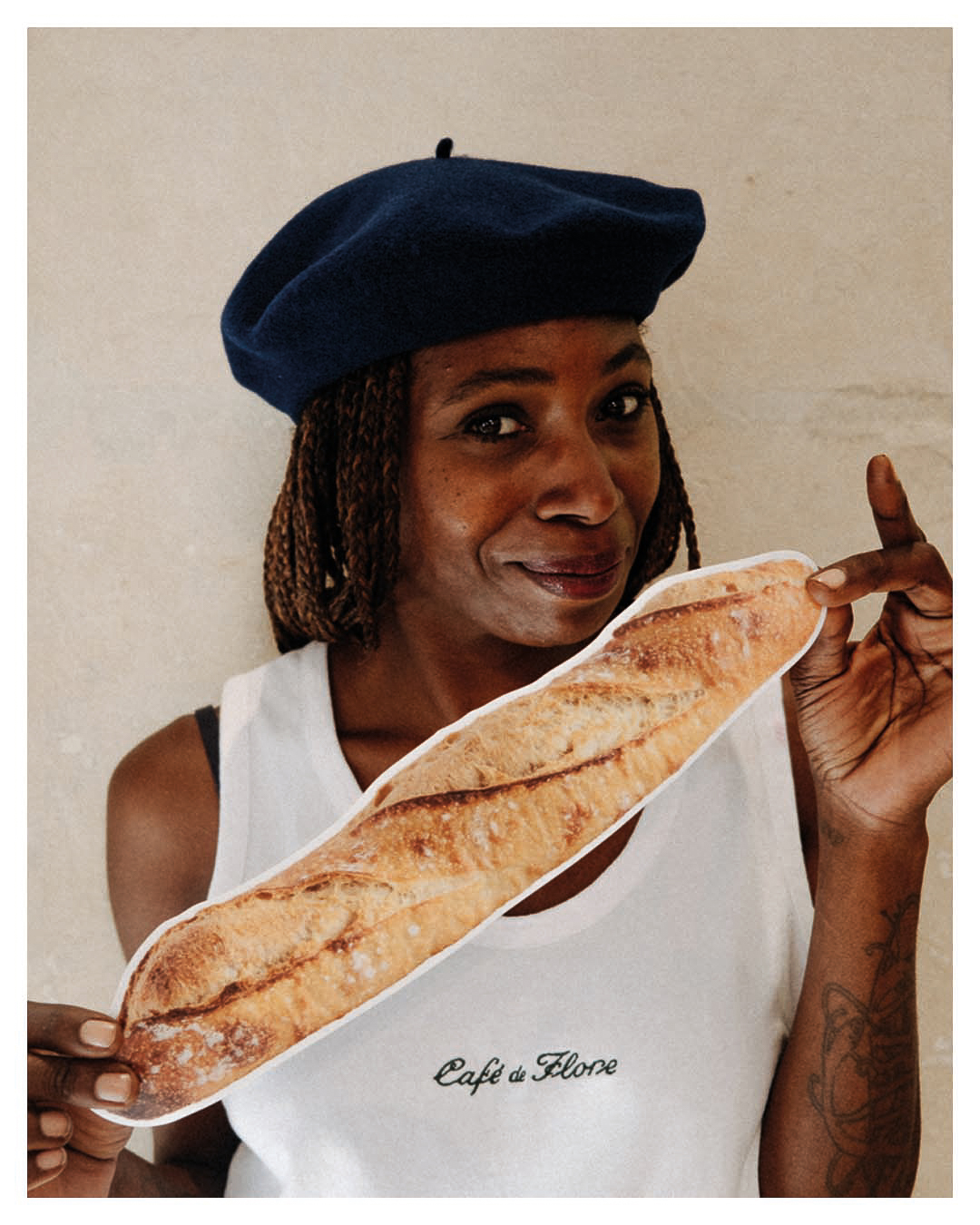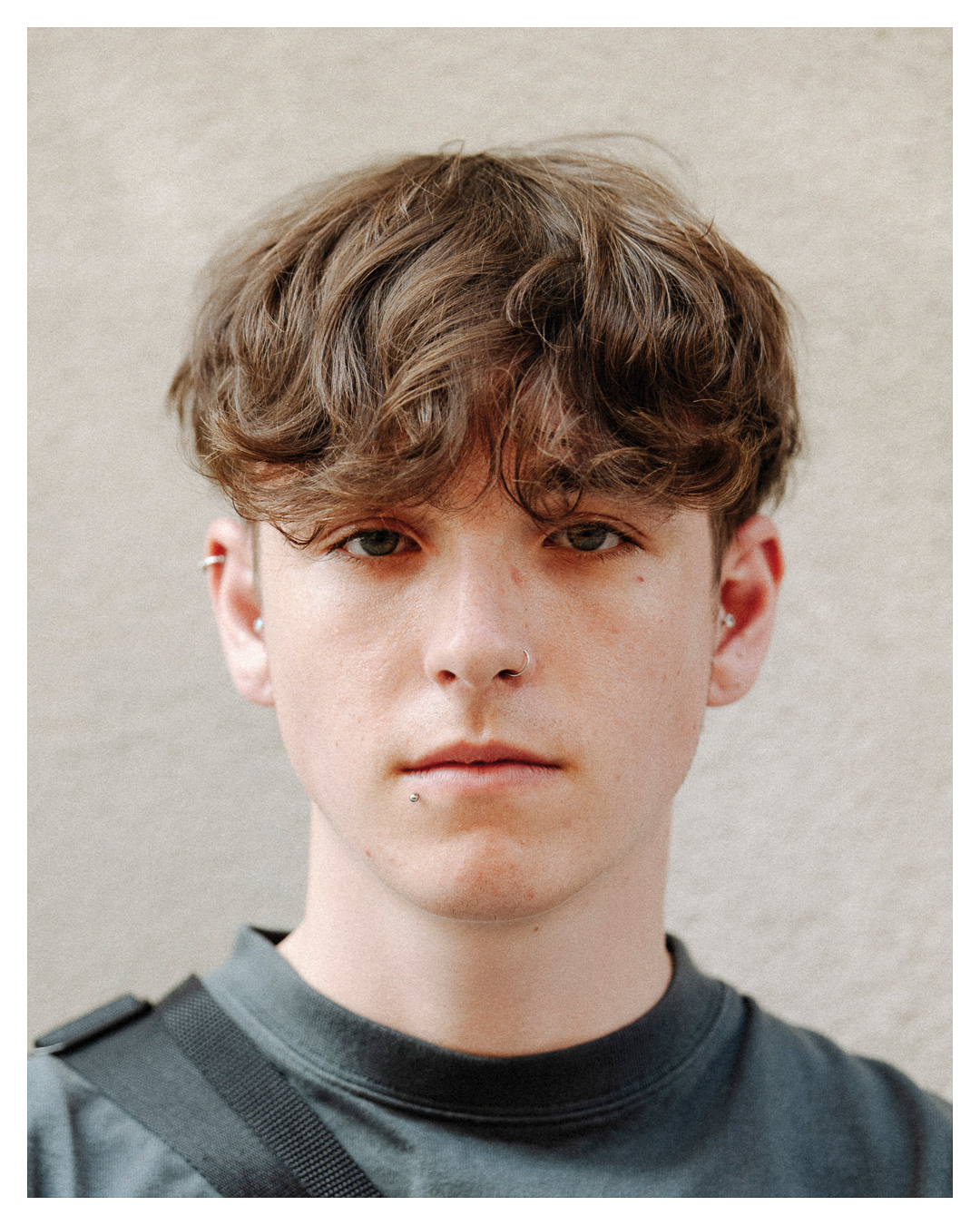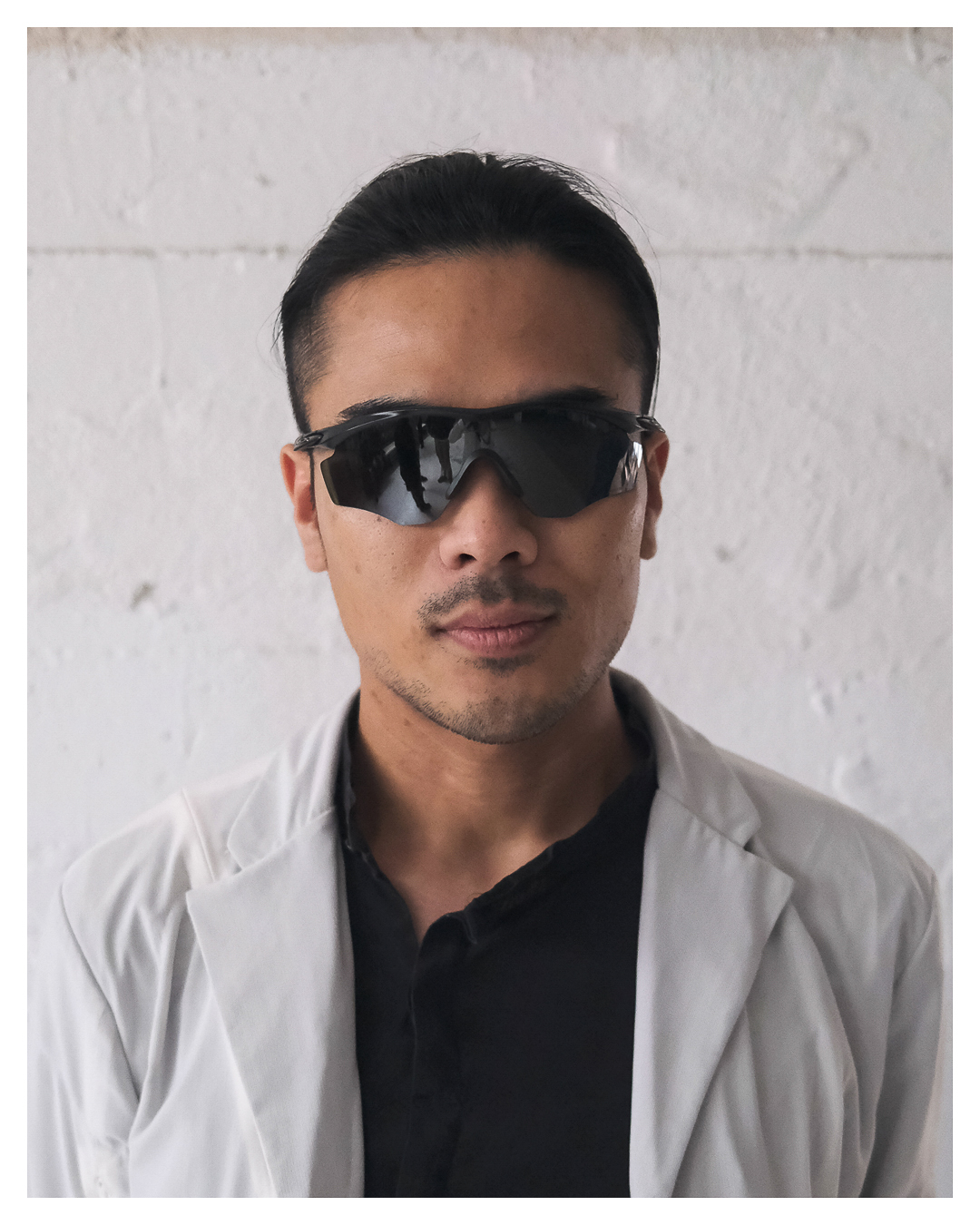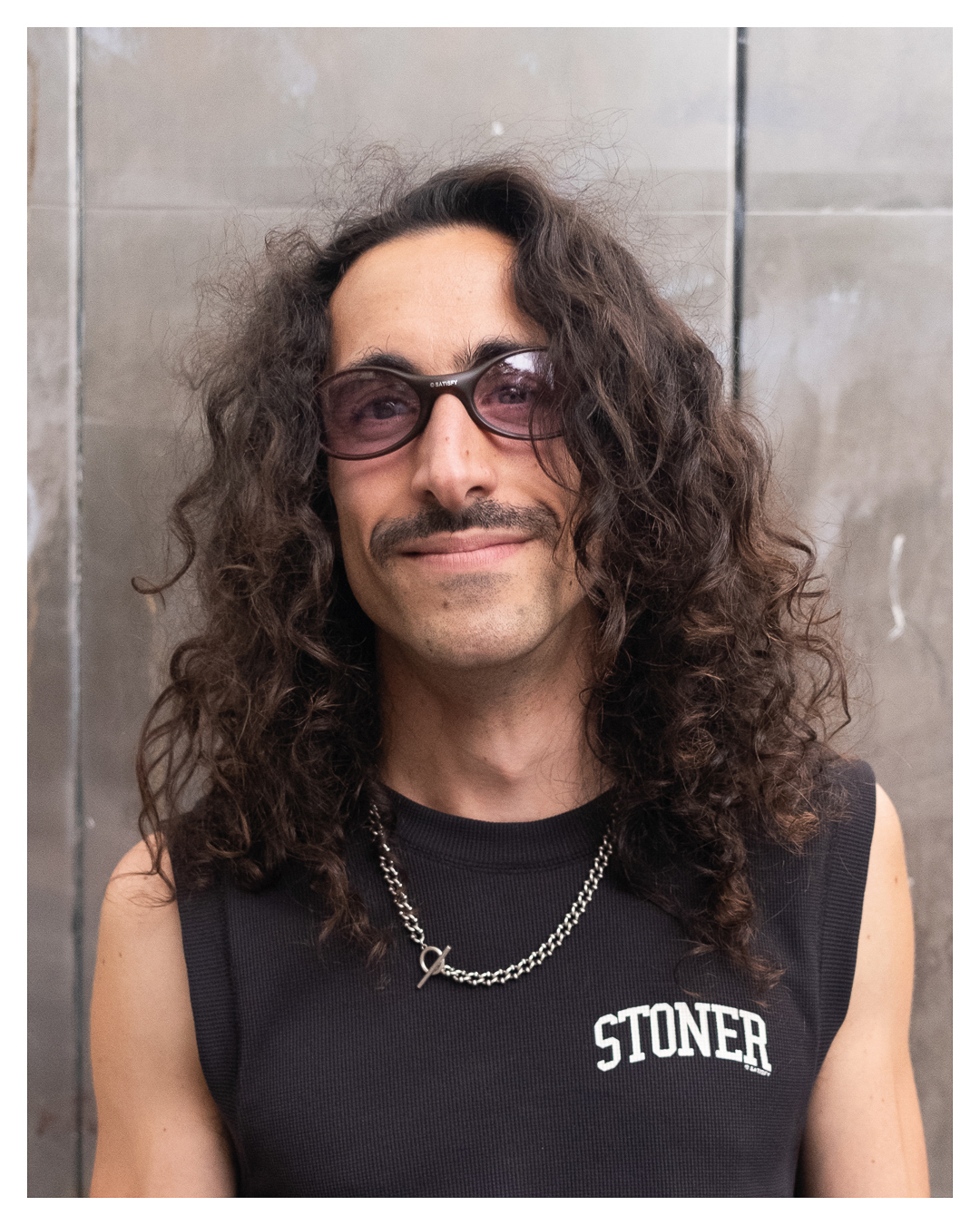Red Bull BC One
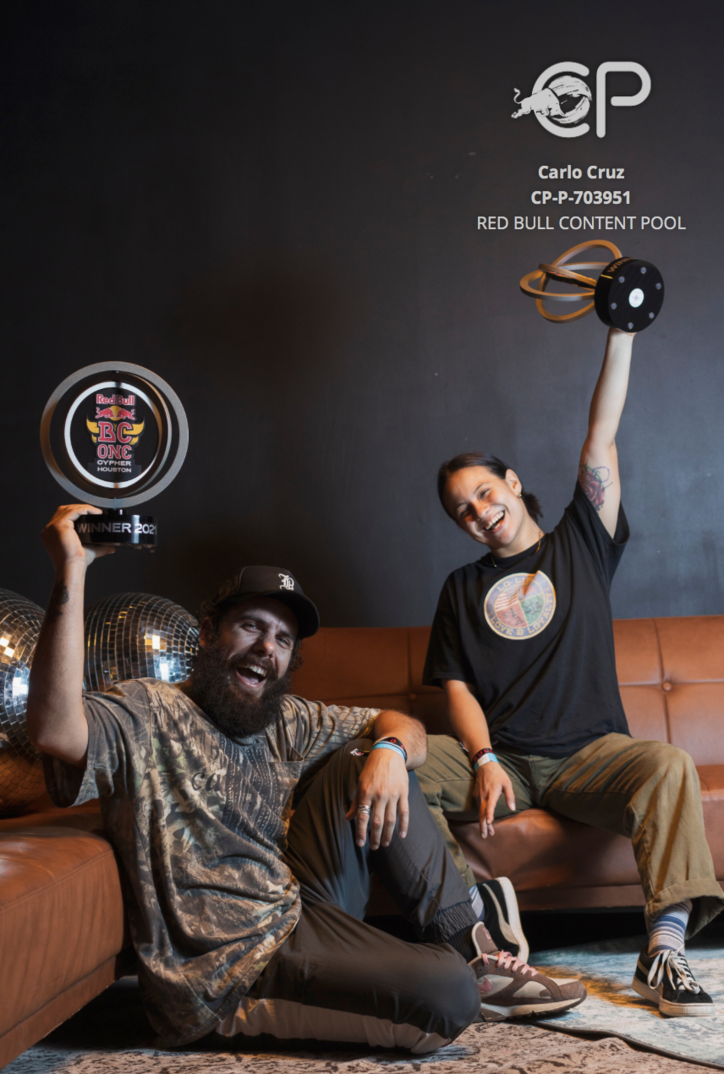
Stay informed on our latest news!

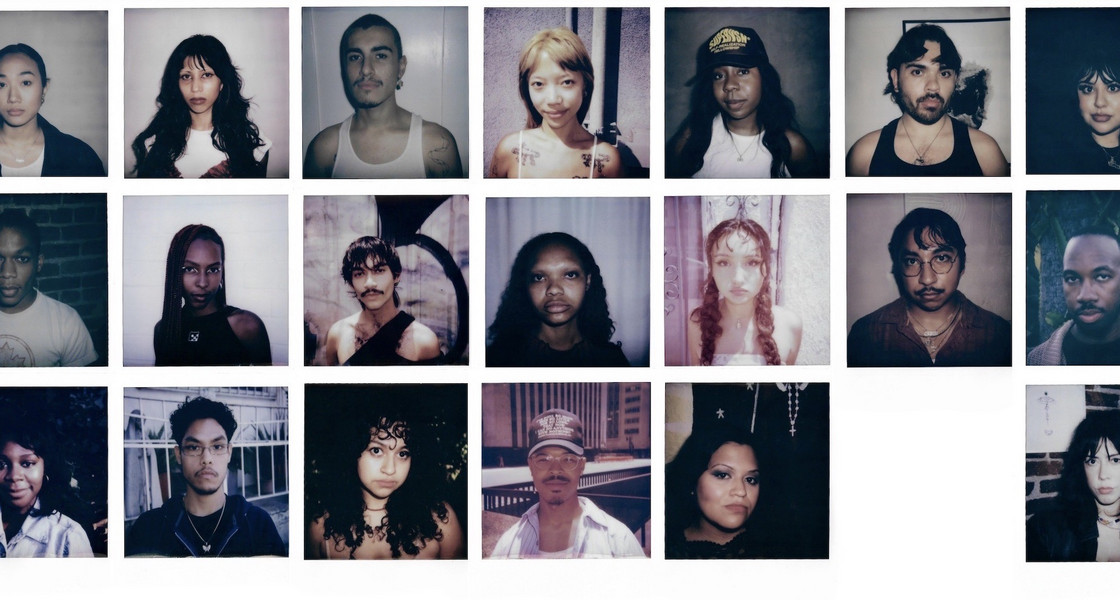
Although my journey of acknowledgment and confrontation is far from actualized, hearing others bare their vulnerabilities, anxieties, and understandings has been helpful–as I hope it is for you. After weeks of interviewing twenty 20-somethings around the Los Angeles area and capturing their portrait, one thing has stood out: we're more interconnected than we sometimes realize. In these interviews, where each individual ranges in age, class, sexuality, and race, the common thread is that we are all navigating our 20s, where each year feels like a lifetime of change and growth. And our existence and the existence of others do not live in a vacuum, though intermingling with one another, where anxieties and looming dread aren't abnormal but human.
Below are a collection of interviews by twenty 20-somethings attempting to make sense of the existential–where I hope their insight and discoveries elicit something within you.
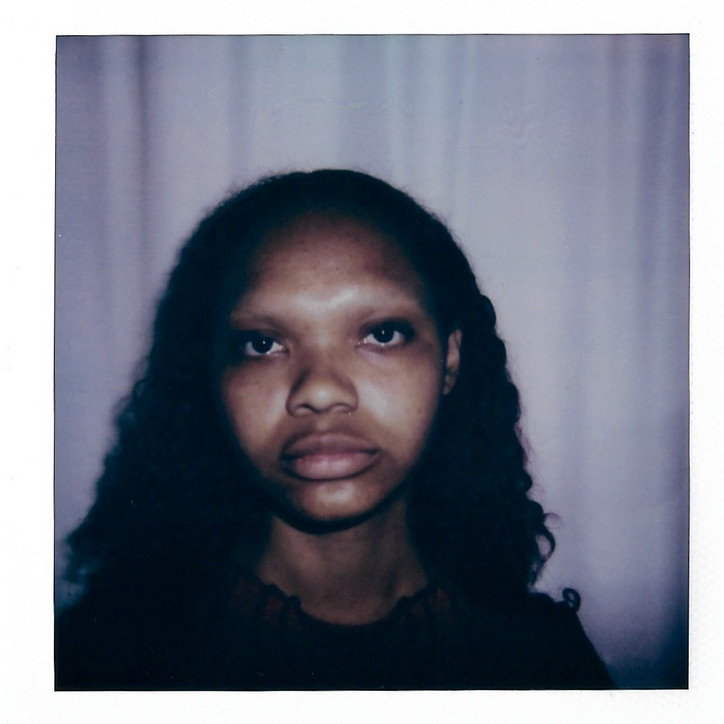
How often do you experience existential angst?
Every few months, I ask myself what's the point of working so hard with no results, and I want to give it all up.
How do you navigate those feelings?
I navigate those feelings by meditating, seeing my loved ones, and journaling always helps.
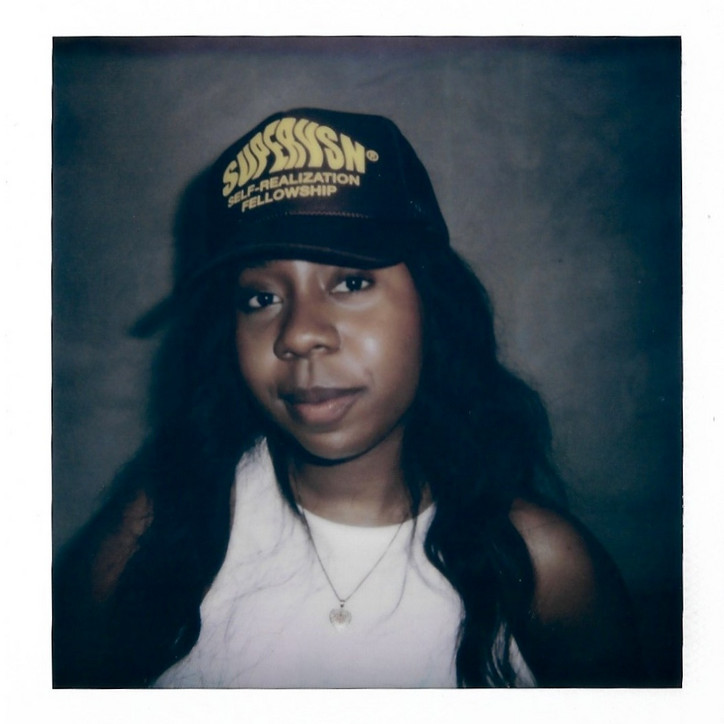
Kailyn Brown, 28
How often do you experience existential angst?
I wouldn’t say that I experience existential angst on a regular basis, but when it’s present, it’s present in a very real way.
How do you navigate those feelings?
I think it’s difficult to walk through life without questioning your life’s purpose and the overall meaning of why you’re here, to begin with. (I envy folks who don’t have these feelings.) That thought alone brings me anxiety but also excitement because I know that there’s something bigger than me at play. The thought of our inevitable death doesn’t scare me, but when I think about the people that I love dying — especially my elders — that brings me great anxiety and sadness to imagine life without them. Or even thinking about how my loved ones will feel about my passing. The fact that we have no idea when/how/where we’ll die is a wild thought to me, but I think I’d be even more anxious and probably paranoid if I knew those details.
The political climate, however, does bring me extreme anxiety, so I try not to think about it often though it’s difficult not to when it impacts your life. I’m worried about the direction we’re going in as a country and as a people overall, but I try my best to focus on the things that I can control because otherwise, I’d be a wreck. I work in media, so it can be easy to fall into a rabbit hole of all of the bad things happening in the world, so I have to be diligent about keeping a positive outlook on life/the world. My friends, family, faith, and my personal desire to leave a mark on this world helps me navigate this existential angst. I think it’s helped me to be delu-lu (delusional) at times and try to focus on the good/positive things in life.
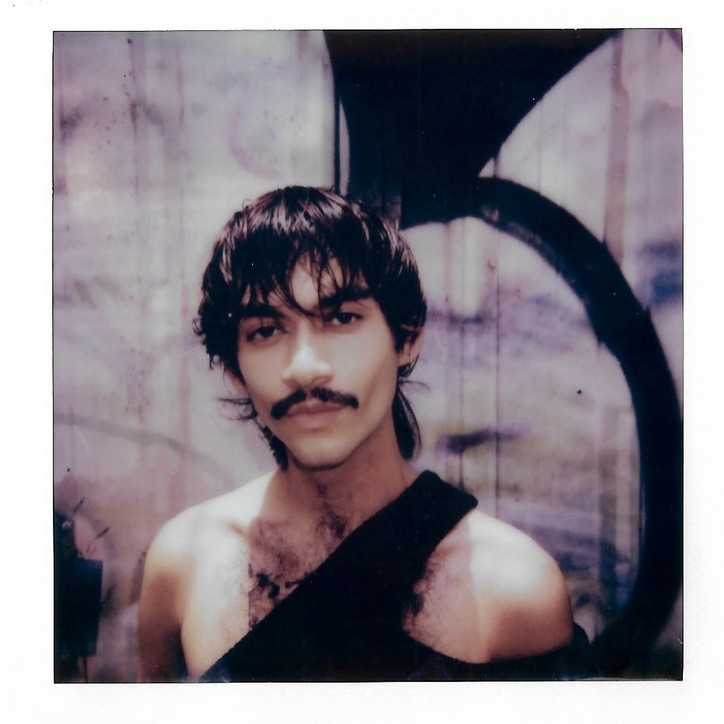
Jester Bulnes, 21
How often do you experience existential angst?
Sometimes I really don't experience that per se, but that would be a total lie because it is something that does cross my mind every now and then. The art program that I just had, I was thinking about it a little bit in the sense of “What am I doing with my life and with making art?” I was gone painting for a week, and I was like, “Holy shit, that's what I want to do.” I was starting to get into a little hole of “Why am I painting?” And “What’s my purpose?” There are bigger issues in the world, especially with our current climate, where everything is so polarized and crazy. It does make you wonder, “What is the point of it all?” So that is something that I think about every now and then, definitely not too frequently.
How do you navigate those feelings?
If I had a really bad day, or something more monumental was to shift my mood and make me more down, I might ponder that. I tend to snap out of that quickly because, again, I am reminded of my life and the things that I'm doing right now. I think given the way I grew up and was raised, things weren't what I wanted, versus now, where I’m in a place where I'm able to do what I want, and I do have a bit more freedom creatively. I'm able to live my life how I want to and become the queer person I want to be. It has allowed me to see what I want in the world, build my community of close friends, and have familial friendships. It also pulls me out of that mindset where I can't save the entire world but can do what I can within my circle and community. It's so corny, but living every day like it's my last. I have that mindset where I make my bed every day, and that's one task done. So if I didn't do anything that day, at least I made my bed, and that feels like I completed something.
Having been kicked out when I was 18, I've been on my own for X amount of time. It really enabled me to have my shit together. It almost feels like sometimes I can't have those bad days because I have to keep going. It’s wanting to be the best version of myself, so I can give back to those who are younger than me. I had a lot of mentors and other people who were older than me, took an interest in me, and guided me in some way, whether they are still in my life or not. One of the most fulfilling things is leaving an imprint on someone. That's something that I would like to do for other people in some way.
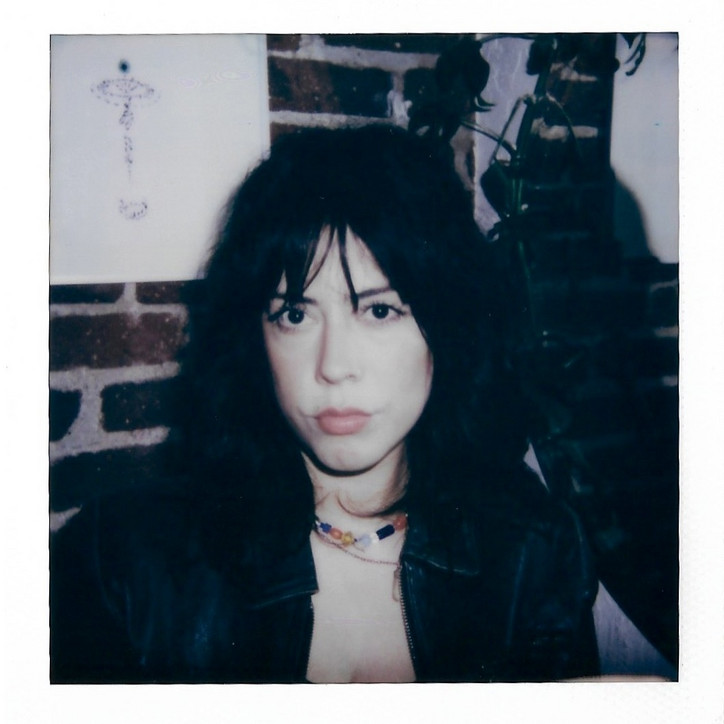
Kelley Camberos, 29
How often do you experience existential angst?
In a world that’s over-saturated with media, it's easy to become overwhelmed with existential anxieties and feelings of dread. I can’t help but feel bombarded by the mixed messages, the routine violence, and the capitalist value system that has me on a constant pursuit of consumption. I often find myself wondering if I’m doing enough, experiencing enough, or creating enough during my time in this body. I guess I’m always afraid of wasting my time. I think that existential anxiety is a natural feeling and mental process meant to guide us. I mean, it's healthy to question the point of it all and our purpose on the planet. While usually deeply unsettling, these feelings keep me grounded in what really matters and offer opportunities for realignment when I feel out of sync.
How do you navigate those feelings?
Sometimes when I really start to get in my head, I think of my mom. I think of her journey through life and how different it is from mine. How she’s navigated the world like a warrior, so tirelessly with so much baggage as a woman, mother, and immigrant. I reflect on how she doesn’t believe in anxiety and thinks of it as a social construct. This reminds me that I’m lucky to have the headspace to take on existential thoughts and feelings. It's proof I’m not in survival mode. I have the security to reflect, remembering that grounds me.
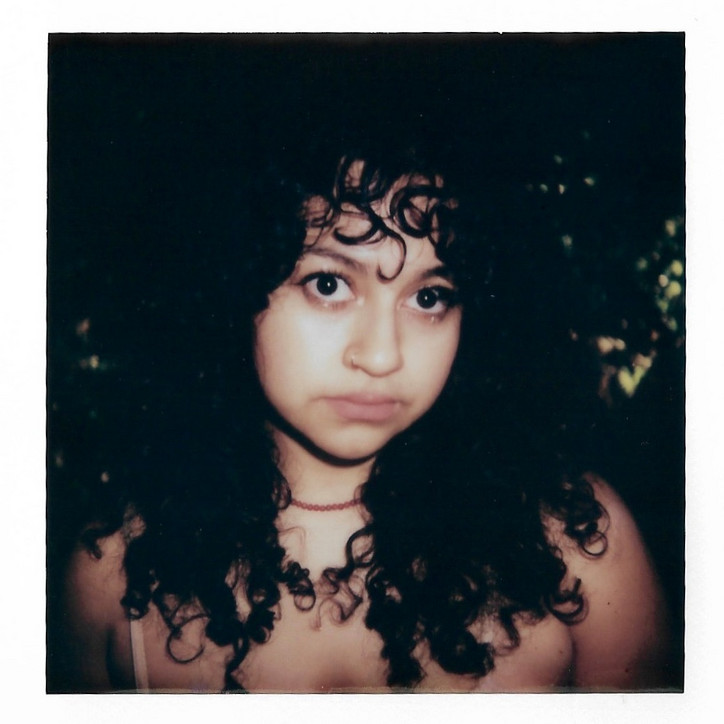
How often do you experience existential angst?
I experience existential angst once every other day. It used to be way more often when I had more time alone in my thoughts. Nowadays, I feel more robotic in my day to day. Having bills to pay sucks the life out of you, so I don't have time to ponder my existence or the meaning of life when the meaning at this moment feels like working to survive. I get too tired to think at the end of the day and spend time numbing my brain instead of doing anything productive. I only find myself out of the toxic cycle of working, surviving, and numbing when I remember my inevitable death. I think about how one day I will die, and what sucks more than being broke is knowing that I kept myself from making art and experiencing life because I was busy working and exhausting myself to "survive." Or worse, caring about how others will perceive my art or how I exist. Death has always been a motivator for me to do anything. I don't fear death; I fear not living a fulfilling life Im proud of. I tend to have paralyzing thoughts that keep me from doing anything. When I remember how temporary I am in this world, it helps me escape those thoughts. Nothing is that serious at the end of the day. People forget, move on, or overthink their own lives to even think about you for too long.
How do you navigate those feelings?
I navigate these feelings by creating, interacting, or being in nature. I won't last forever, but I'd like to leave a sprinkle of my existence. I don't need to be well known, but I want to know that I at least was able to impact those around me positively. I gave back to the Earth to some degree. I interacted with nature and became a voice for it. I created something that could move someone somewhere, even if just an inch. I said something that resonated with someone so much that it shifted their mindset just a bit. The knowledge of death, the realness of death, makes life worth living, so for that, I'm grateful for death. I don't think I'd feel as much as I do without it.
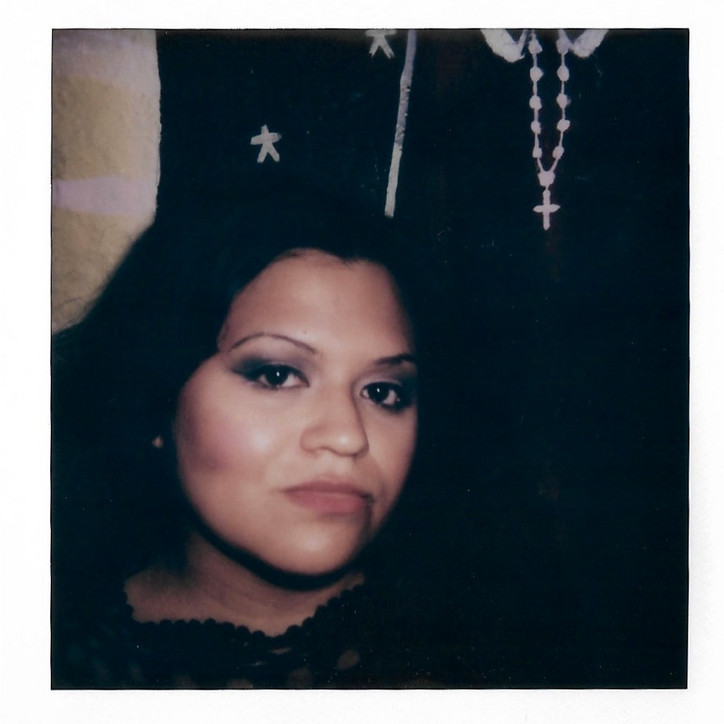
Jess Callejas, 27
How often do you experience existential angst?
I used to feel it every day until I learned to be better in tune with myself. All of my teen years up until my mid-twenties, I was a very angsty person. Now these days, it’s ever so often when those feelings arise, but when they do, they can last for weeks.
How do you navigate those feelings?
I definitely lean into any existential dread I’m feeling by amplifying it with music. When I was younger, I thought being existential meant putting on a 3-hour existentialist film and feeling it all but also feeling nothing. I think there’s a middle ground between all of that. Navigating your feelings is sort of a day-to-day thing, but I think for me, the best way to define something I can’t quite understand is by leaning into it, whether it be going on walks, calls, journaling, reading, or watching a film by myself. Romanticizing the ordinary is definitely one way to pull myself out of any funk I’m feeling.
In a way, I find peace in trying to navigate my life through some existential lens, it’s weird, but it helps me create a balance. It gives me a moment to check in with myself and say wait, why does any of this matter? Who is this for? None of this matters. If I like it, If I don’t? I should just do whatever it is I want without having to think of the anxieties of my own life. When dread becomes a crisis, that’s when I need to peel back and have open dialogue conversations with my friends who feel the same way. I think the worst thing you could do is avoid how you feel.

Markele Cullins, 28
How often do you experience existential angst?
I have existential angst every day. Literally every day. I'm in an everyday kind of phase, but it varies based on what's happening in my life. I was born with a lot of existential dread—just the nature of how my life has gone and continues to go.
How do you navigate those feelings?
Not to be super nerdy, but I navigate a lot of it by reading Audrey Lorde’s essay, The Erotic as Power. It's something I always think about. How could I not only exist but how can I thrive? As an earth sign, I struggle to feel emotion sometimes, or at least sit with them. So existential dread fucks me up. It's understanding when it's time to really sit with those feelings and when it's time to work through them. I've been trying to exercise. I had a moment a couple of months ago where I was feeling so much dread, and I literally didn't know what I could do to feel better. My friends were like, “Oh girl, we was exercising every day, we felt so good.” And I started running the next day. So just trying to figure out low-cost ways to make sure that my mind and my body are intact but also feel healthy. Honestly, it’s so fucking hard right now because the world is in shambles. Waking up today, this morning on Instagram, and seeing all the Supreme Court shit–thing after thing after thing. Roe vs. Wade being overturned just happened, and we're back again to more things being set back. So It's hard. Some days I just don't confront it, and I don't navigate it, and it overtakes me, and I think that's also fine.
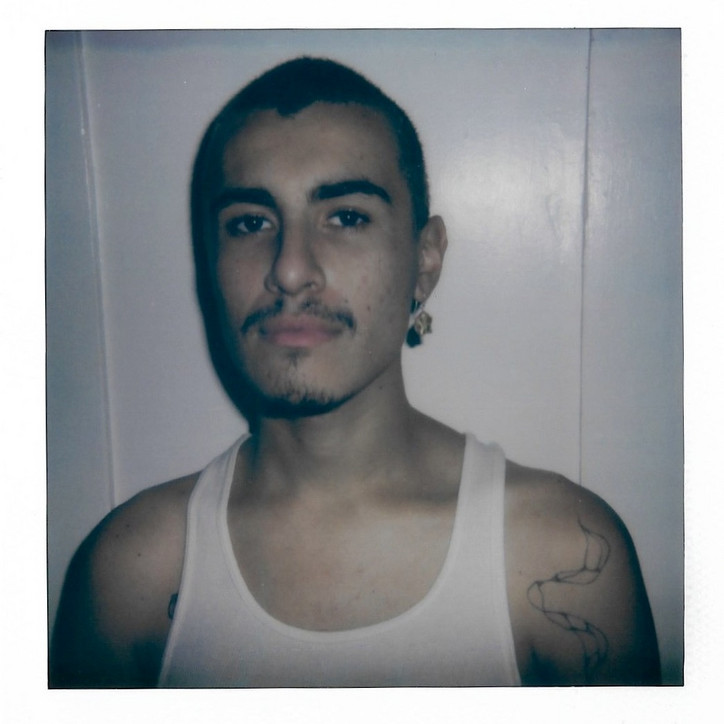
Ryan Fuller, 25
How often do you experience existential angst?
I think I most often experience existential angst at least once a week. More often, I question my existence in the world and how death can easily arise. My most daunting question to myself has always been…what is the point?
How do you navigate those feelings?
Take walks by myself with no music playing and just soak in the environment around me. I think it’s important for me to think alone to get through it. I do not think this always works, but lately, it has been for me.
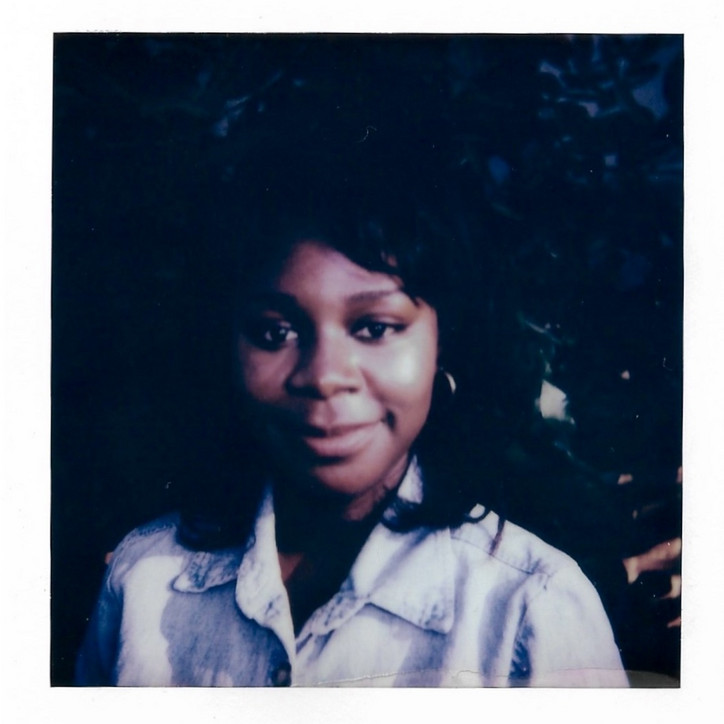
How often do you experience existential angst?
I think about existentialism daily, but I don't dread it or feel anxious daily about it. So when it comes to complete dread, maybe every couple of months, but that's usually prompted by something not going how I wanted it to go. It's not a mental timer that comes up, where it's like, “Time to dread existence.” It's more of an “Oh, I felt uncomfortable in that situation,” and now I exist in this [moment].
How do you navigate those feelings?
I lean on the arts a lot. I create something out of those feelings, so I write poems or draw- when I was younger, I would paint to make those feelings tangible. Now I'll start either reading autobiographies from artists or writers to understand how they dealt with those thoughts or how they just deal with how life unfolds for them. I'll go out to the dance floor. That's one thing that I have been finding a lot of soothing. Not even necessarily participating, just to see all these people in a space together and be guided by music and existing in this room, away from their day-to-day lives and seeing people inhibited enjoying themselves, and then I'm like, “Oh, this is a big part of what it means to feel alive,” these moments of communion. I also find purpose in working in arts organizations and facilitating projects that help people feel more at home within themselves and in the world through arts. It all makes me feel more intentional and present. Something bigger than myself takes care of and soothes me; in a way, it’s God. I find that through people, through music, through art, through experience.
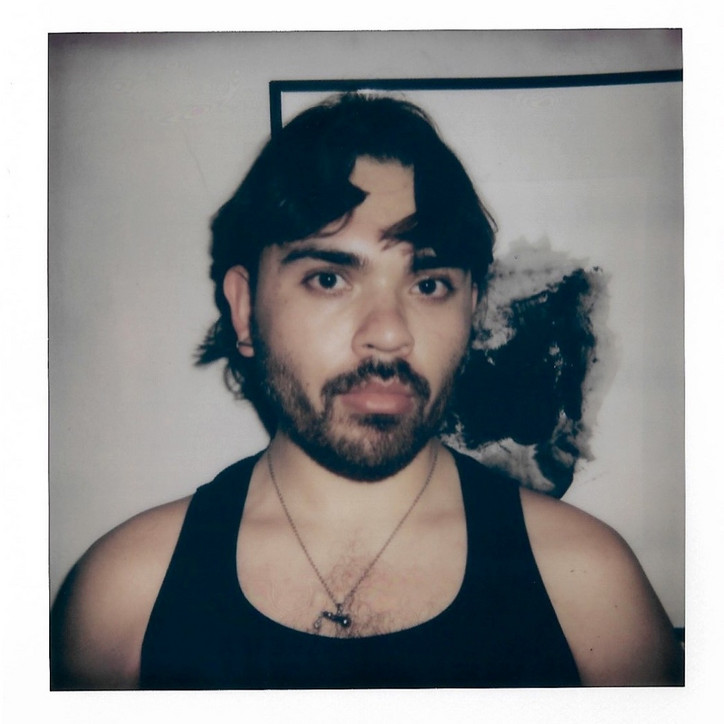
How often do you experience existential angst?
Lately, every night. When I start unwinding while lying in bed, reflecting, and sitting with my thoughts, that’s when it overcomes me.
How do you navigate those feelings?
I used to numb the thoughts of existentialism and associated feelings with copious amounts of weed/ other drugs, where I’d inevitably fall asleep day in and day out. As I continue to age, I try not to mask feelings of anxiety with anything but confrontation. But it's easier said than done. You’d think as a writer, I’d have a journal where I pen every thought and emotion, but unfortunately, that isn't the case. My form of internal confrontation and acknowledgment is sitting; sometimes, if god willing, I meditate and understand these feelings aren't singular or only affecting me. My growth has been recognizing that these feelings interconnect all angsty 20-somethings and that life is as meaningful and purposeful as you make it. And knowing you aren't alone.
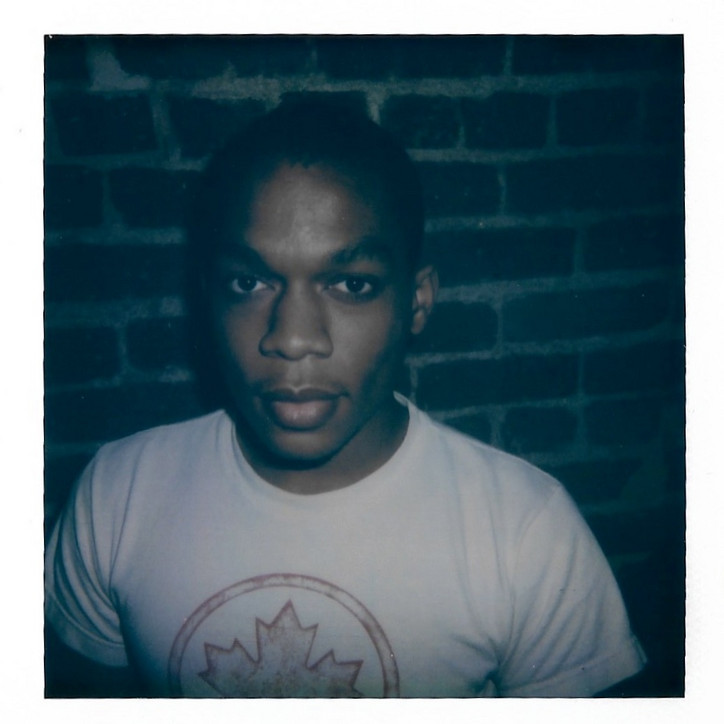
Justin Jackson, 26
How often do you experience existential angst?
When I was younger definitely on a daily. I think as a child and mourning a death so close to me, a maternal one at that, it shifted something inside of me and cast a distant shadow-like depression without fully realizing it until I got older. I definitely experienced it for 10 years consecutively; it was during that time of mourning and just not understanding. As I’ve gotten older, it’s subsided, and it feels less as often and as intense, but I do have my moments maybe once a month where I’m kind of on pause, grappling with existence in general.
How do you navigate those feelings?
Knowing that I was put here at this time for a reason helps me navigate any indifference I feel. I truly do believe everything happens for a reason, and this life we have, truly bizarre as it may be, is uniquely ours. Knowing every day I strive for freedom in all avenues of my life, be it spiritually/mentally/emotionally/physically, is a starting point. There’s so much to be done, and finding what it is that I feel guided by helps navigate that on a daily, being a vessel for those who are no longer here too. Friends and strangers who guide me on my path and illuminate so much I don’t see at times aid in that, too, just to be more tender with myself.
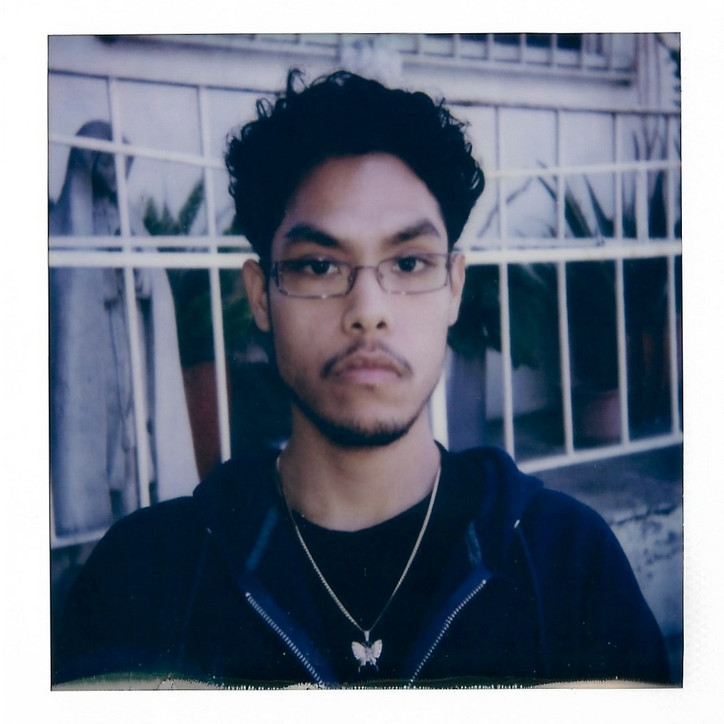
Gabriel Lopez, 21
How often do you experience existential angst?
I experience it every day.
How do you navigate those feelings?
There isn’t a quick fix to escaping that feeling. When I'm in the thick of it, I remind myself to ride it out because it’s going to come up whether I like it or not. Because of what I’m going through in my life right now, especially just turning 21, I feel an immense amount of pressure (mainly coming from myself) to start being serious about my life. The more I start to think about my future, as much as I want to control it and complete certain things at certain moments of my life, I realize that’s impossible. Life is constantly changing day by day. What I may want in a year might not be what I truly desire in a year. Or what I want may not be what’s right for me.
Our fate is out of our control, but the way we react to it is within our control. When I experience anxiety, I allow myself to feel it and recognize it for what it is, which is anxiety. At the moment, it’s hard to remind yourself, “Oh, you’re going to be fine. You don’t need to figure your life out right now.”. It’s a lot easier said than done. But I move forward by going with the flow and being patient with myself. No matter where life takes me, I want to be happy. I want to feel content with myself and the people around me. I want to stay proud of myself for continuing to live despite how confusing life is. And most importantly, I want to continue creating from the heart.

Megan Morales, 22
How often do you experience existential angst?
More often than I like to admit.
How do you navigate those feelings?
I listen to podcasts a lot, and someone like Alan Watts makes me feel less anxious about things.
Being still and talking to myself about these issues relaxes my body and mind therefore, I have the capacity to think and feel out my emotions until I arrive at an answer. It’s a long process with myself, but once I can finally understand them, I get to have conversations with others who relate.
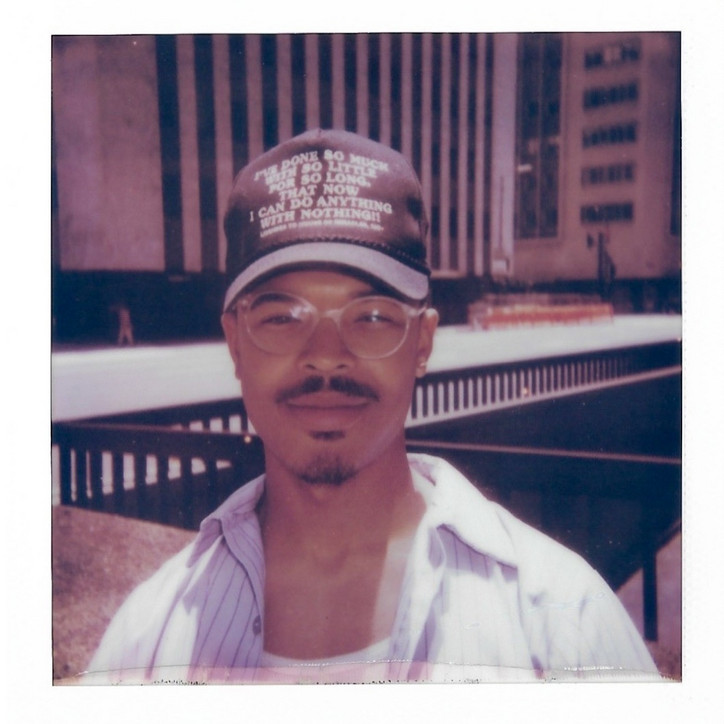
Cairo Pertum, 26
How often do you experience existential angst?
I experience existential angst frequently. I suppose it comes with the territory of being in an “in-between” space in age. Halfway through my 20s and onto my 30s. There’s a bit of societal pressure and urgency that comes along with reaching 30, and that - coupled with my own natural feelings of inadequacy, can leave me with a certain hopelessness and helplessness. I tend to usually reflect on my younger years with a sense of dread, feeling that I’ve left a lot of things unfinished, with endeavors that I never got around to pursuing.
How do you navigate those feelings?
In navigating these feelings, the best thing I can do for myself is consider my peers and tell myself that this is a natural progression that comes with reaching another chapter of adulthood. Most everyone my age feels similarly, and it’s all a matter of perspective. I have every right to choose to look at things from a different angle. Without these feelings, at this specific moment in time, I may not ever get around to changing the way I think or pursue things in life. These years could very well serve as a catalyst for change as I move into a new horizon. Gratitude is so essential to well-being in these pivotal moments as well, and it’s important to remind myself of that.
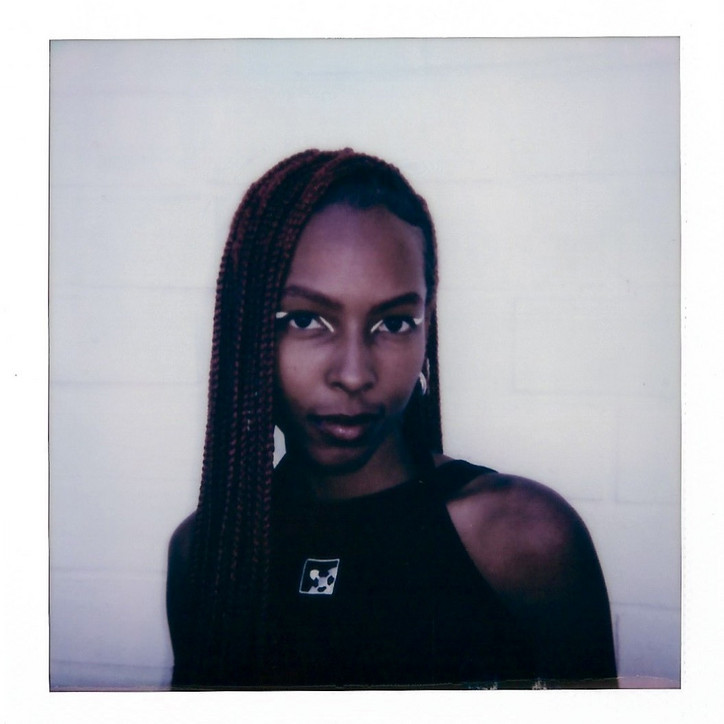
Tatiana Roache, 29
How often do you experience existential angst?
I often think about the greater meaning behind why we are here. I find that as I’m exposed to more information and the American capitalism bubble continues to grow, the veil of the hamster wheel rat race is completely exposed. Especially working in the entertainment industry.
How do you navigate those feelings?
I’ve turned to spirituality to keep me grounded. My consistent prayer is for God to use me as a vessel. Whatever my reason for being here, I want to see that mission through. Touching the lives, I am meant to, or being of service to the people I am meant to help are the goals and milestones that keep me from freaking out about the unknown. No matter what happens tomorrow, I know I’ve aligned myself with a purpose greater than my own, and that brings me peace.
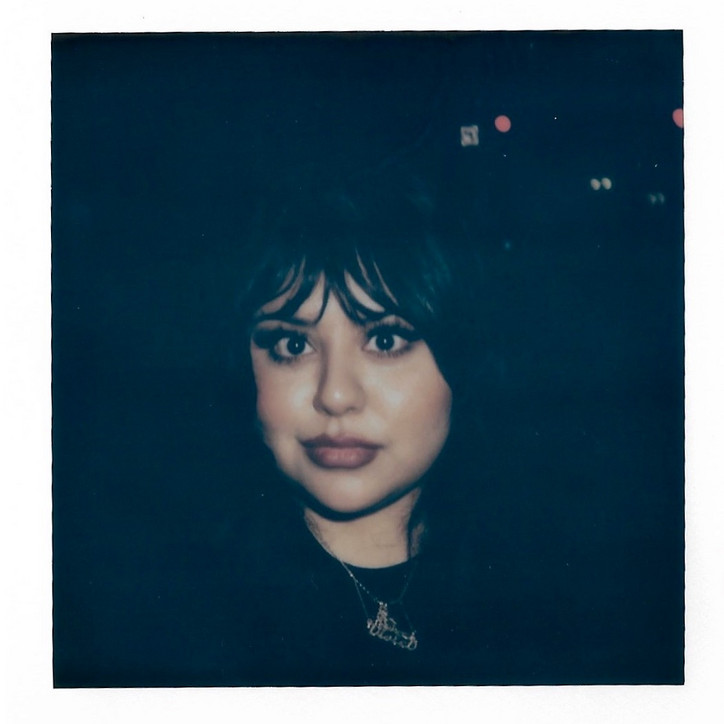
How often do you experience existential angst?
I’d say a minimum of 5 times a week or so. I work closely with a lot of people navigating through life after years of incarceration. Hearing stories about their upbringing in LA and seeing them adjust to society again really makes me question what we consider freedom. It’s also led me to think about what’s a non-materialistic purpose or goal to achieve in this lifetime. Everyone has different answers, and I’ve yet to find mine.
How do you navigate those feelings?
I think we’re all deep in the unknown, I find solace in that. I personally had a bad habit of compartmentalizing existentialism to navigate through my day. Now I journal my shadow work. Shadow work is working with your unconscious mind to uncover the parts of yourself that you repress and hide from yourself. There are parts of existentialism that we avoid because it brings out something we deeply fear, like being alone, a loss of control, or being unable to stop the inevitable. Solving those questions within yourself, like why you’re afraid not to have control, leads to past traumas or experiences that your body has repressed. Providing attention to those issues really helps you solve the bigger picture; so far, it’s helped me feel comfortable with the bigger picture.
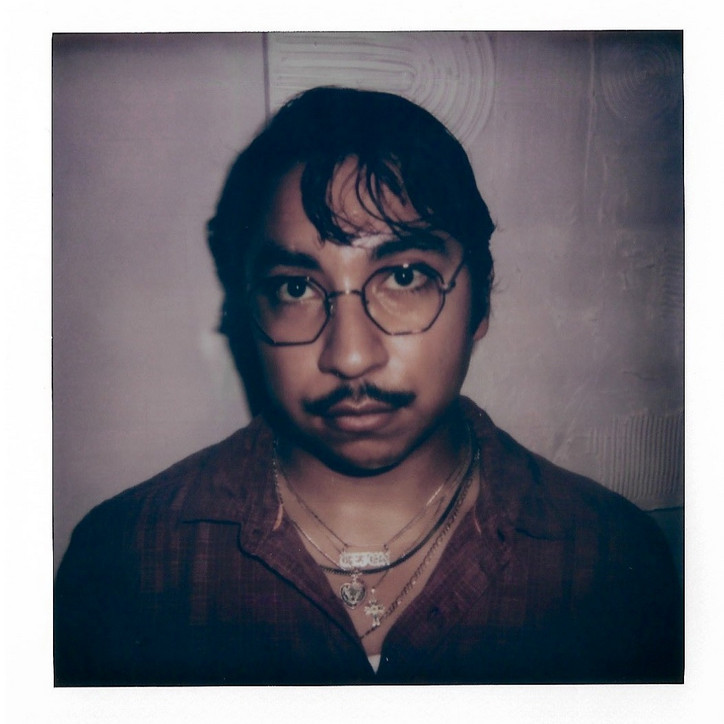
How often do you experience existential angst?
I experience existential angst during low periods of creative inactivity. Angst, in my opinion, amplifies the feeling of limitless uncertainty— the inability to see what is to come in your life, a dead end that fades to black in your mind and leaves you wondering in the ether of life. To combat that feeling of untethered uncertainty, I learned how to express my desires and feeling through fiber arts (knit and crochet) and writing.
How do you navigate those feelings?
Because angst lives in the ether of intangibility within my mind, I ultimately ground myself in tangible to sedate the angst. To combat that feeling of untethered uncertainty, I learned how to express my desires and feeling through fiber arts (knit and crochet) as well as writing. These mediums of self-expression allowed me to create extensions of my emotion outside of myself, transmitting the energy of my angst into the work that I have desired to create.
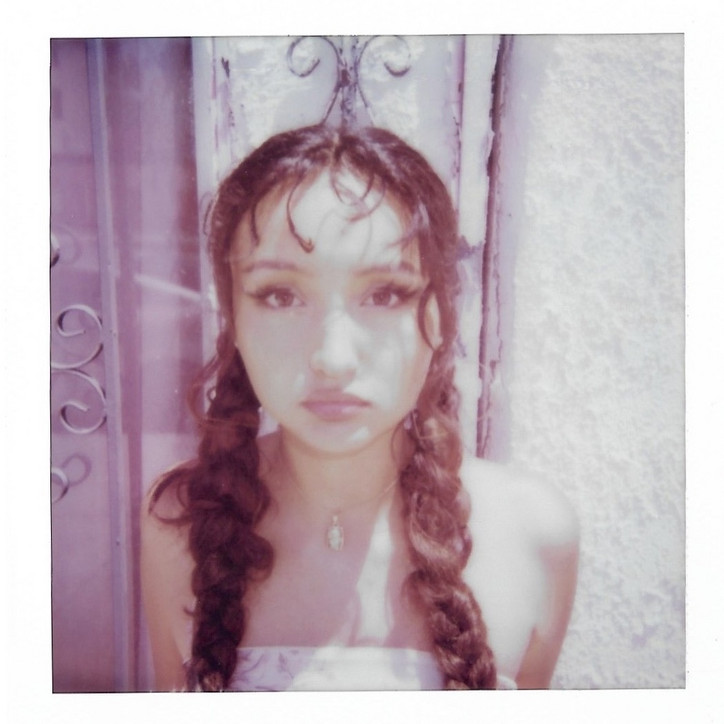
Ívy Velazquez, 21
How often do you experience existential angst?
It comes in periods. Maybe one week, I've noticed that I'm very existential, where I’m questioning things nonstop, slowing down. Then the next week, just be super motivated, not thinking and just doing, creating and hustling more, and not being so existential. Not Saying that being existential is completely negative, but sometimes it can take you into a dark rabbit hole. So, I would say every other week– it comes in waves.
How do you navigate those feelings?
What keeps me going is my art/creating, the inspiration from my family's lineage, history, and journey of coming to the US from Mexico for a better life, and just appreciating the fun, small things in life that I cherish and romanticize. Then it’s just a matter of surviving; living under capitalism, we have to make money in order to survive, so it feels like I have no other choice but to keep going even when I wish I could pause. But then there'll be times when I get really unmotivated with my art and don’t have that spark/intention that I usually have with me or motivation to keep going. It may be an ADHD thing since I’m very forgetful and forget/lose my intentions a lot, or it can be an insecurity thing, making it feel pointless. It’s a “What is the point of this,” “I don’t want to be perceived,” and “Where am I going with this once I complete what I want, then what?” “Why am I even doing my art,” which I think is important [to confront and question]. That happens often subconsciously, and then the motivation fades away.
I'm learning more about myself, about cognitive behavioral thoughts, teaching me that your negative thoughts are not always true. Now I'm just trying to be more aware of my thoughts, seeing it from a third-person perspective. It's hard sometimes, and sometimes it's easy to believe, letting it alter and distort your reality and perspective on life, and then you forget your positive intentions and motivations, but I'd say just take a step back and look at where these thoughts are coming from and acknowledge that. I'm still learning and still have trouble with it, and I really don't have the perfect solution. It is difficult not to be so pessimistic, especially with all the crazy things happening in our world, but what I want is to have more optimism and keep that curiosity in me that my inner child holds. What helps me that I've noticed is going through my photos of memories of my experiences with my loved ones and my art, or going through my Ig story archives since I document the things that bring humor & moments that I cherish in life through that. I love documenting the small things and details I cherish/find interesting in life, so going through that brings me back to that self-love, reminding me of all the cool and fun things that I’ve been doing, all the amazing people that surround me and that have inspired me, and remembering that it’s a privilege to be from Los Angeles even though it can be crazy, especially growing up here. It’s a good reminder for me that you take control of how you create and perceive your life/human experience, and even if you start to get existential at times and feel things are really nothing and pointless, or not might as well just observe, enjoy, & have fun with it (if it’s pessimistic then express it through something you enjoy).
I get really anxious when I start overthinking. And I have pressure on me to the point where I get scattered thoughts and can't continue what I'm doing. There will be weeks where I'm super productive, and there'll be weeks where I'm existential, reflecting more. Now I'm learning to use that as inspiration for my art instead of having it boil me with anxiety– transmuting and expressing that energy, whether good or bad, into creating a lot of my artwork. I go into hibernation mode for a period of time and then creation mode. The art I’ve been doing lately has been for other people, it’s more structured, and I’m blessed and thankful for the opportunity, but I want to tap back into making art from that energy for myself because that’s when I find meaning through no meaning. I know a lot of artists feel the same way.

Amber Zarate, 29
How often do you experience existential angst?
I have experienced it every day since my father passed away when I was five. I was confronted with that immediately after I became conscious of how I was five years old and realized that I could watch SpongeBob but also experience having to go to a funeral the next day. It was very eye-opening. So, I've experienced it and thought about it every day. And I think it's made me who I am.
How do you navigate those feelings?
Everything I do is rooted in wanting a deeper understanding of what's next. But there's no tangible answer yet. I'm constantly searching, whether it's through art, books, films, friendships, freelance modeling, you know, I do all of these things to experience different views on what I'm here for because I learned when at such a young age, it's so fragile.
From day to day, I journal, and I smoke weed every day, which I acknowledge isn’t the best, but that really helps. Music is my biggest escapism, being able to relate to songs, and it's so accessible to you; I could just open Spotify, and it's just as good as taking a drag of a cigarette. I'll listen to music, and I read a lot. If I can't do that, and it's not hot enough, I hike a lot alone. I hike on the trail adjacent to where my father passed away, on the street, because he passed away in a drunk driving accident. So on that street, there's a trail that leads to deeper trails, and that's where I always start. It's just the way I could deeper connect to him and those emotions that were brought up during his death, and how those make me question life and how I can confront it immediately or not so immediately.
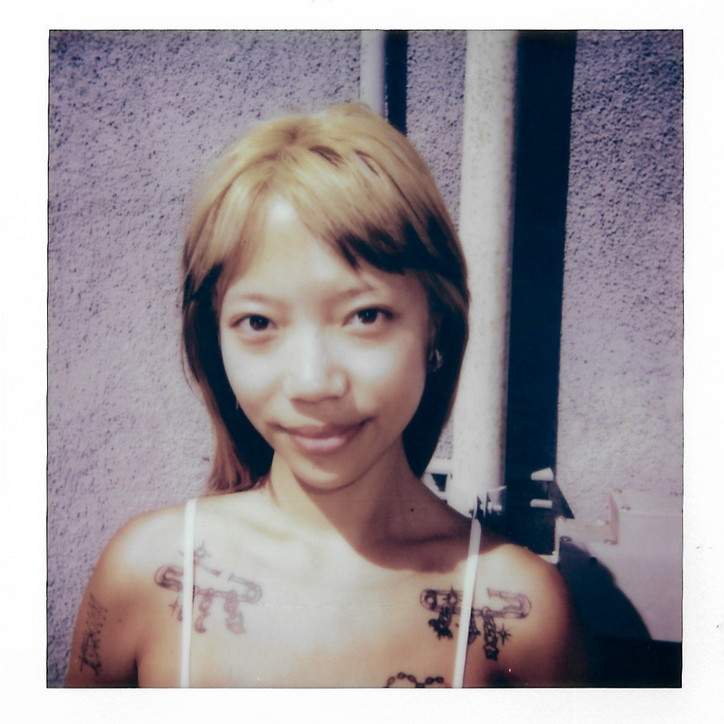
Lizzie Zhang, 24
How often do you experience existential angst?
I experience existential angst pretty frequently. But I have also pretty distinctly gone through different phases of holding it in different ways. Right now, I'm in a good moment with it, where it just feels like an annoying kid at the park that I'm kind of hanging out with, and we're playing tag. It's like, “Alright, you again?
How do you navigate those feelings?
It's learning to sit with it and knowing it's very normal. This is what connects you to your community. This is what connects you to your closest friends. This is what makes you a better friend. This is what makes you a person who can relate to others in deeper ways. In the deeper ways that you've always wanted to be able to connect with others. Also, it so clearly exists in tandem with what I love to do—exploring that and how to bring the existential dread of it all through me and my art. I feel like I'm in a playful moment with existential dread.
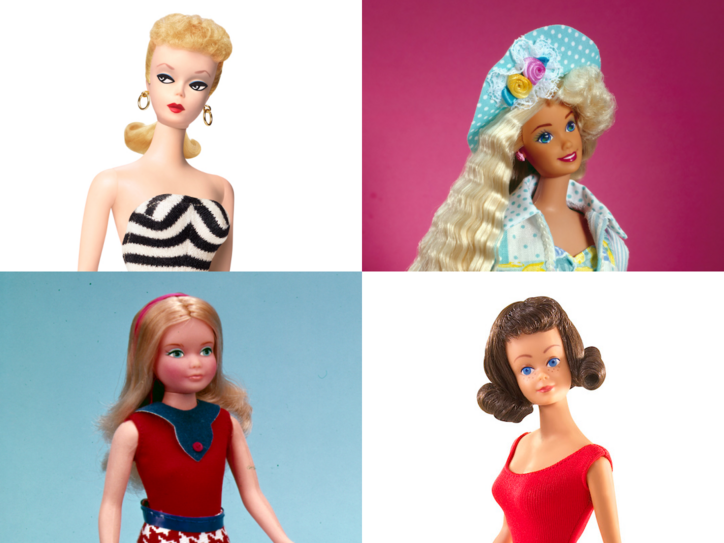
After watching the dreamlike blockbuster on the big screen, many audiences were introduced to some of Barbie’s most controversial dolls from decades past. Stereotypical Barbie and Ken are supported on-screen by forgotten dolls through history, in an effort to pay homage to the brand’s legacy — both good and bad. But does controversial always have to mean inherently “bad?” Perhaps some Barbies are just misunderstood.
It’s possible that some were ahead of their time. As Barbie is marketed towards primarily a young demographic, maybe some were targeted more toward children’s parents than the kids themselves. Either way, there’s much more to Barbie than perfectly blown-out blonde tresses and mini runway-ready get-ups. Some Barbies, like their human counterparts, are just a little weird.
In true office fashion, we have to recognize the Barbies that didn’t quite fit in. Introducing, the outsiders:
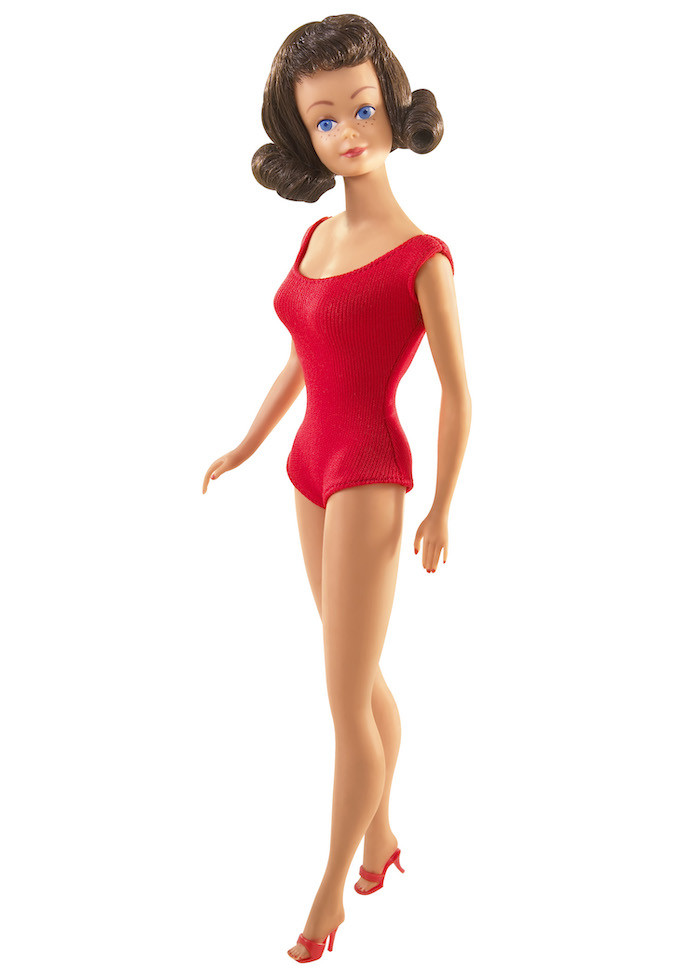
Midge
Let’s start with Midge — because, well, when speaking of Barbie and controversy, Midge may take the number one spot. Introduced in 1963, her full government name is Margaret Hadley Sherwood and she’s Barbie’s ride-or-die best friend. But, as mentioned previously, not every Barbie embraces maximalist hot-pink clothing and voluminous bouncy hair. Midge was launched as Barbie’s more relatable, down-to-earth foil, and when she first hit the shelves she was not pregnant. She was later reintroduced in the early 2000s with a detachable pregnant stomach that was aimed to educate children about parenthood and babies. And people had lots to say about it. Parents began to raise concerns about promoting teen pregnancy to their children and Midge’s production halted in 2002. Though I do believe Midge and her consequences were probably not fully considered before her release, it’s only fair to point out that more widely embraced “baby dolls” pretty much signify the same things that Midge does. And if you watched the Barbie movie in theaters, then you know Midge stood in as comedic relief for both her fellow cast mates and audiences. I found it a little dehumanizing that the pregnant lady became the butt of the joke, but at the end of the day…she’s not a human, she’s a doll. If Midge’s cheeky inclusion in the film demonstrates Mattel accepting its mistakes and reframing the narrative regarding its intentions, then I guess laughing our way out of it is the best way to do so.
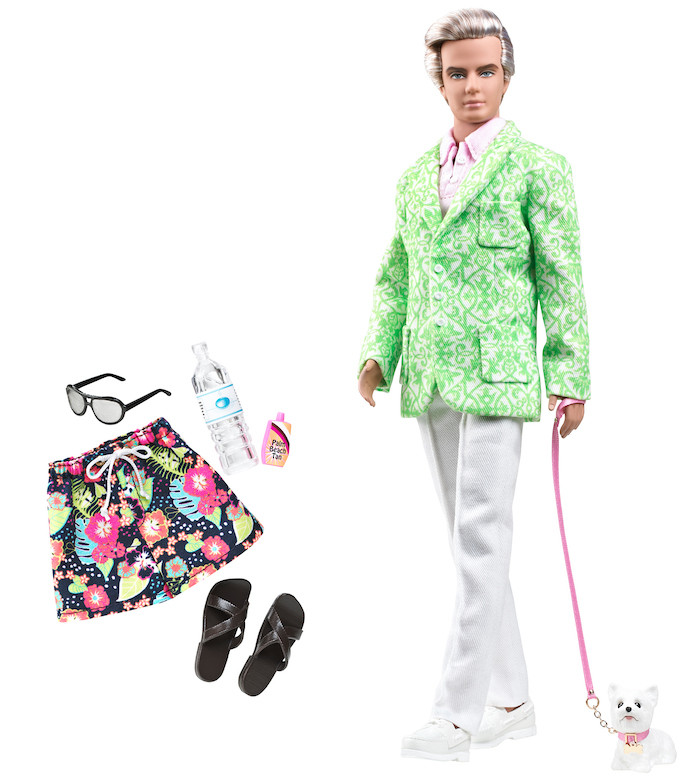
Sugar Daddy Ken
Oh, Sugar Daddy Ken. You surely were born in the wrong era. He was fashionable, he was chic, and he definitely knew how to have a good time. To set the record straight, Sugar Daddy Ken is nobody’s piggy bank. He’s just Sugar’s Daddy. Sugar, the cute West Highland Terrier, of course. Sugar Daddy Ken was created in 2009 as an homage to colorpop infused Palm Beach style. He displayed a neon green patterned sports coat atop a crisp pink button down with white slacks, and everywhere that he went his pint-sized puppy friend followed behind on leash. He experienced a short-lived three years on sale before he was shelved — and if I had to guess, I’d say his subversive name most likely bore the weight of that decision. Sugar Daddy Ken would probably do numbers now, so who knows if this is the last we see of him.
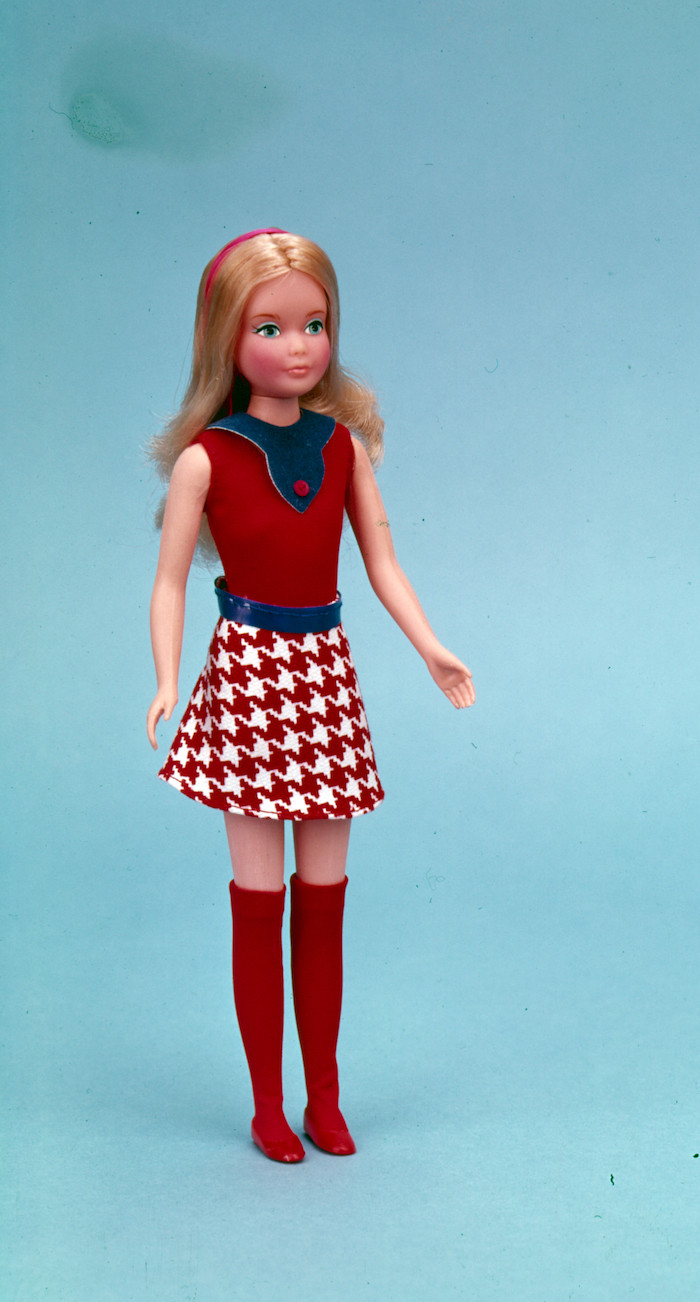
Growing Up Skipper
Stereotypical Barbie seemed to have it all figured out. We never saw her in her awkward stages because she had already navigated them with ease. But her younger sister, Skipper, didn’t have it so simple. Skipper first debuted in 1964, but after a few years in circulation, it didn’t really make sense that the youthful doll hadn’t grown up at all. So in 1975, Mattel created a Skipper doll that had the ability to mature in real-time: Growing Up Skipper. With a swift rotation of her left arm, kids could instantly watch as Skipper grew from a child to a teenager, signified by longer legs and larger breasts. I don’t have much to say in defense of this one. Maybe Growing Up Skipper made more sense on paper, but it’s just outlandish to try to prematurely teach children about puberty when they probably can’t even comprehend it. Let alone teach them that it can all be spurred instantaneously by twisting one’s arm. Growing Up Skipper only lasted until 1976, until she resurfaced once more to cameo in the Barbie movie as well.
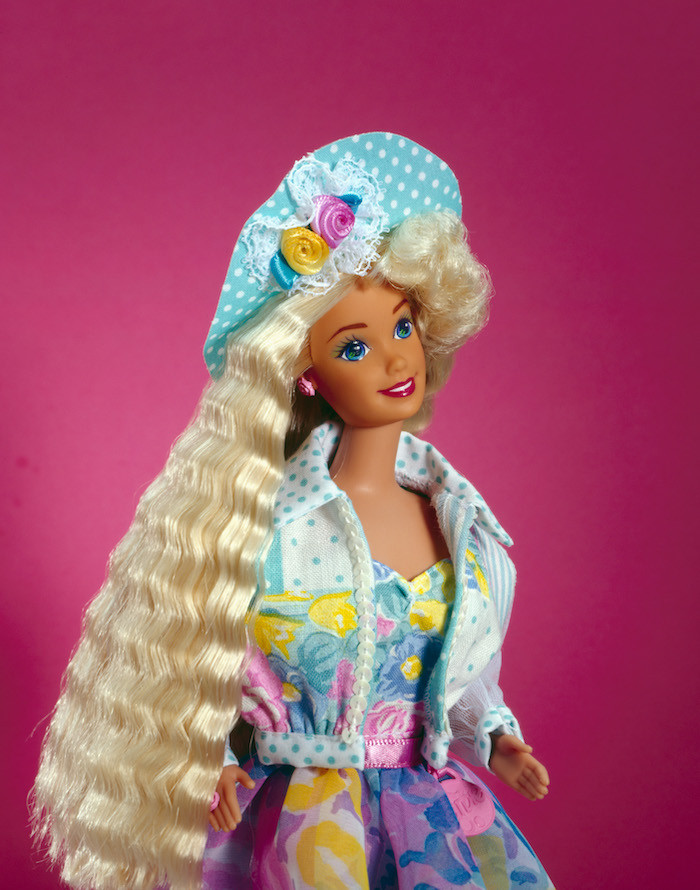
Teen Talk Barbie
In 1992, Teen Talk Barbie hit the scene. She was different than her predecessors because she fulfilled a wish that kids had been hoping for since Barbie's inception — she could talk! With technology on the rise in the early 90s due to the growing popularity of cellphones, Mattel possessed a new horizon of opportunity to grant to the Barbie world. Teen Talk Barbie came with a pre-programmed voice box that had the ability to spew out four distinct phrases from a 270-phrase catalog. Each specific Teen Talk Barbie came predetermined with its specific four phrases. While many shared sentiments about fashion or career aspirations, some of the dolls spoke the sentence, “Math class is tough,” which didn’t fare well with the general public, specifically educators. Audiences shamed Mattel for even alluding to the fact that math is not a natural or “easy” undertaking for women, and the company quickly removed the phrase from the doll’s library. Let’s be real. Math can be really tough — whether you’re a woman or not! But Teen Talk Barbie doesn’t need to degrade herself like that. I bet she ended up acing her math test and making it home in time to pick out her outfit for a Barbie soiree anyway.
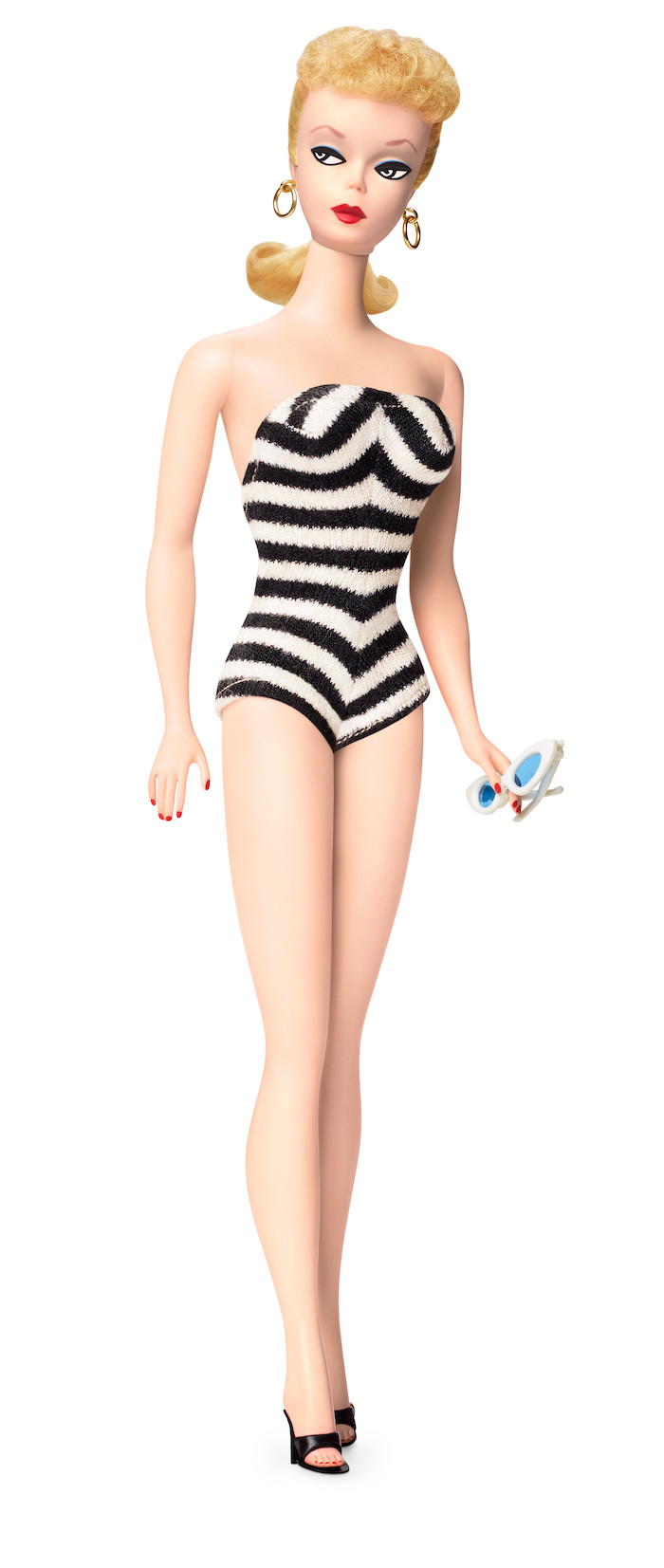
Sports Illustrated Swimsuit Barbie
Barbie has blazed a trail for what real women can become — and, in this case, vice versa. So why can’t Barbie grace the cover of Sports Illustrated too? This Barbie doll was originally created in 1959 but was repackaged and circulated in 2014 as SI Barbie. She spurred an outroar within consumers that believed the doll was “inappropriate” and further pushed unattainable body standards on women and girls worldwide. Sure, it’s a little strange to mimic a children’s toy after a supermodel, but it’s possible that Sports Illustrated Swimsuit Barbie was a role model to many. Like the many iconic Sports Illustrated cover girls and supermodels that shattered barriers in their respective industries — Tyra Banks, Heidi Klum, and even Kathy Ireland, who was photographed for a cover while pregnant — perhaps Sports Illustrated Swimsuit Barbie was an empowering symbol of reclaiming our beauty and presenting it on our own terms.
Totally Stylin’ Tattoos Barbie
And last, but definitely not least, we are graced by the presence of Totally Stylin’ Tattoos Barbie. In 2009, the iconic Barbie doll celebrated her 50th birthday, so to commemorate the day with a bang, Mattel released Totally Stylin’ Tattoos Barbie, a doll that could be inked up in exclusive stickers. This was, unsurprisingly, not a hit with parents around the world. Not only did TST Barbie come with sticker tattoos in different designs and shapes, but she also came with a mini plastic “tattoo gun,” so children could customize her themselves. This time Mattel didn’t fold so quickly — they actually released multiple other iterations of tattooed Barbies in the coming years. I remember multiple other 90s and early-2000s era toys that were infused with similar sentiments, such as Doodle Bears or just temporary tattoos, so Barbie wasn’t the first to experiment with this theme. Now, tattoos definitely carry less of a stigma, so maybe Totally Stylin’ Tattoos Barbie would be less taboo in today’s world.
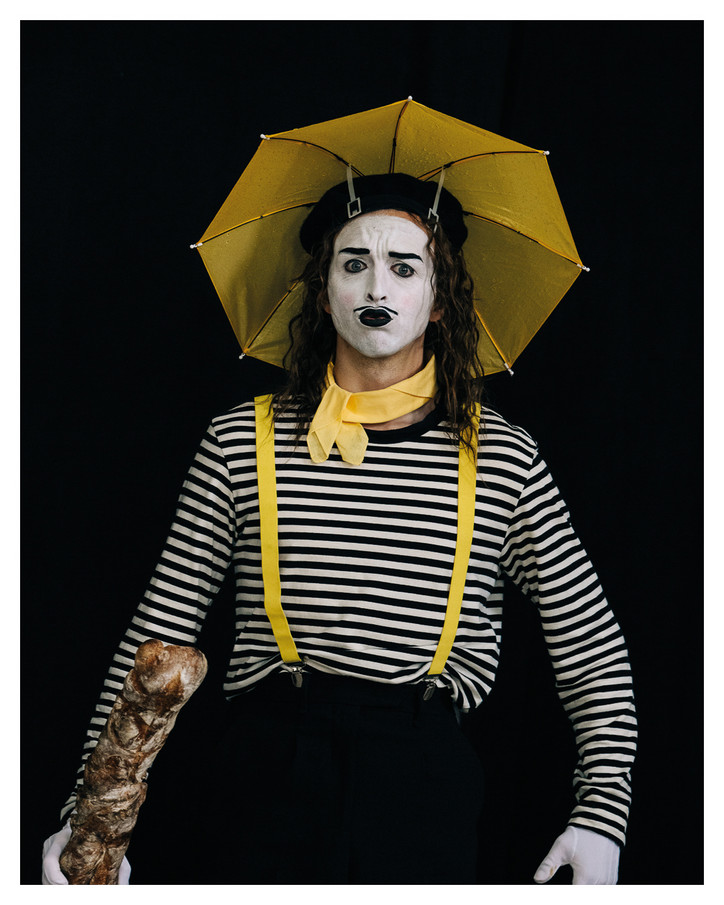
"When I launched Beinghunted. in 2001, I had already envisioned it to become an archive or compendium for design, art, collectibles — and the people behind the projects. I started a series of portraits on folks who were embarking on their own endeavors around the same time, such as Hiroki Nakamura from Visvim, photographer Peter Sutherland, or Edison Chen from CLOT,” says Founder of Beinghunted. Jörg Haas.
“And now, starting with Paris Fashion Week, we have further developed this idea with 'A Class Of _' to capture and connect people, our contemporaries, whom we have known for years or have just met. Some of them are famous, while others work more behind the scenes. In the future, we aim to make it even more interactive, allowing people to leave notes and comments for their friends, just like in a classic yearbook."
